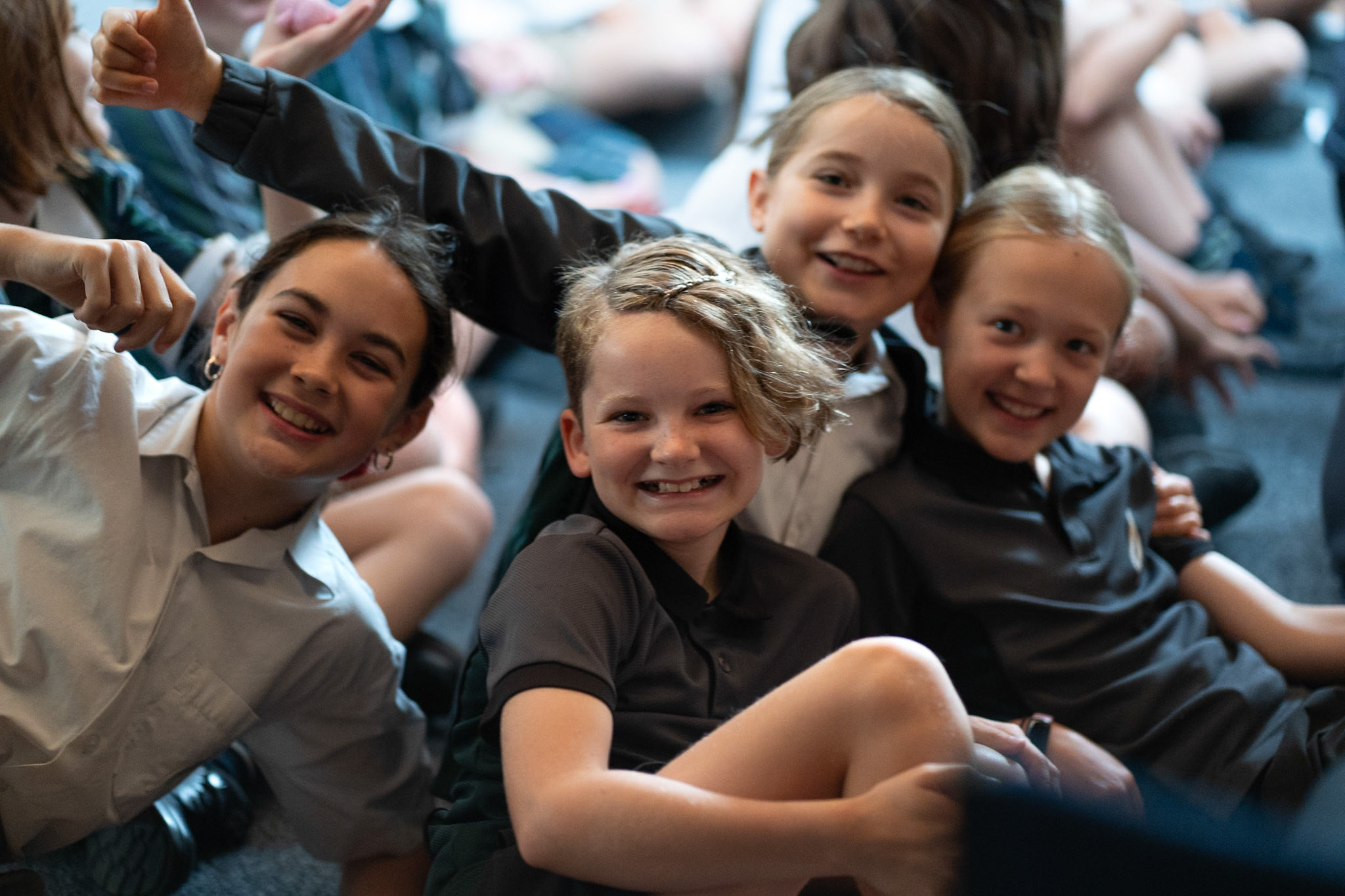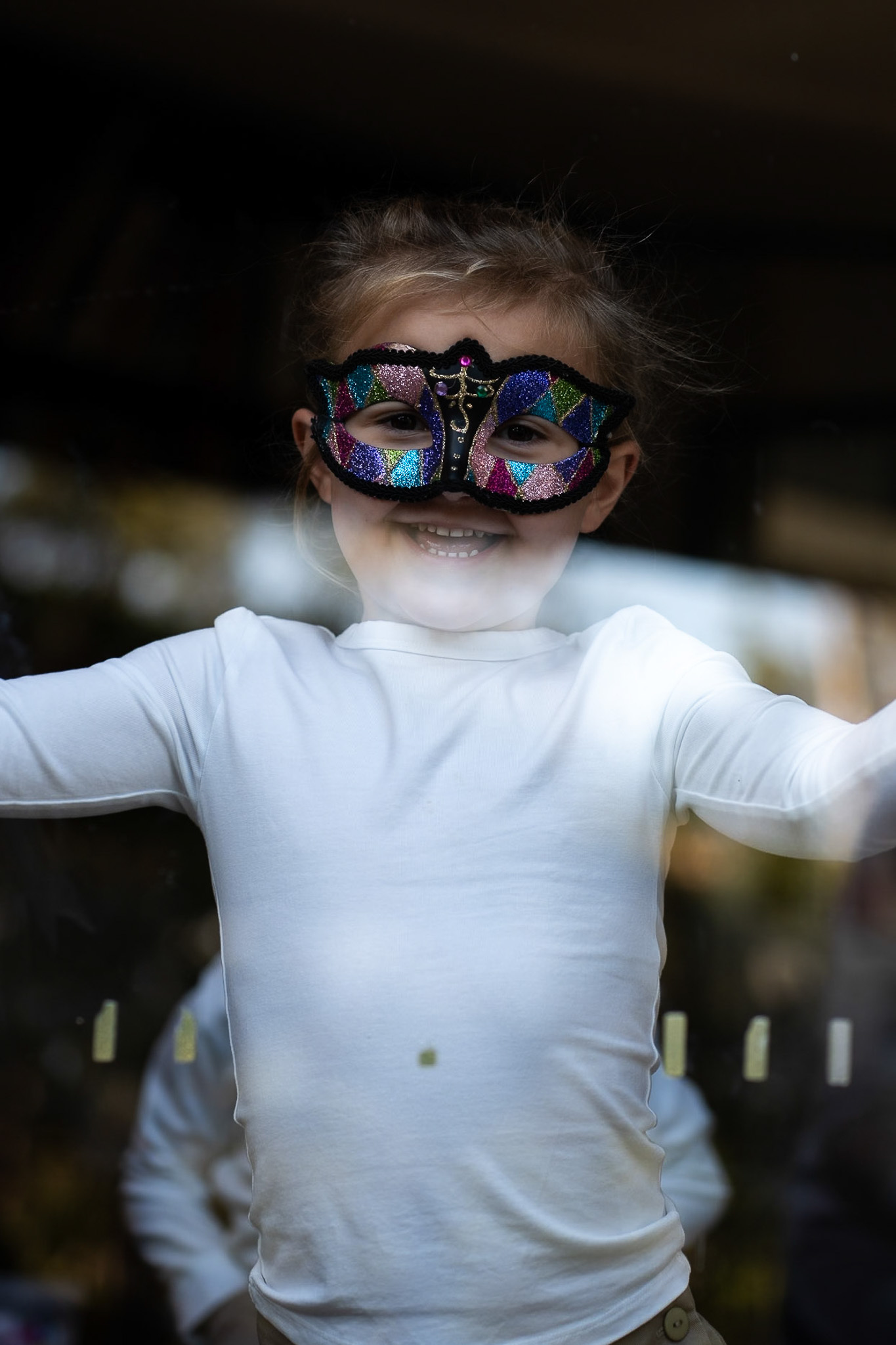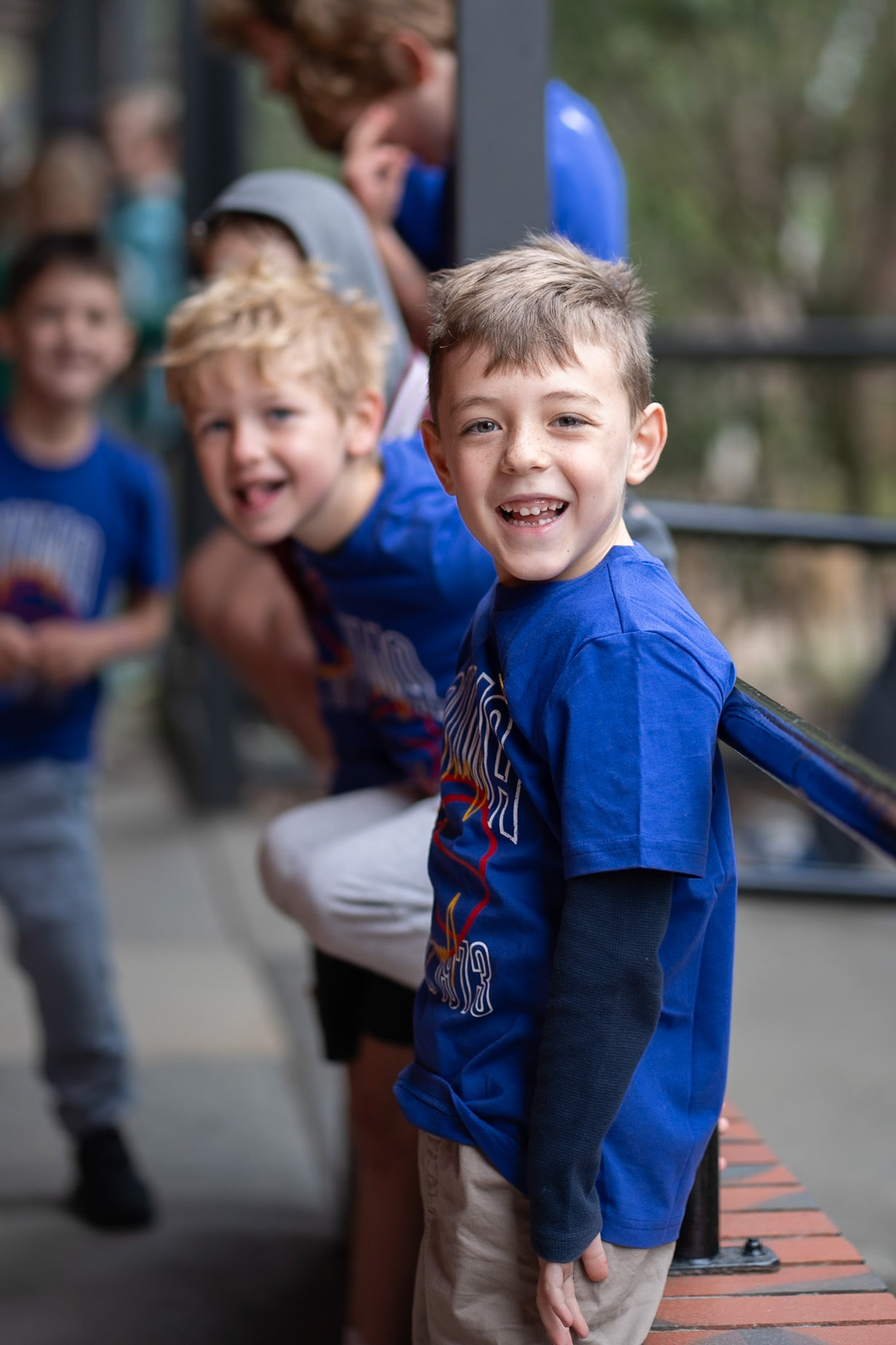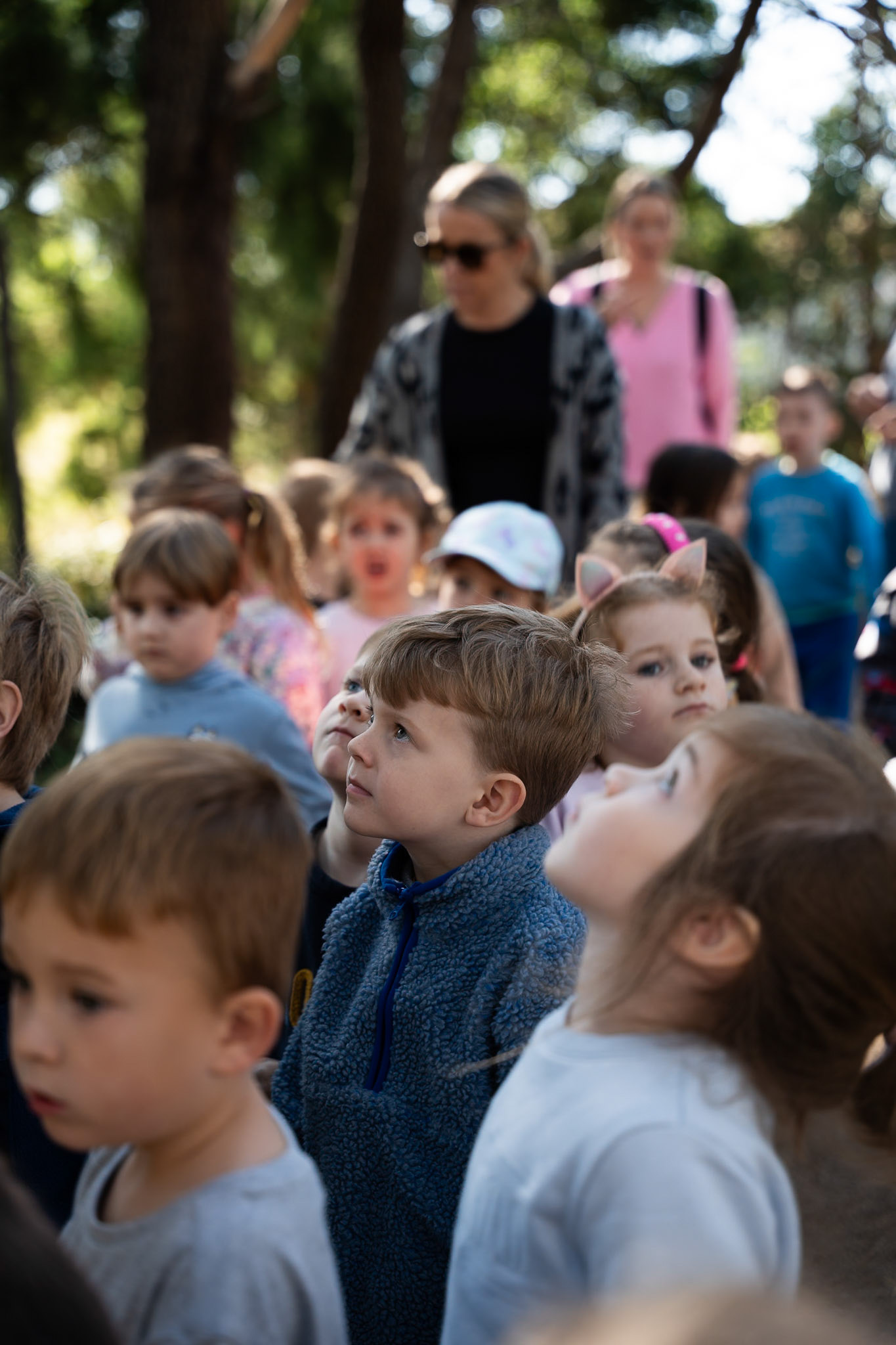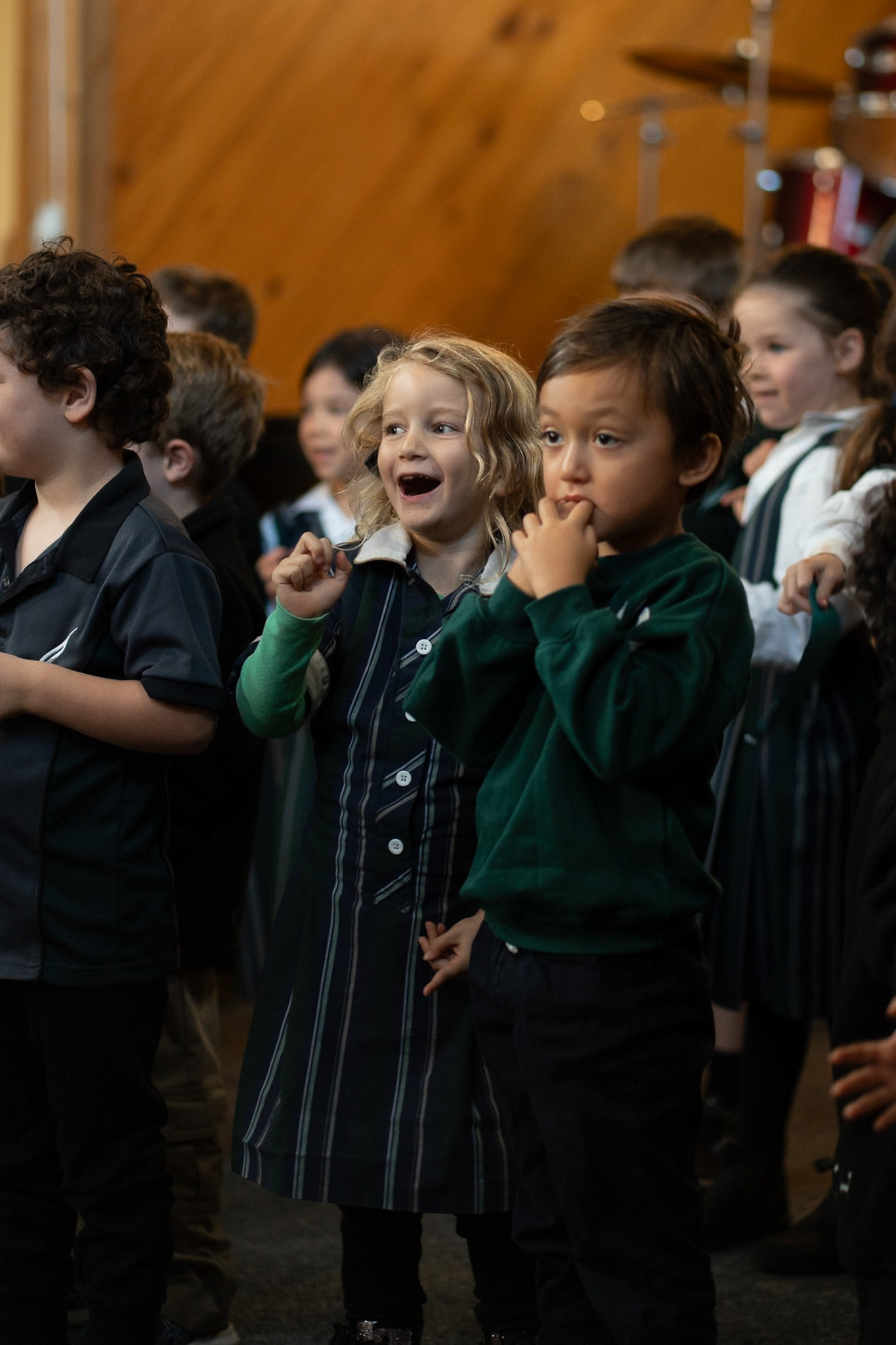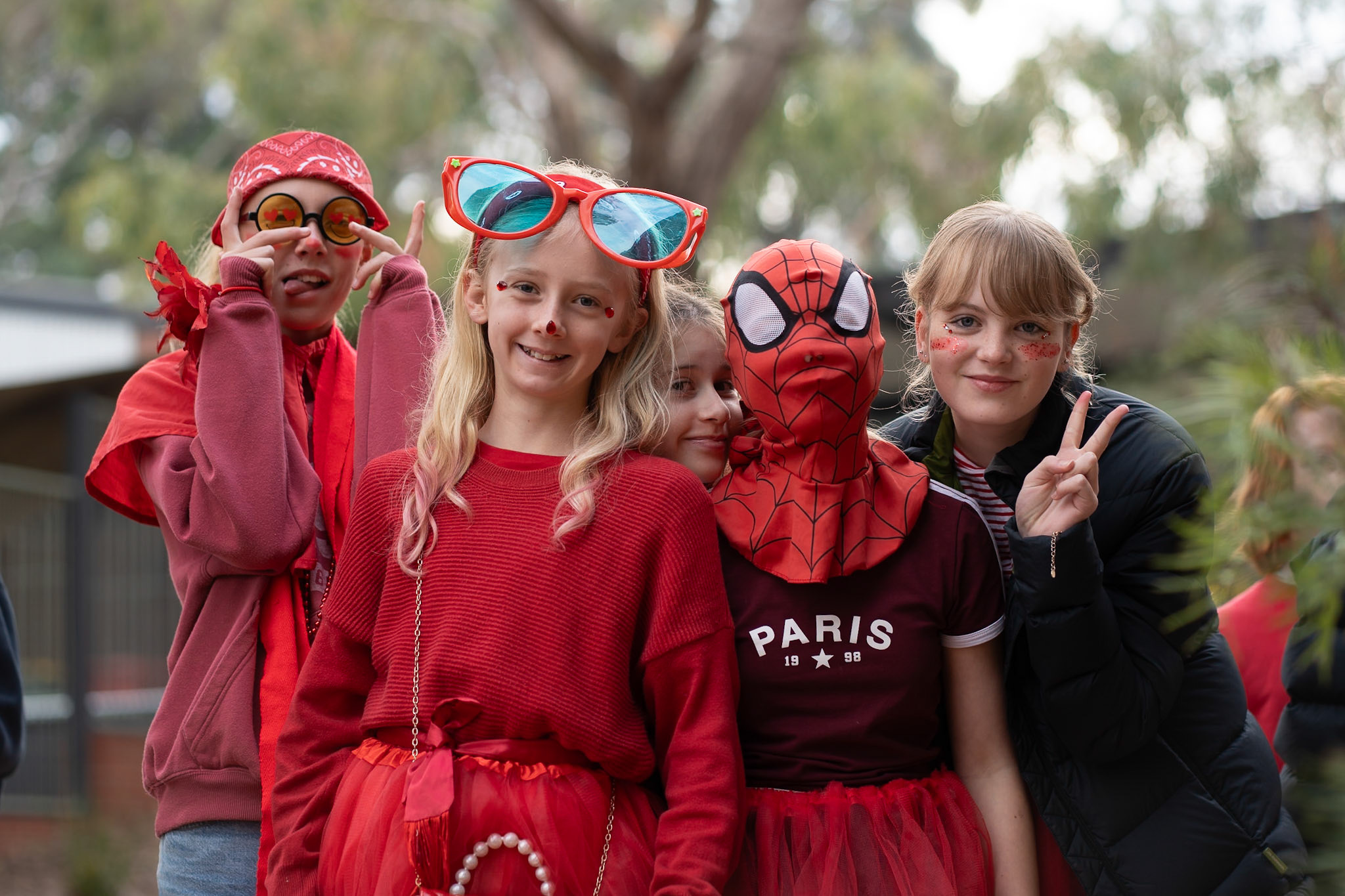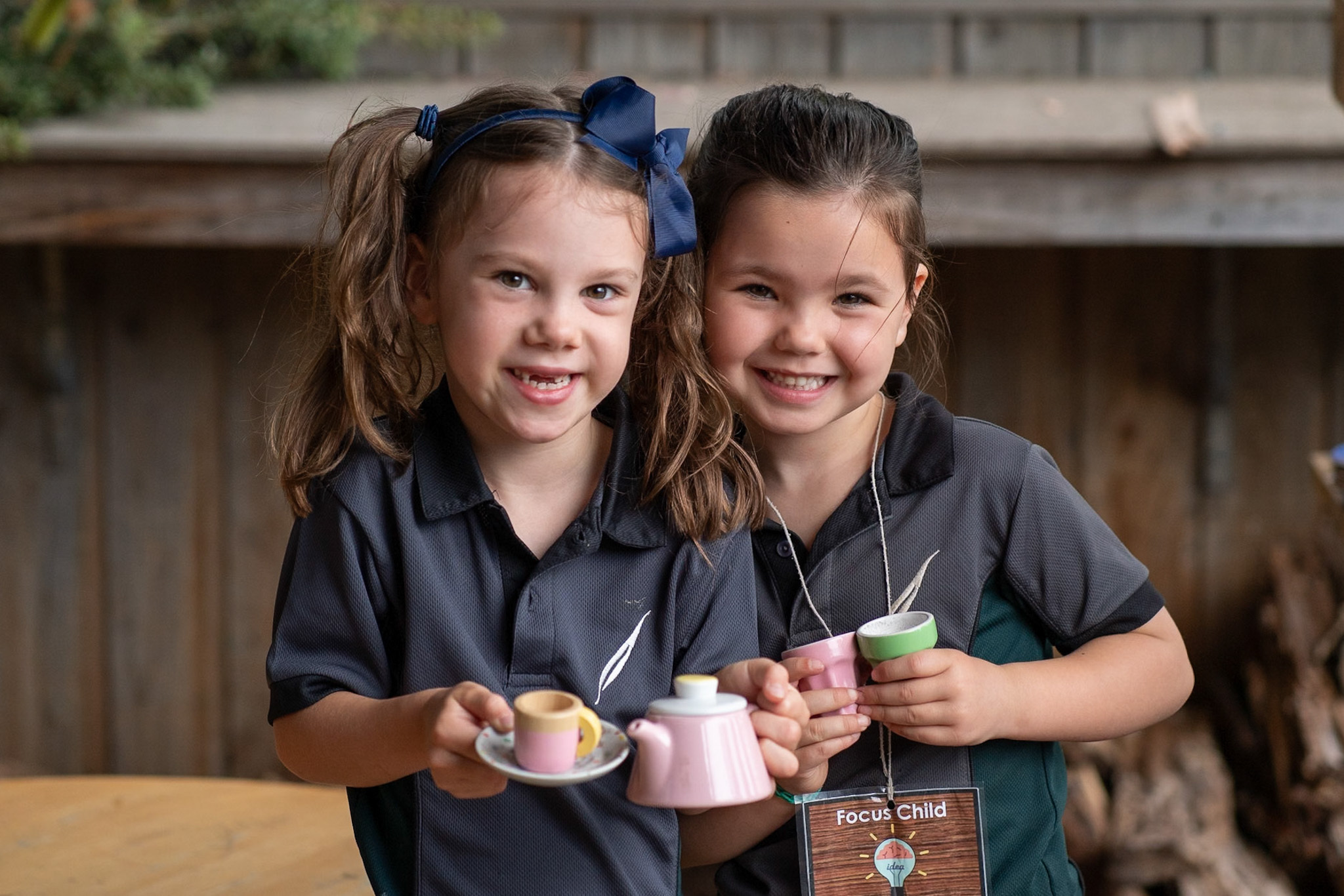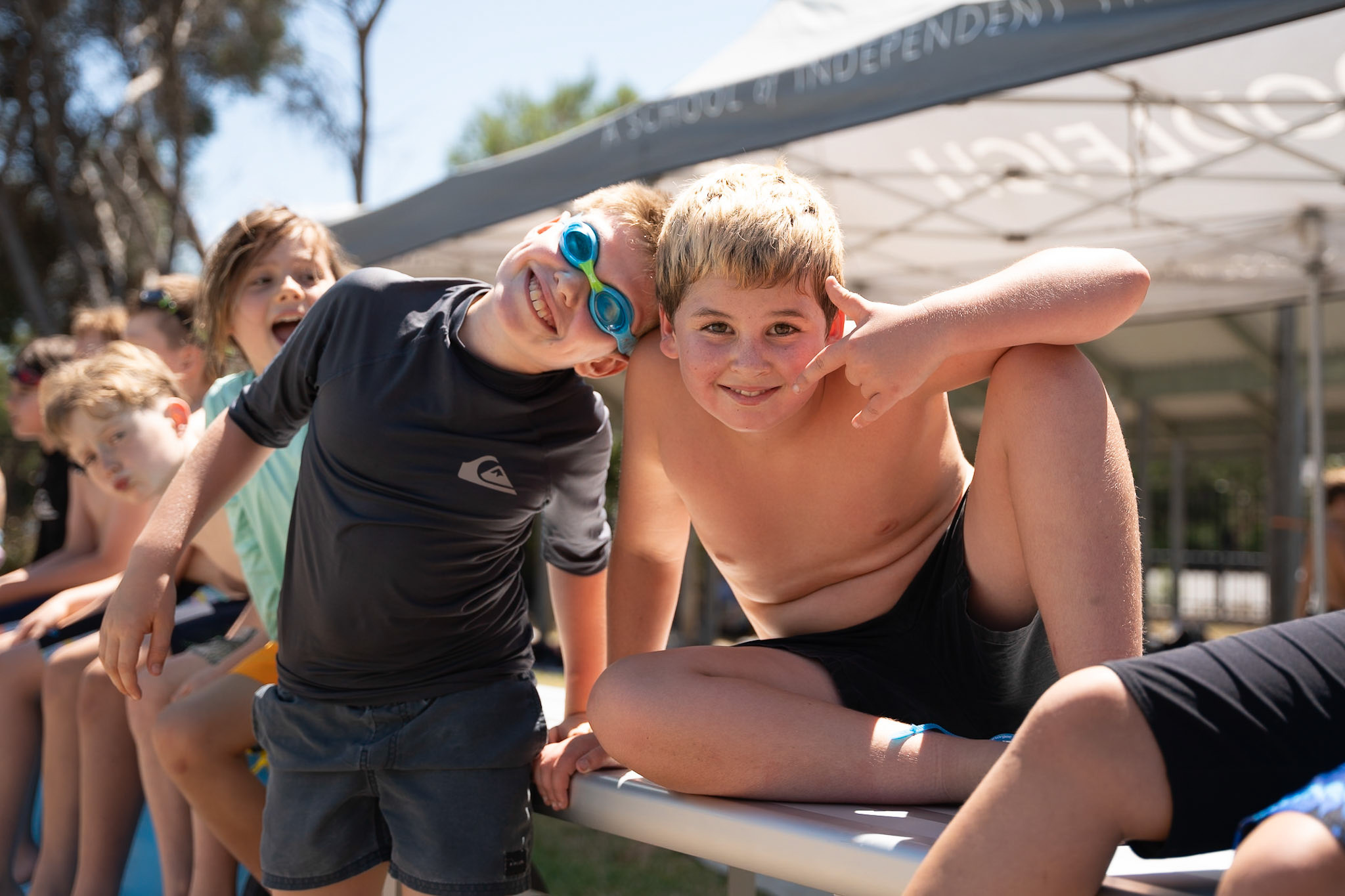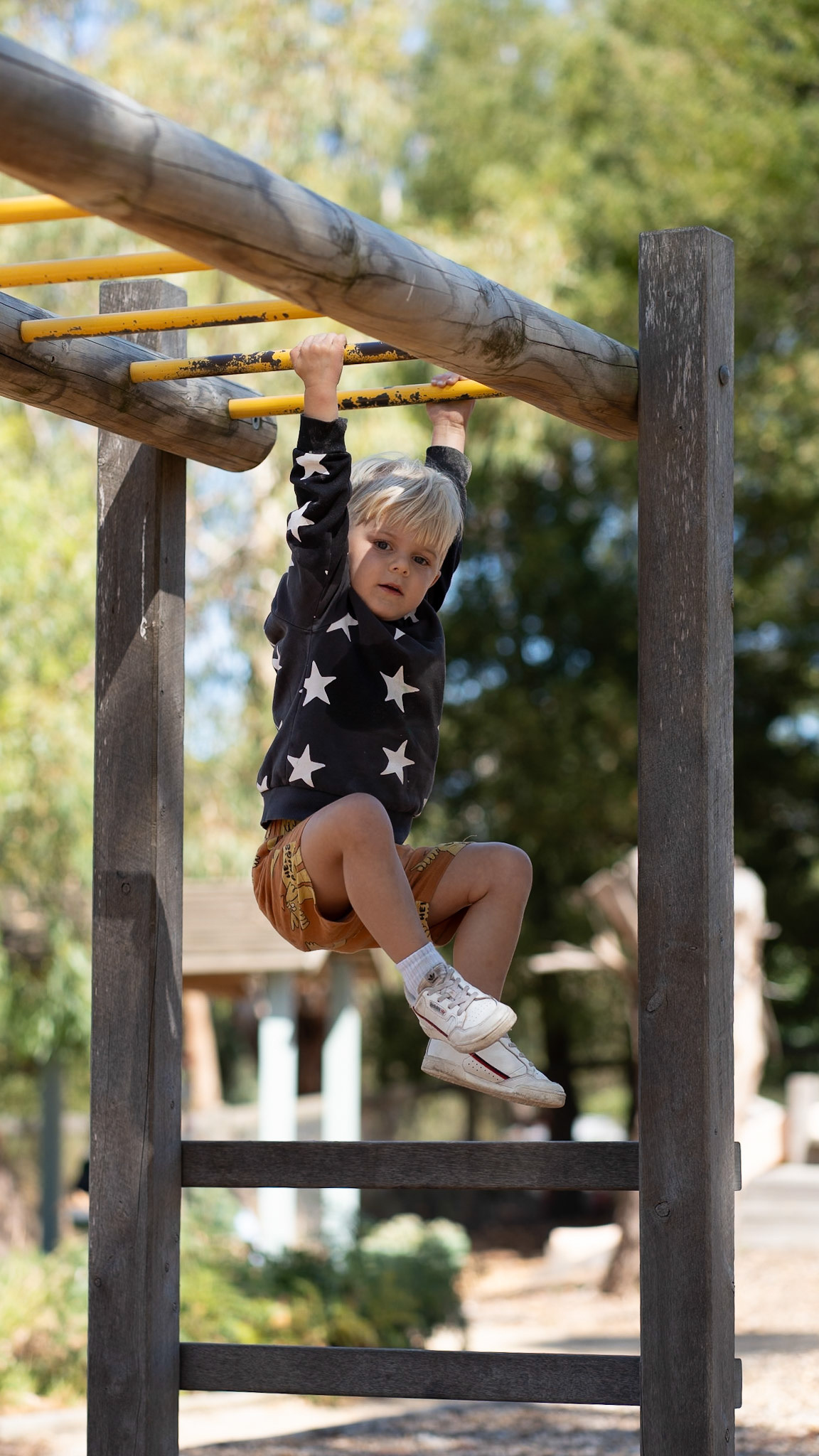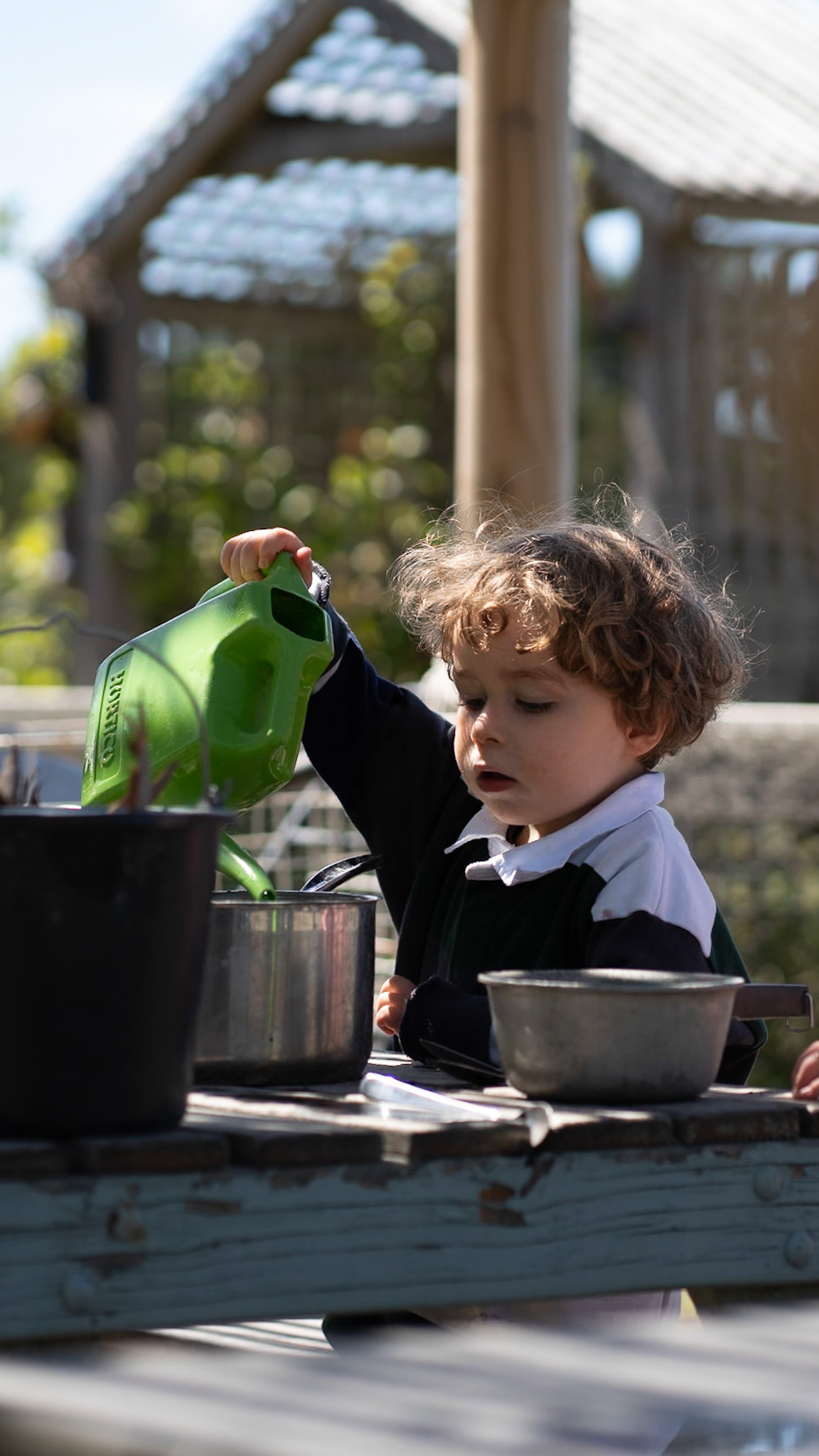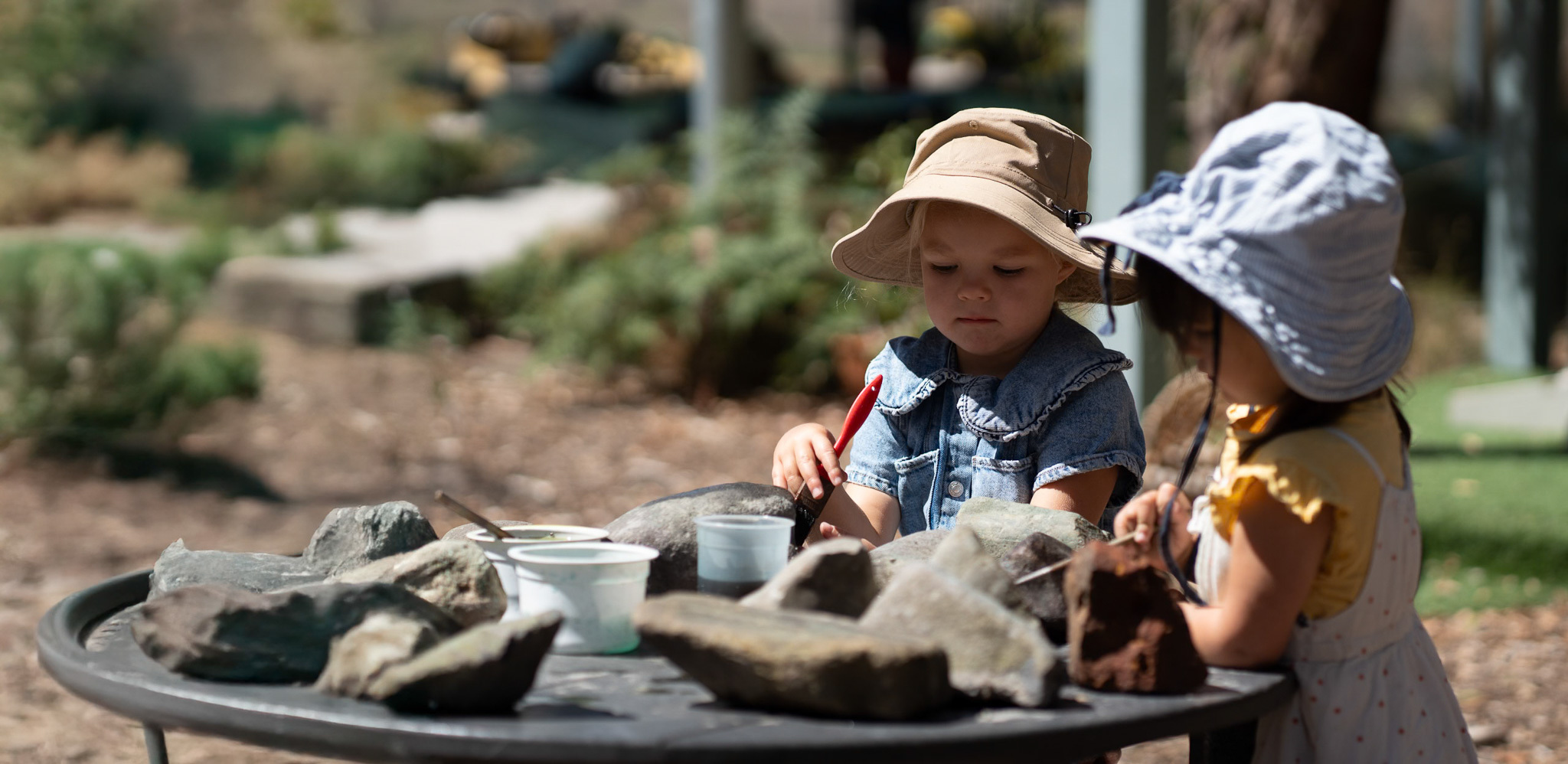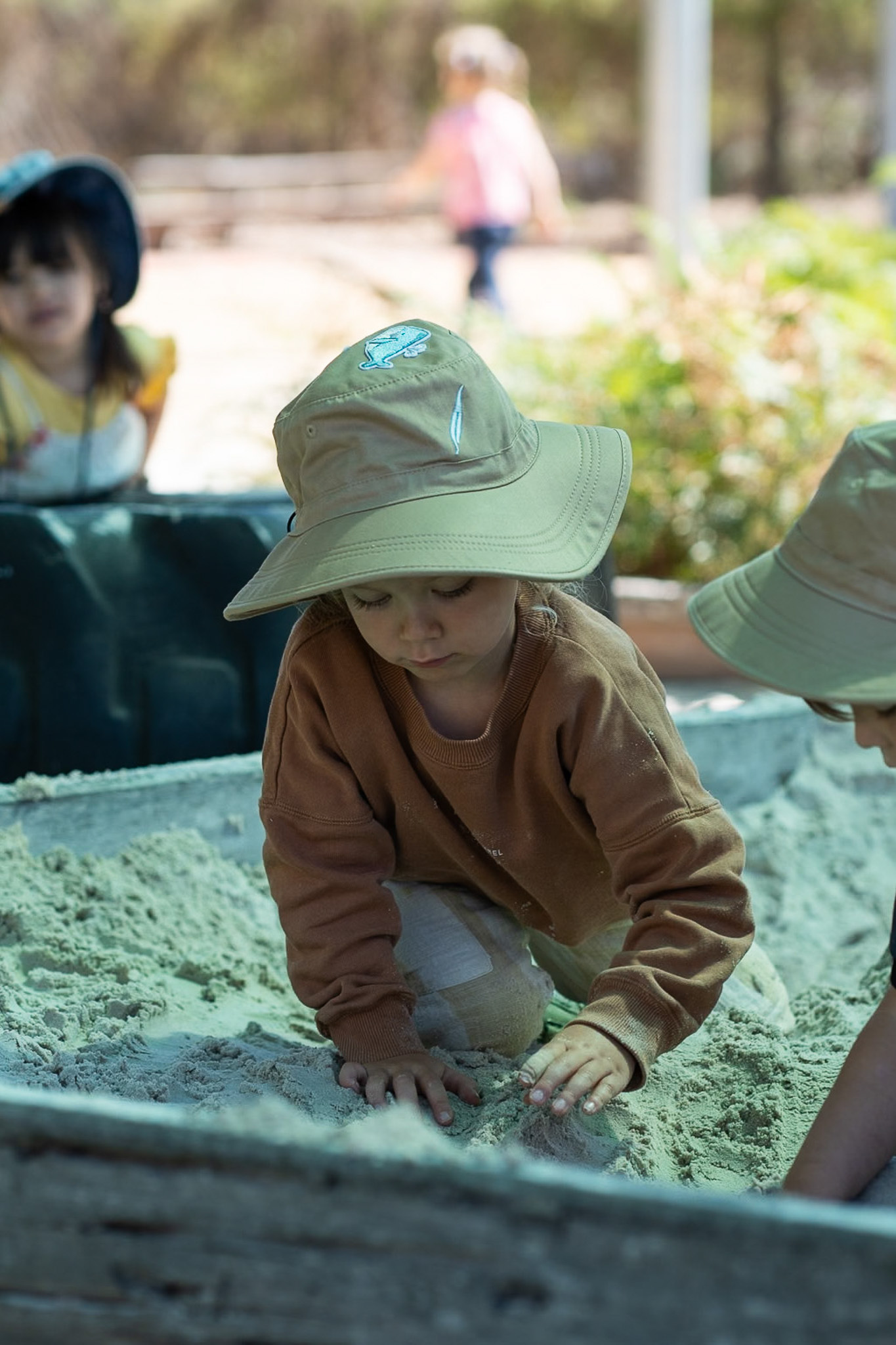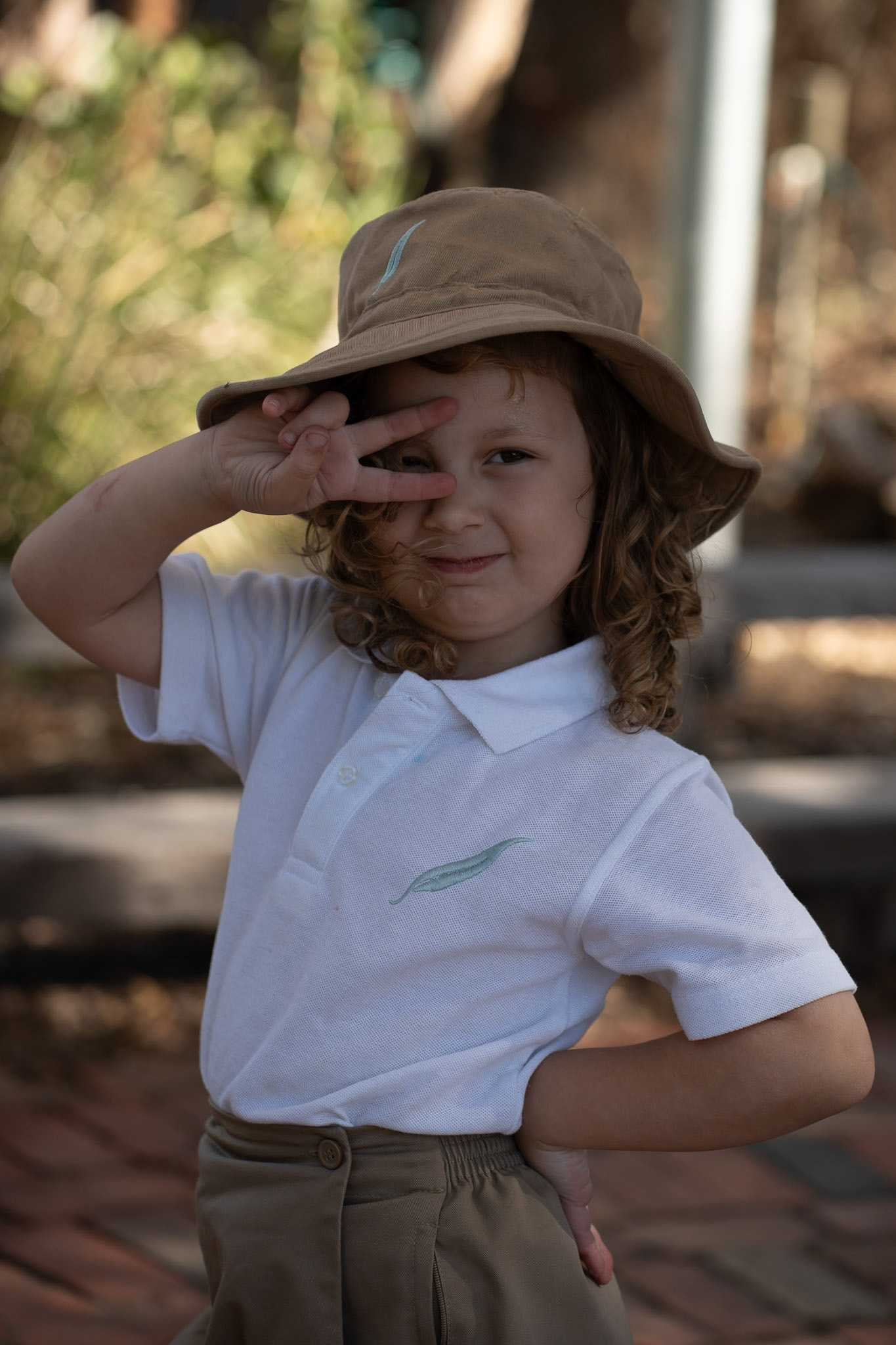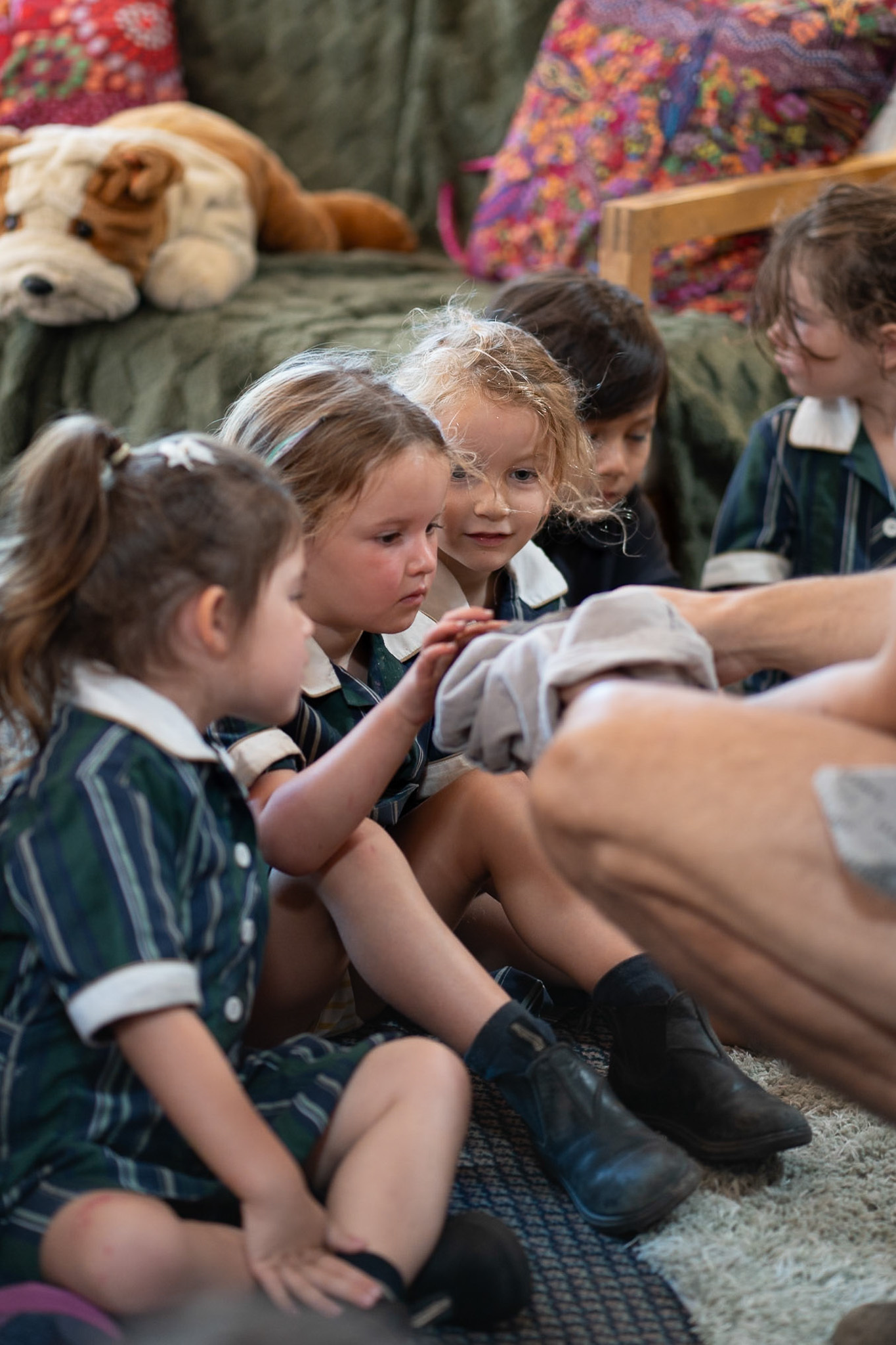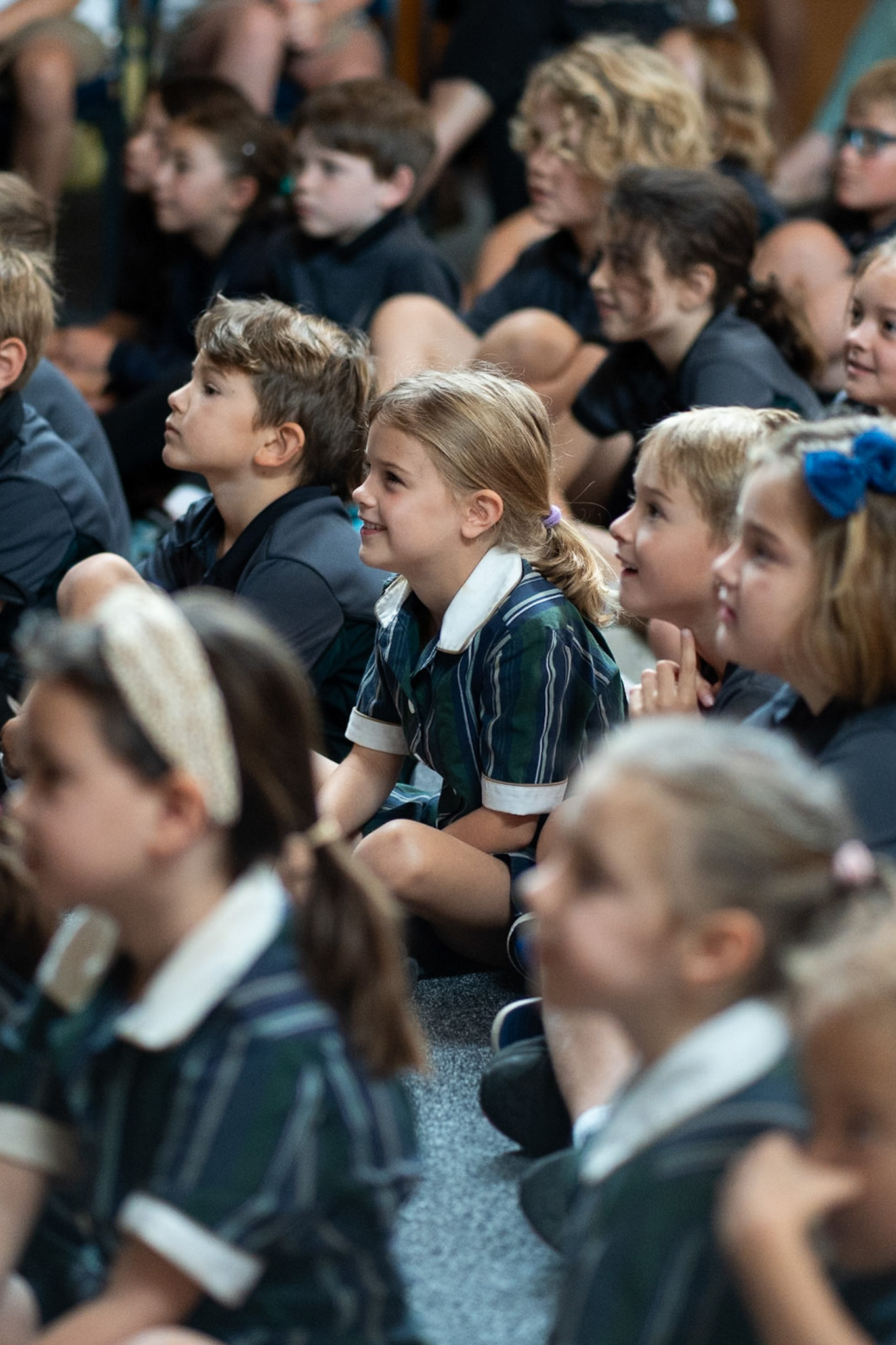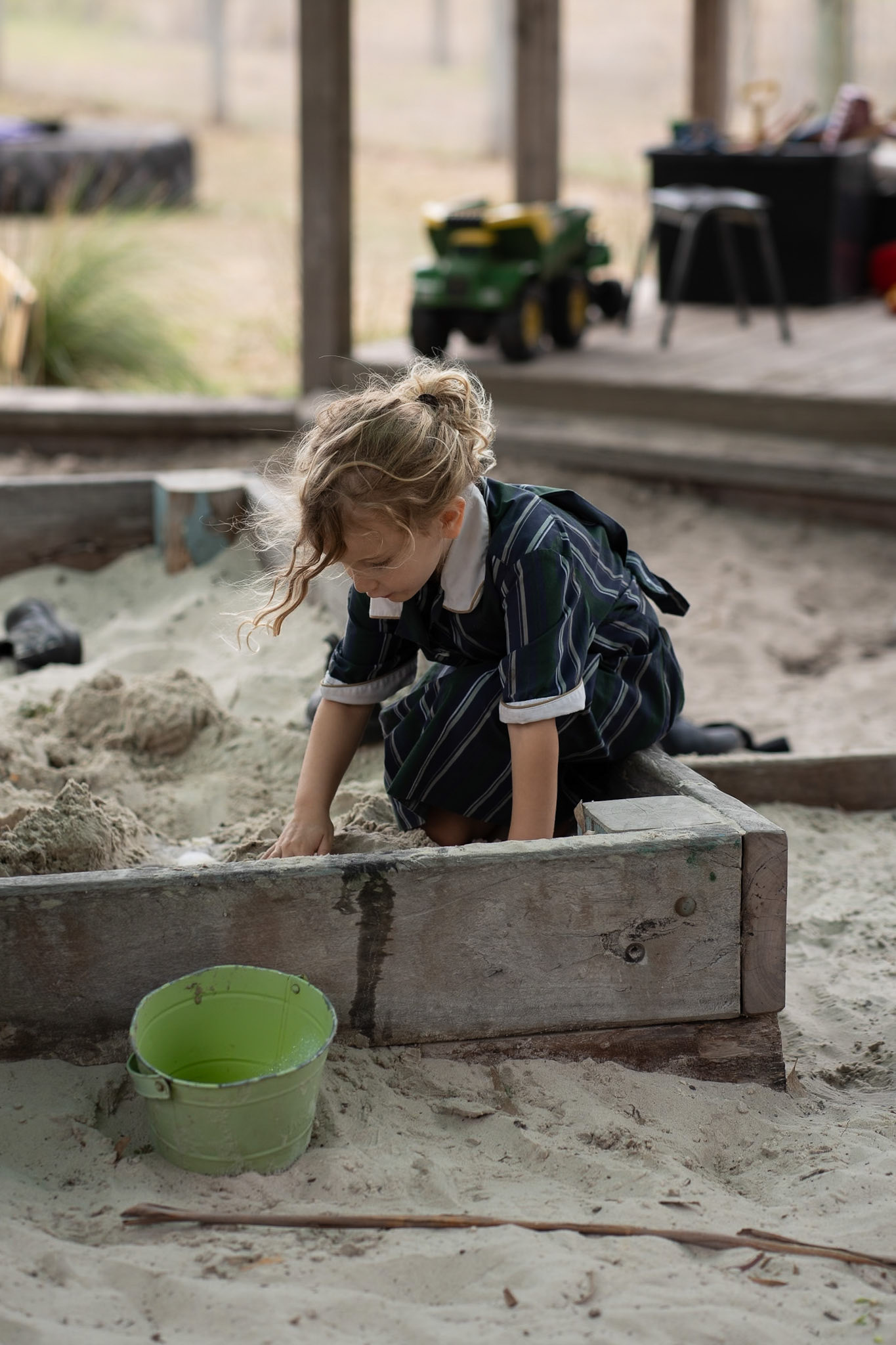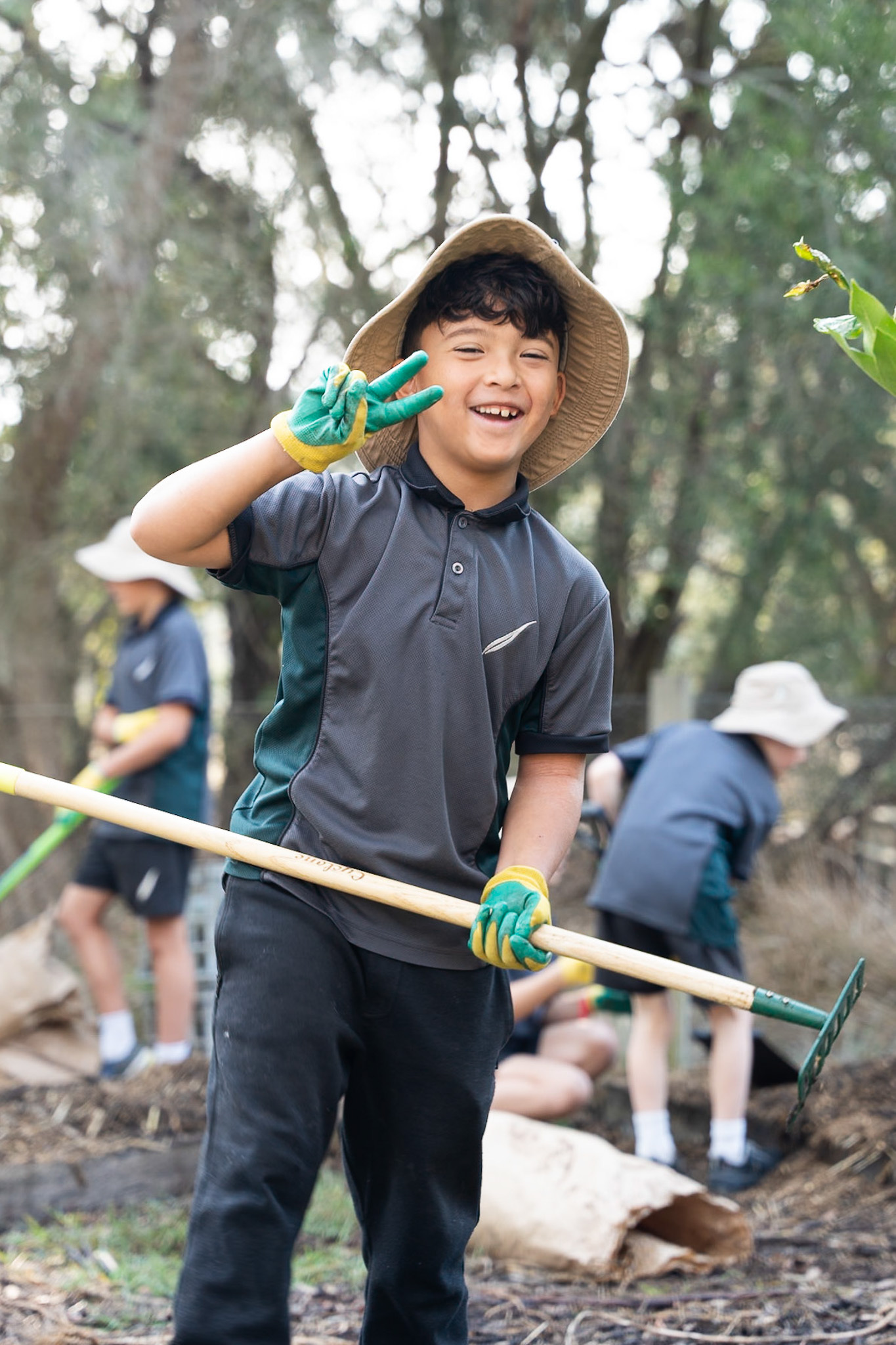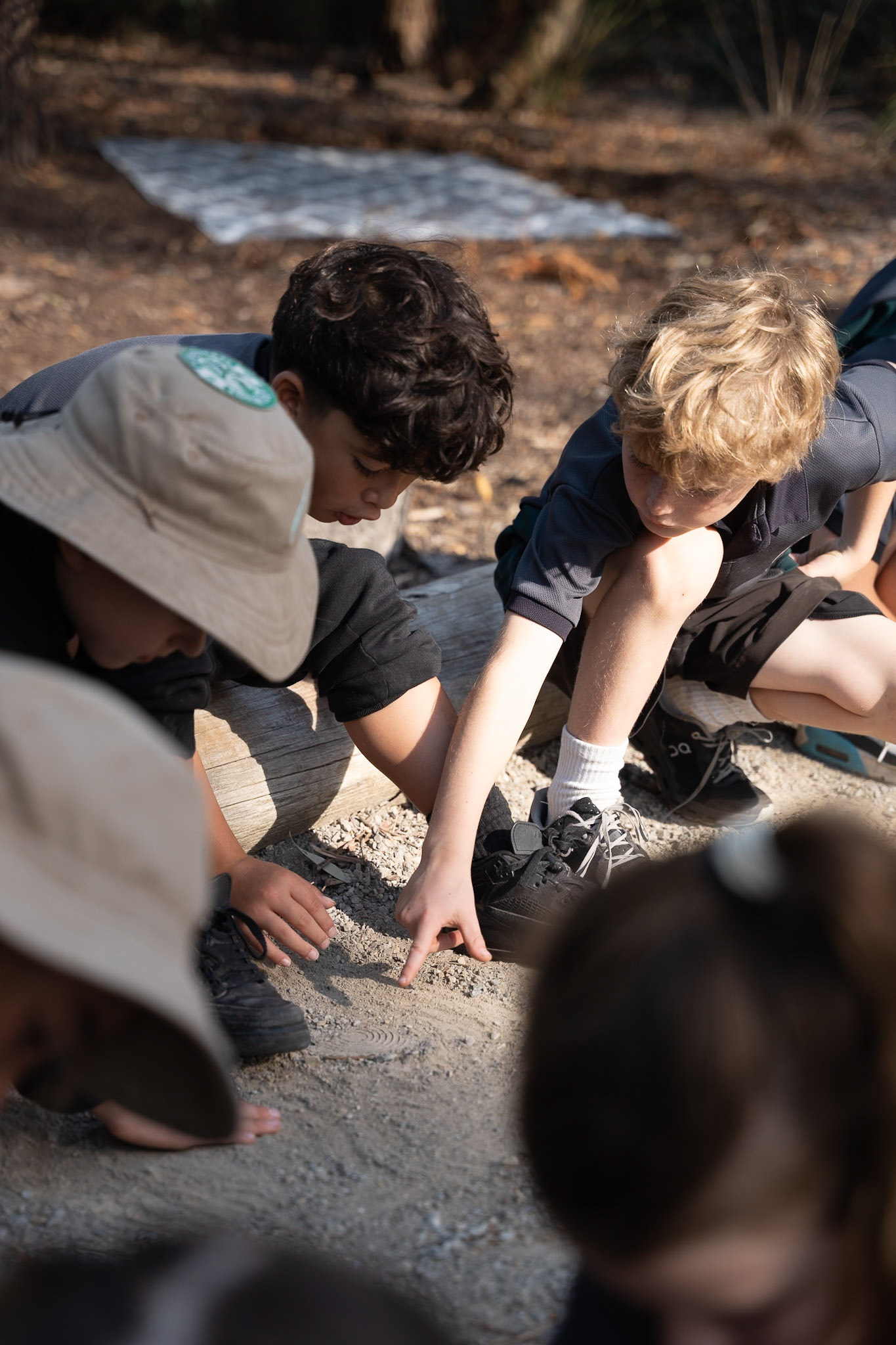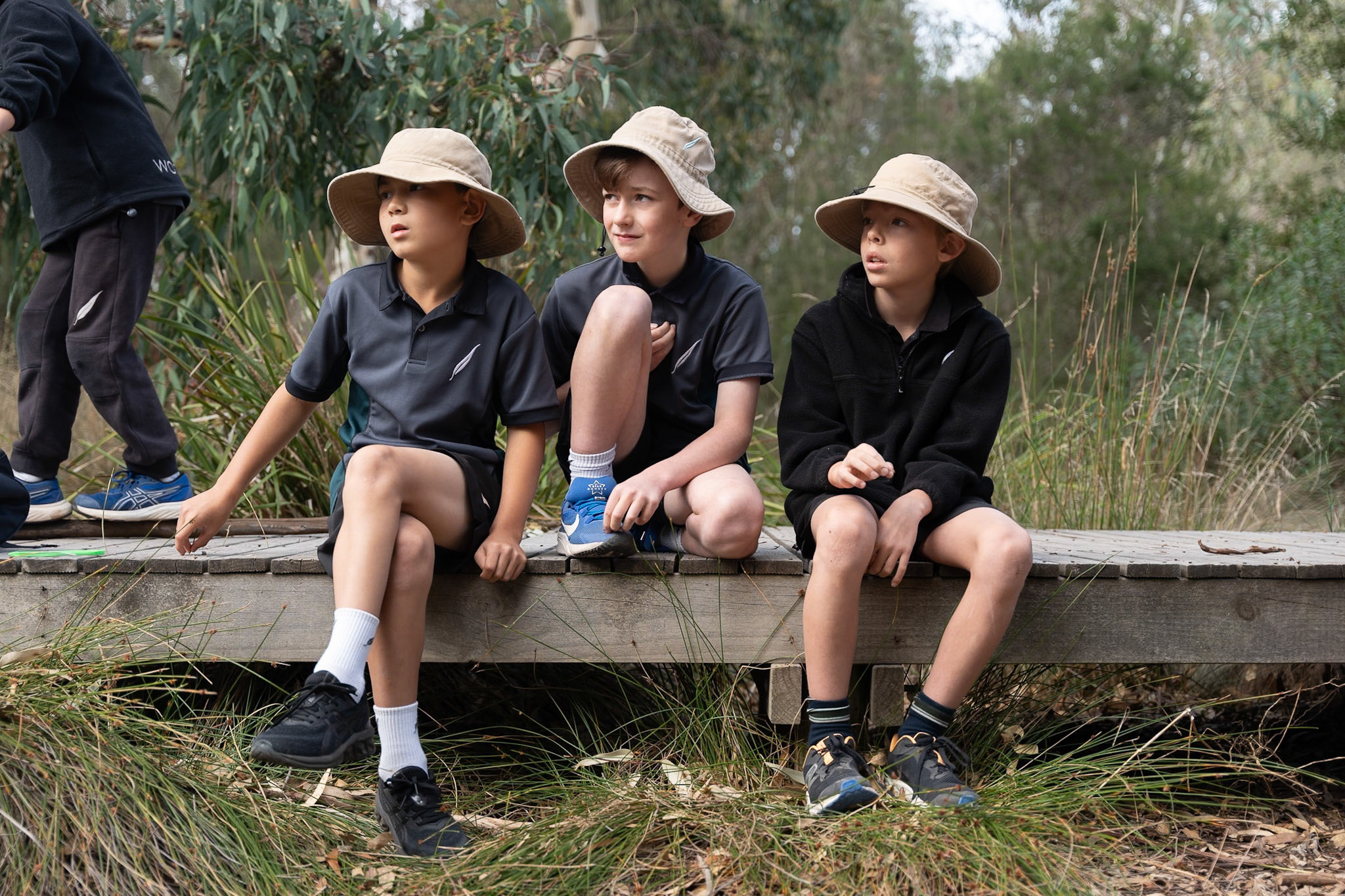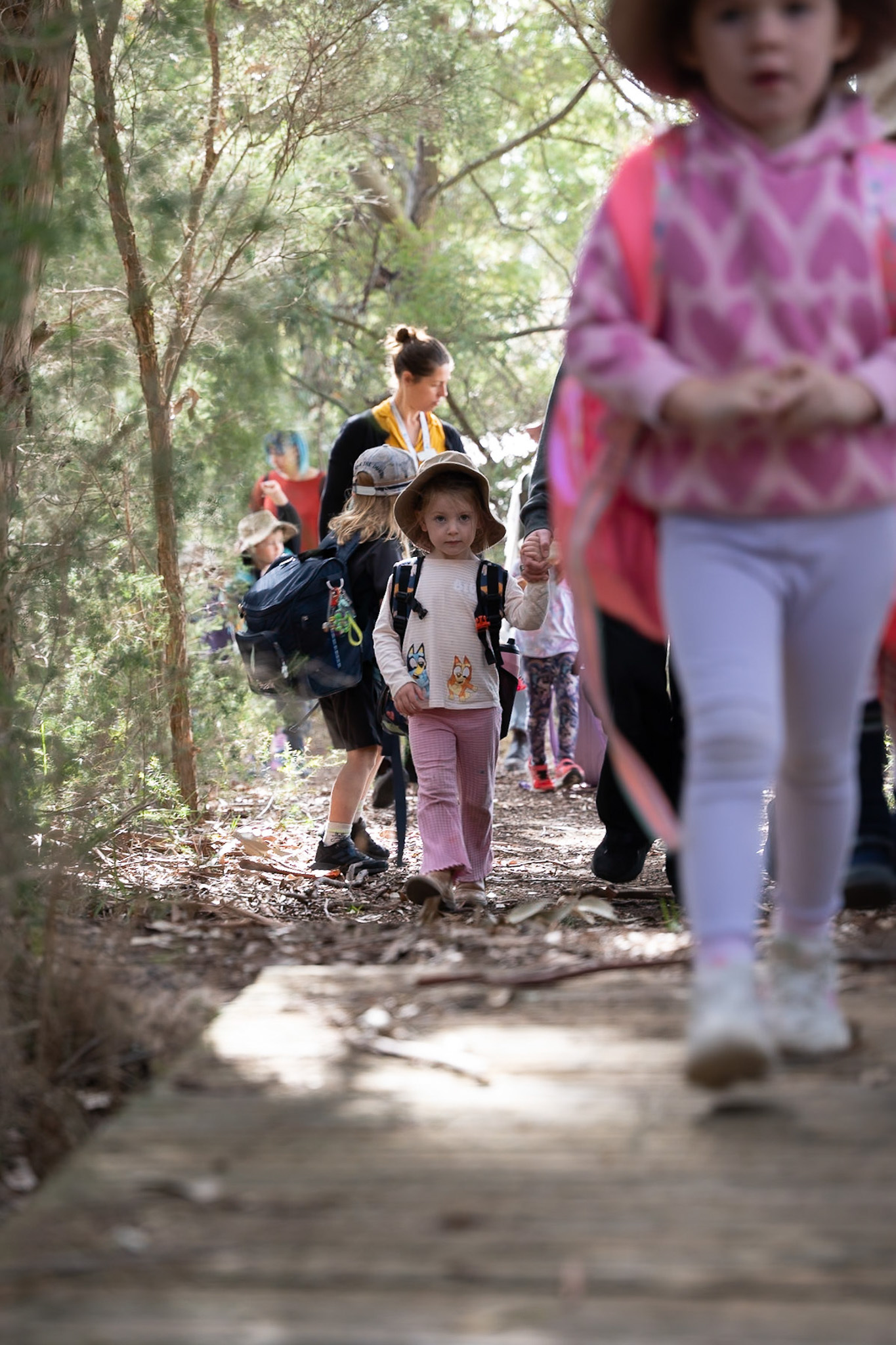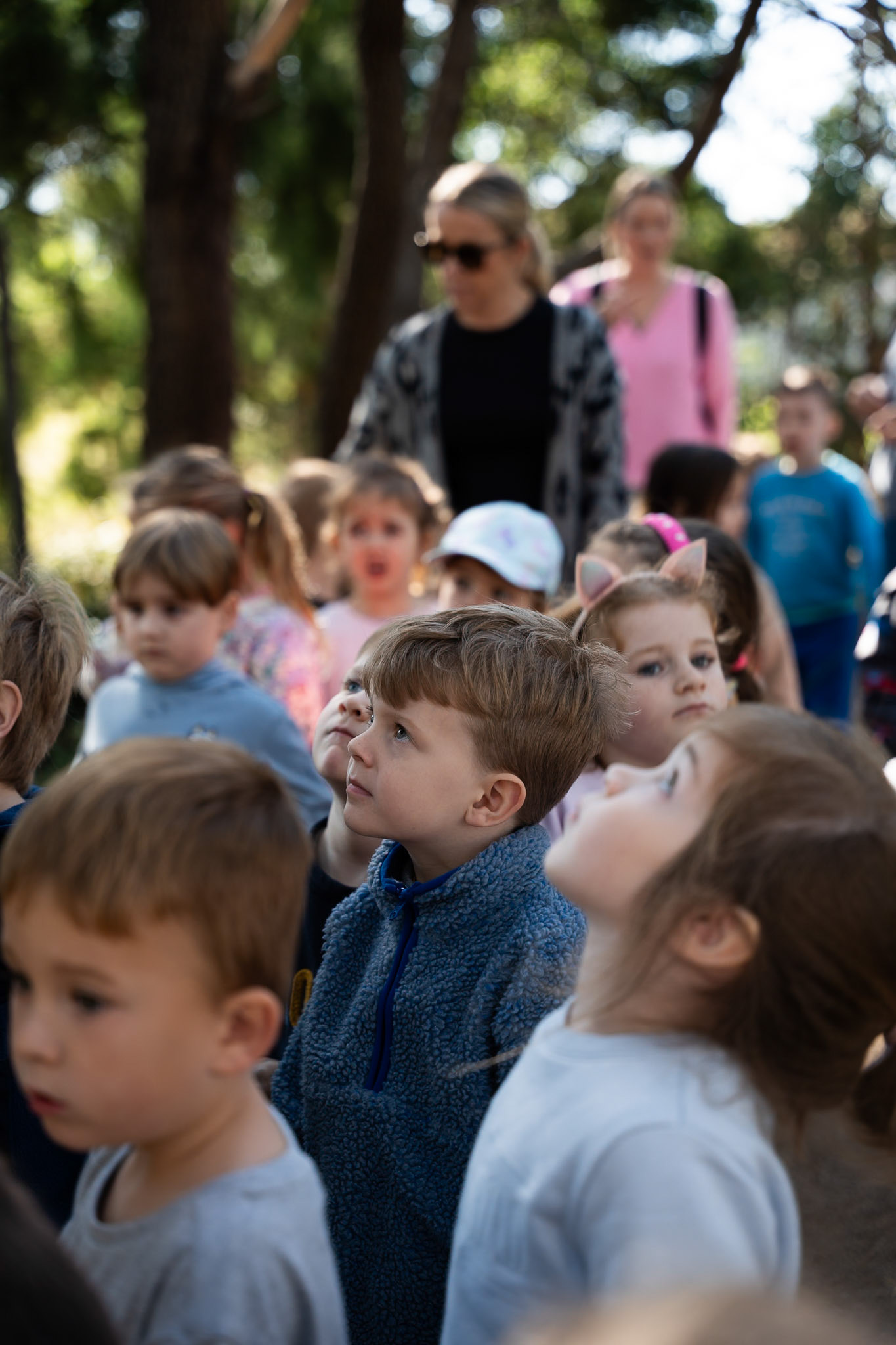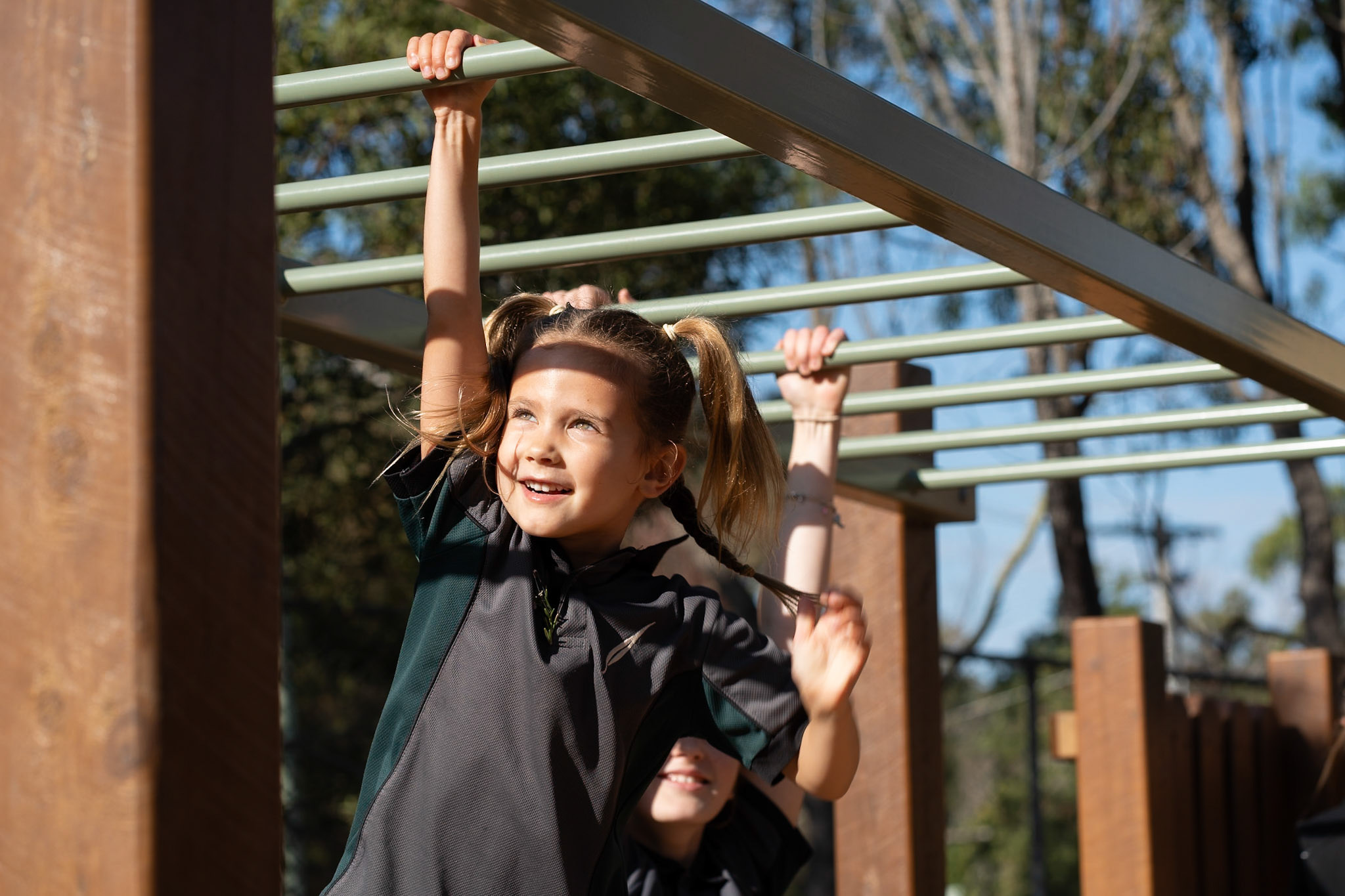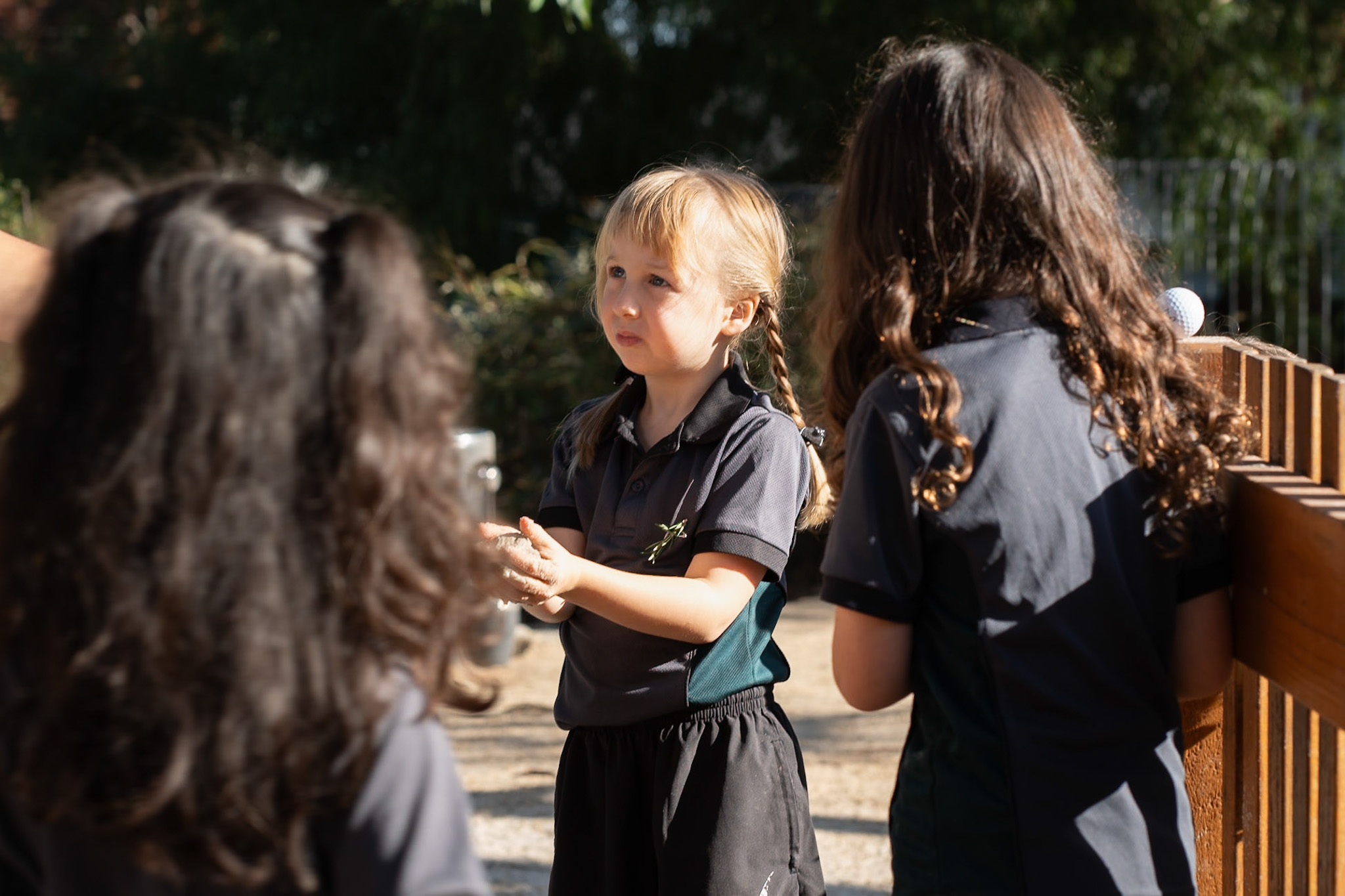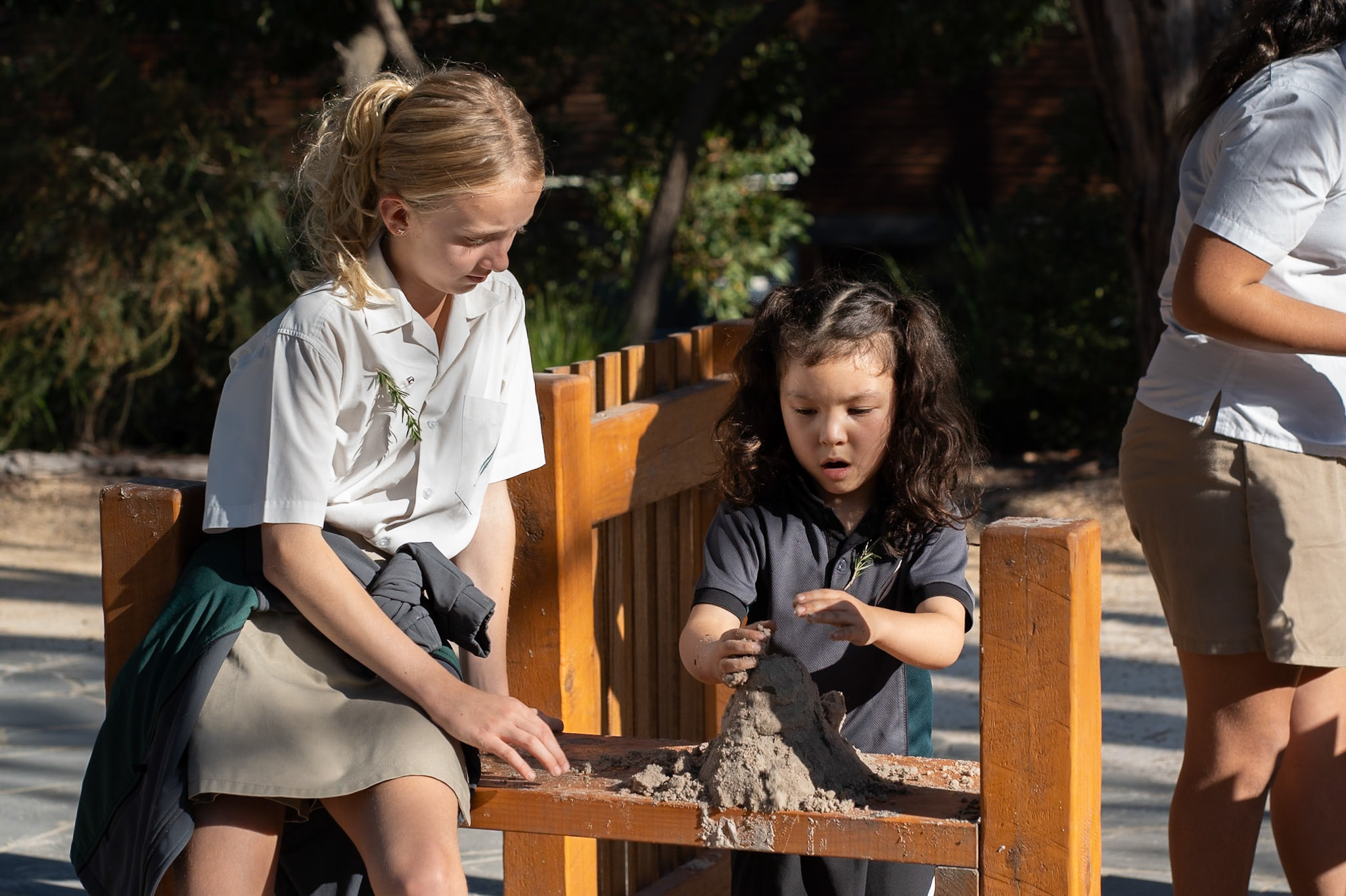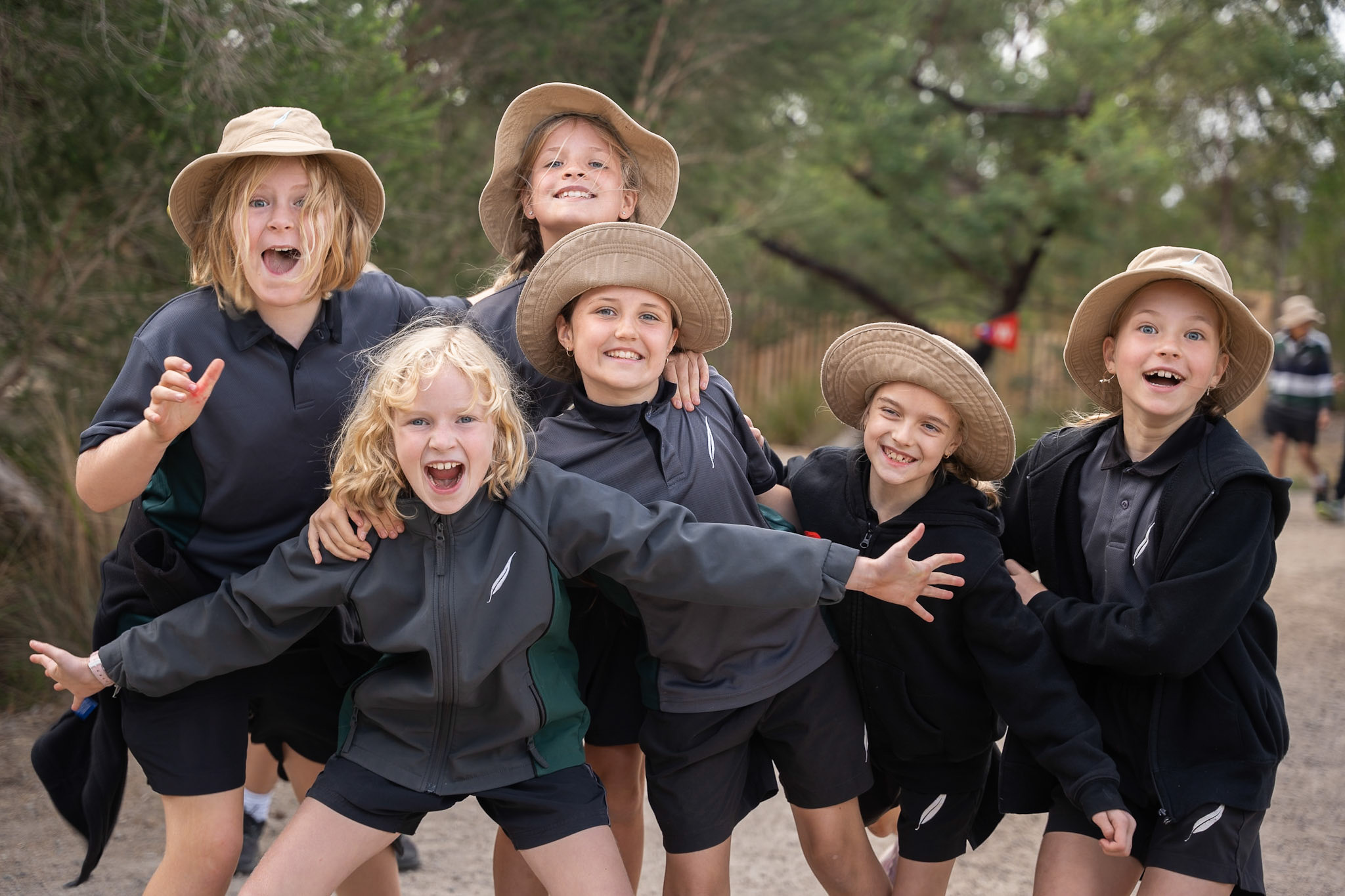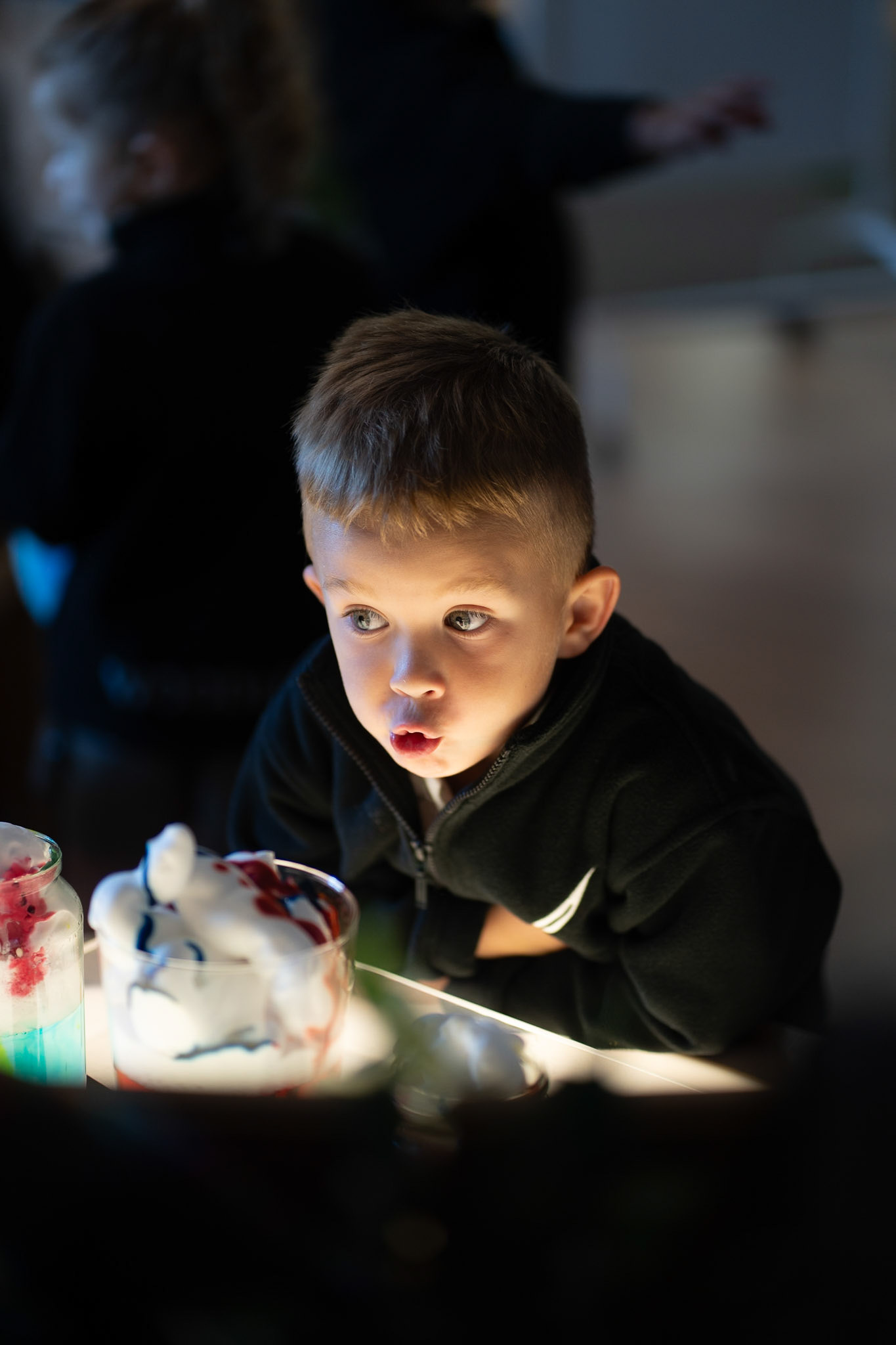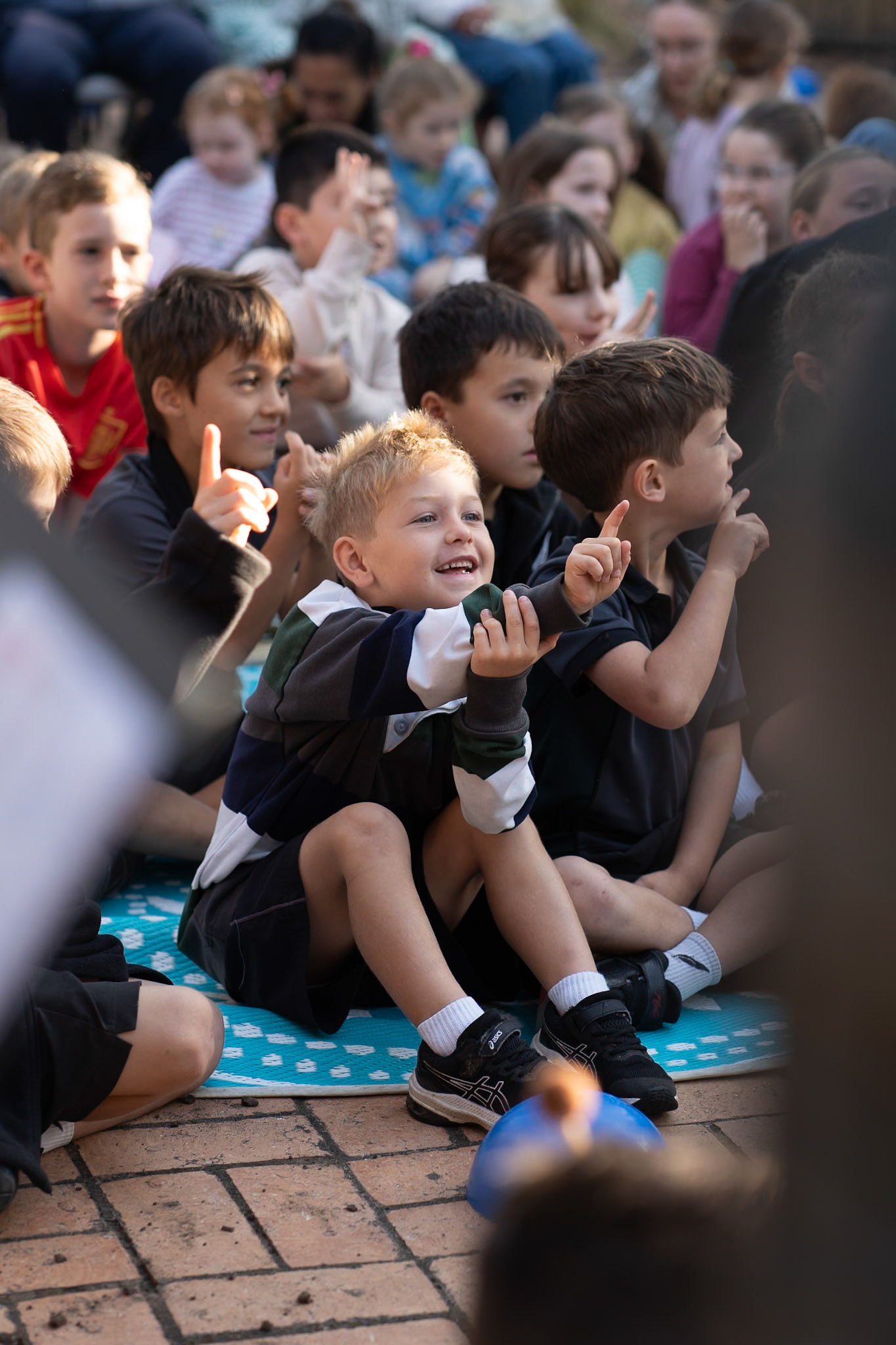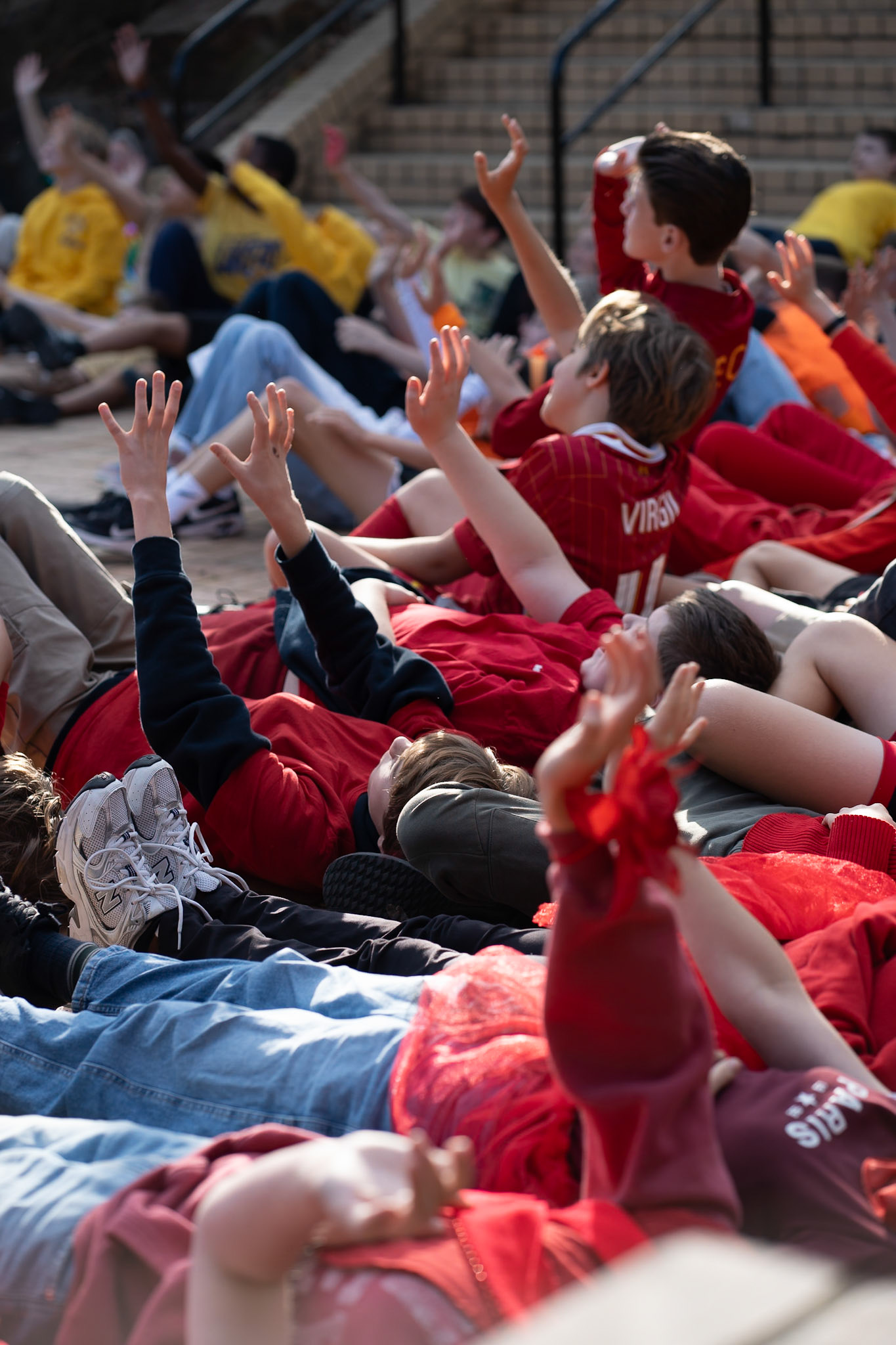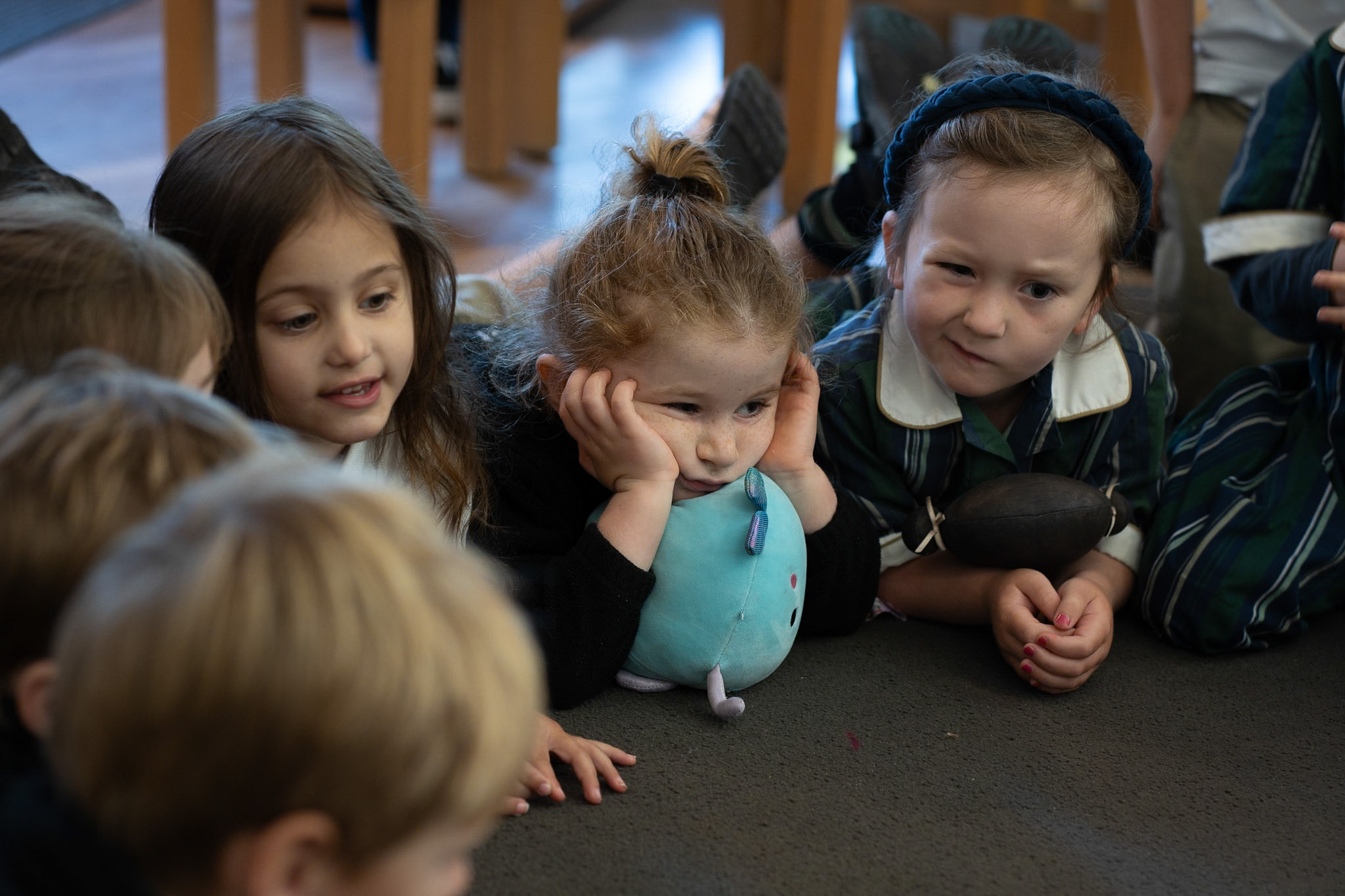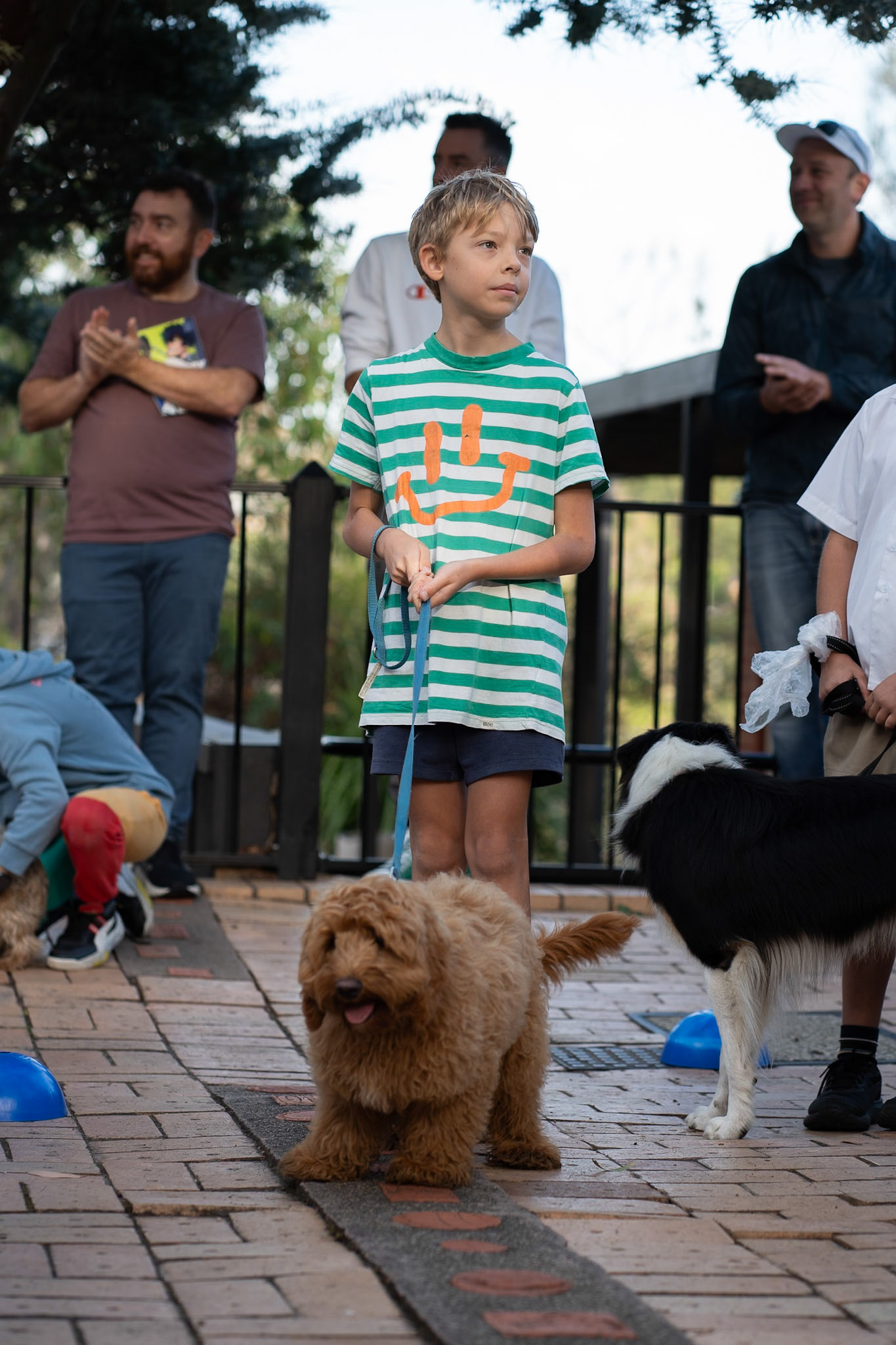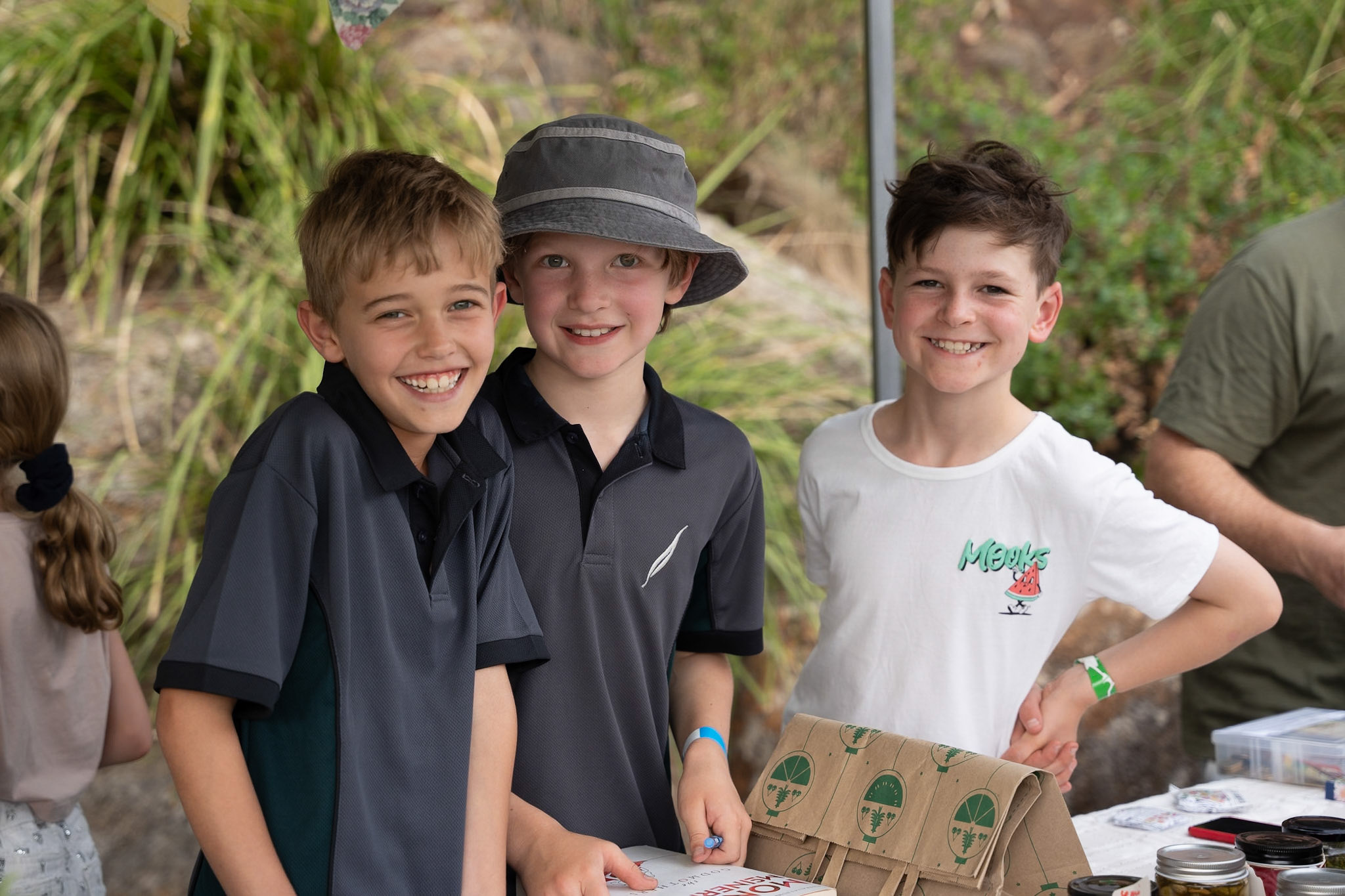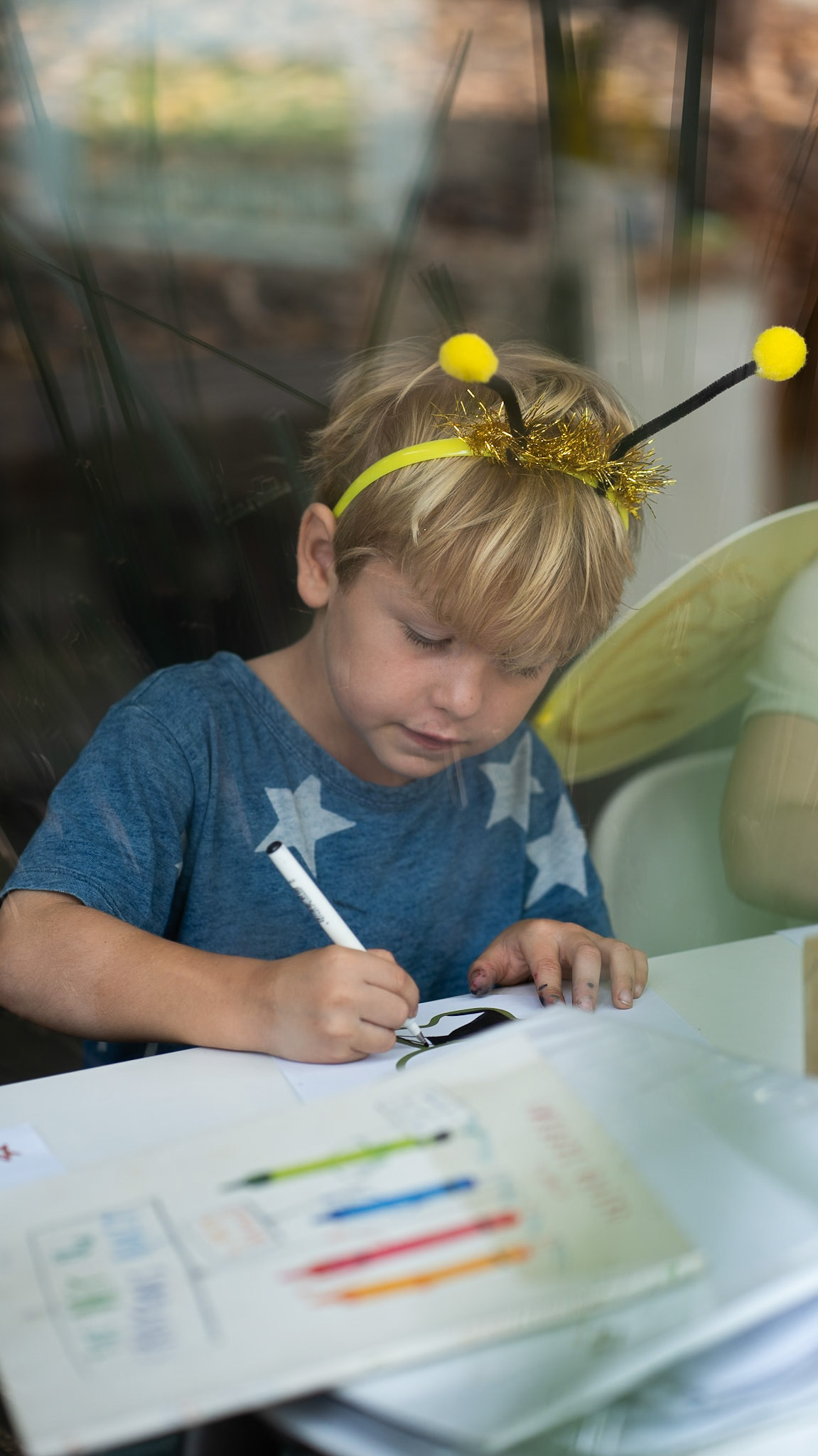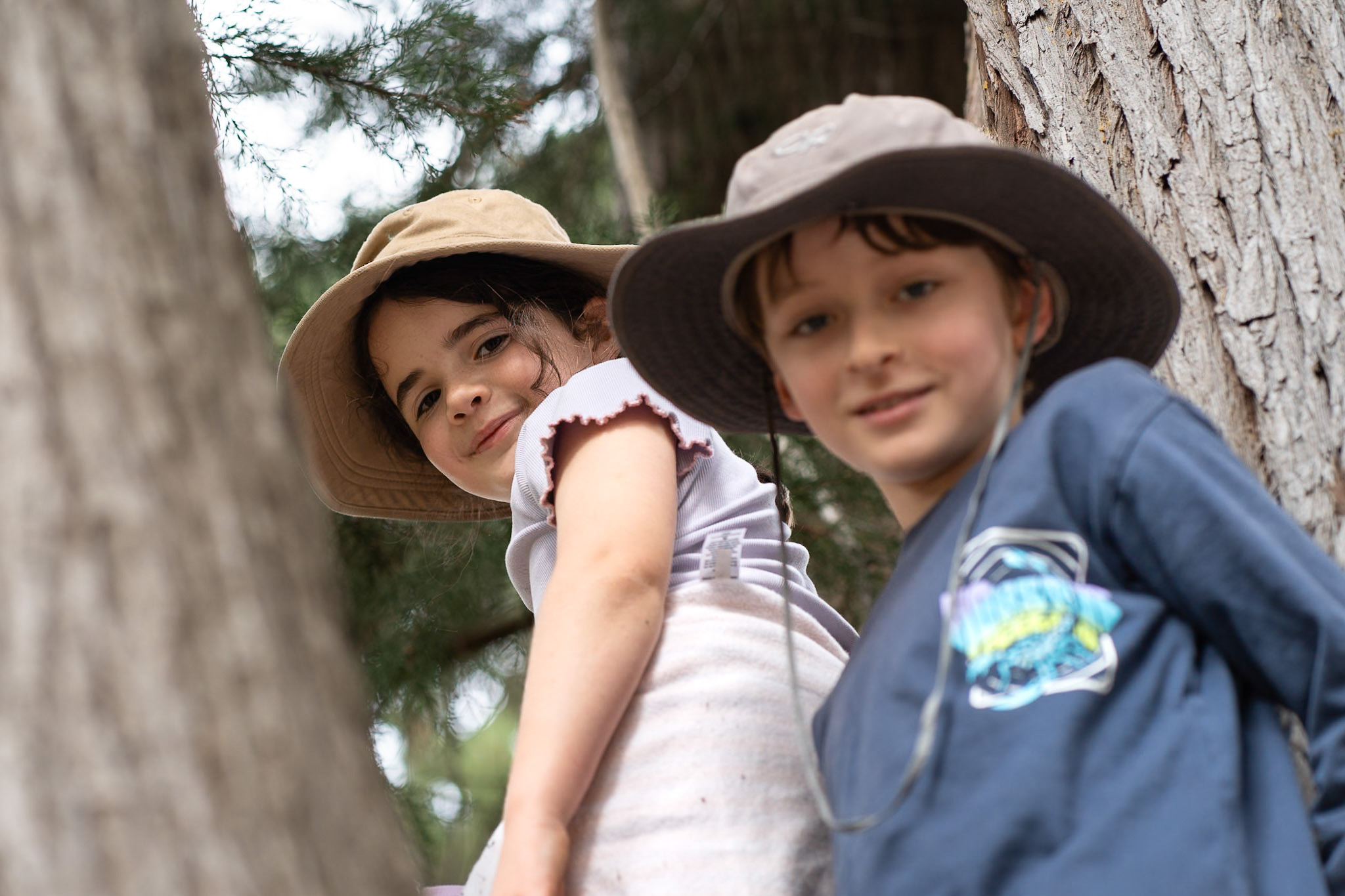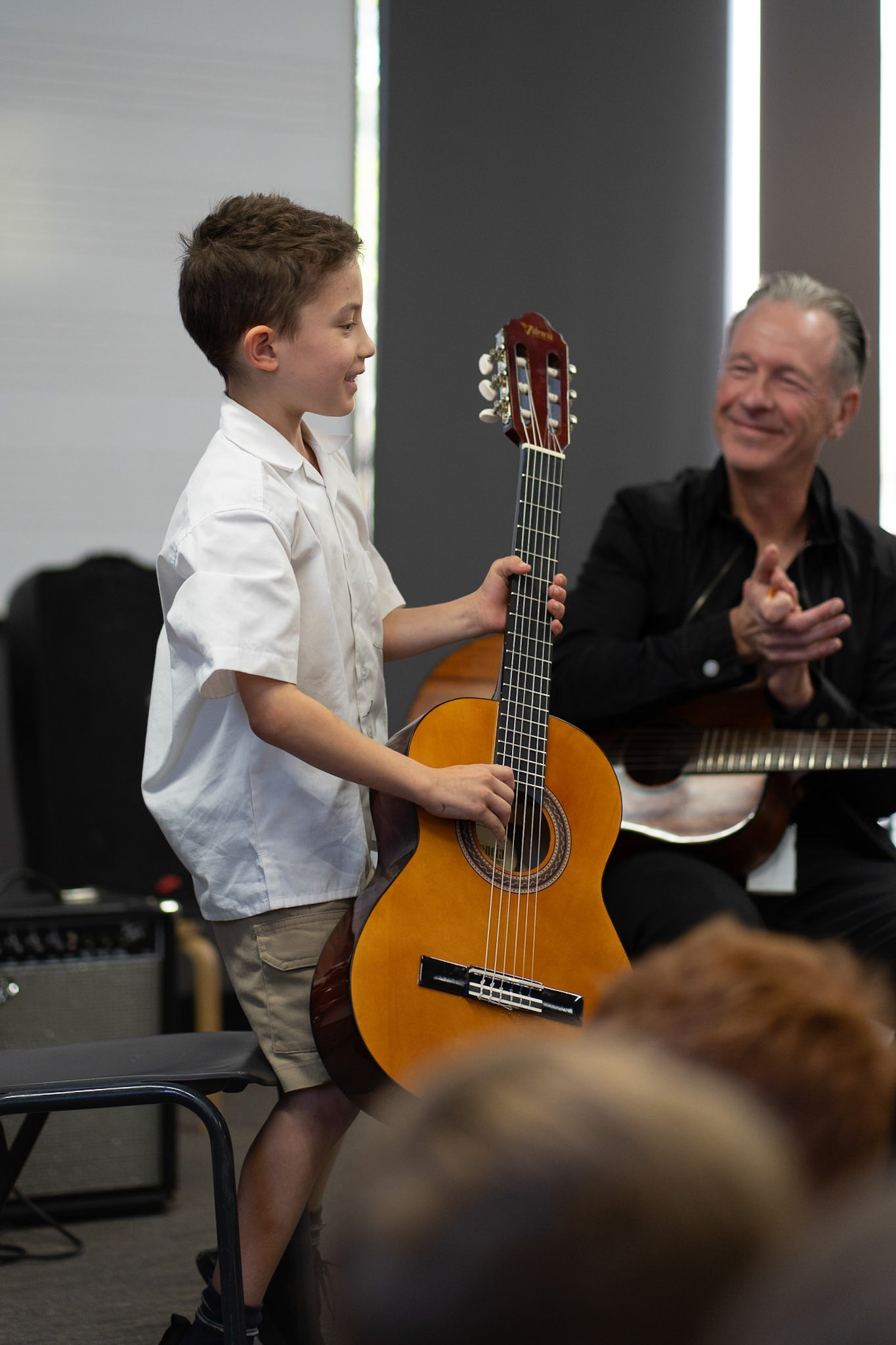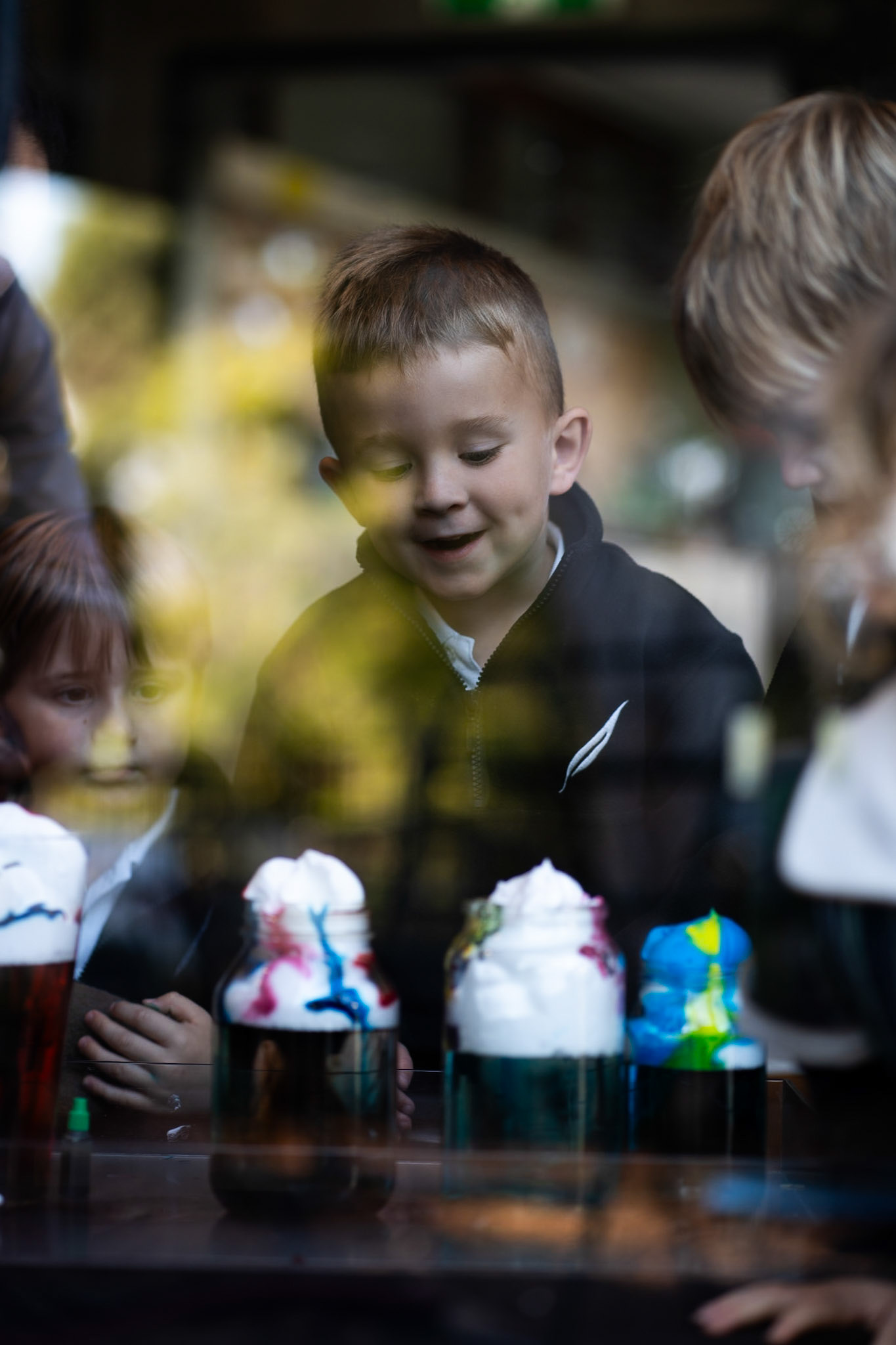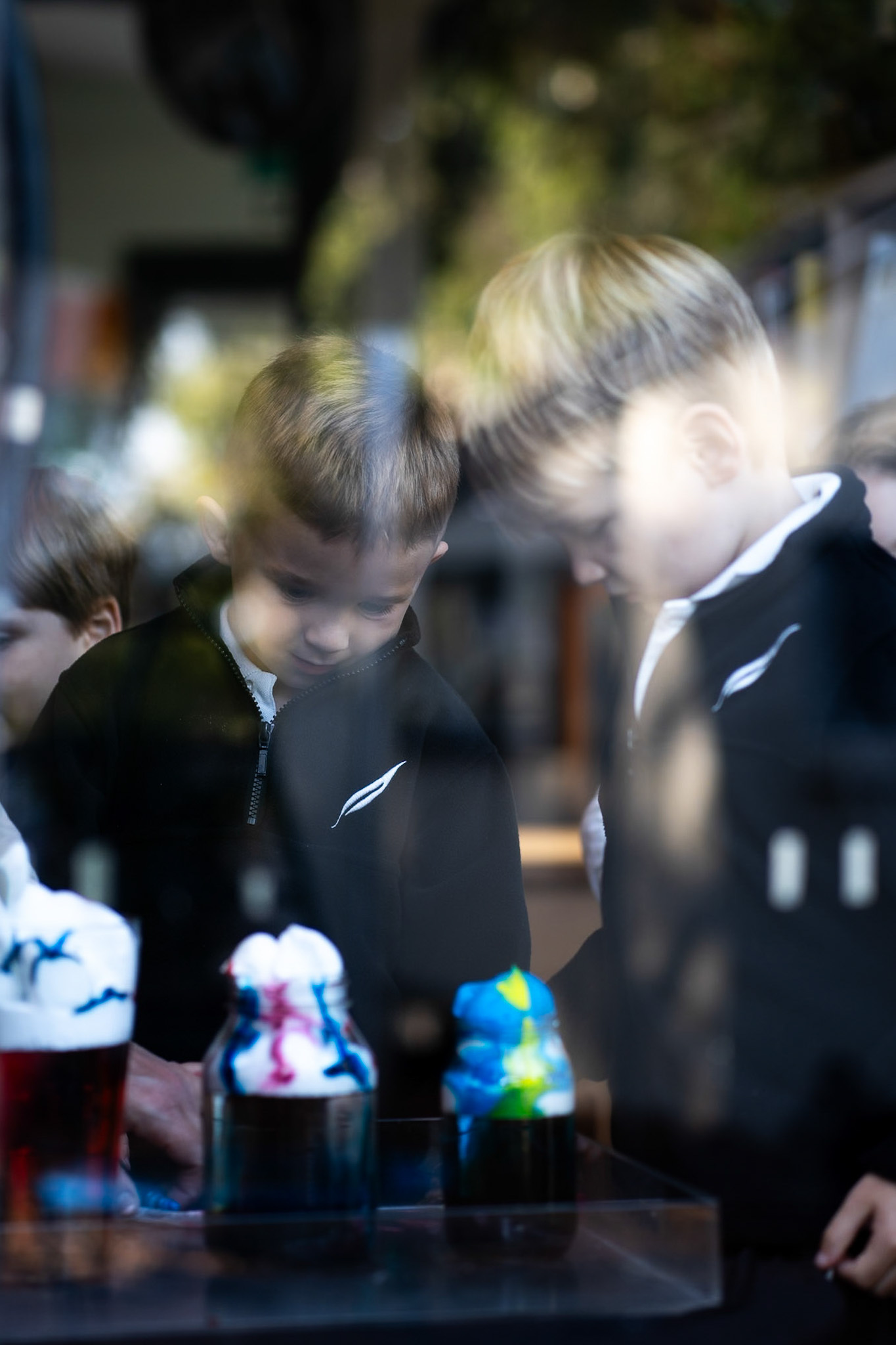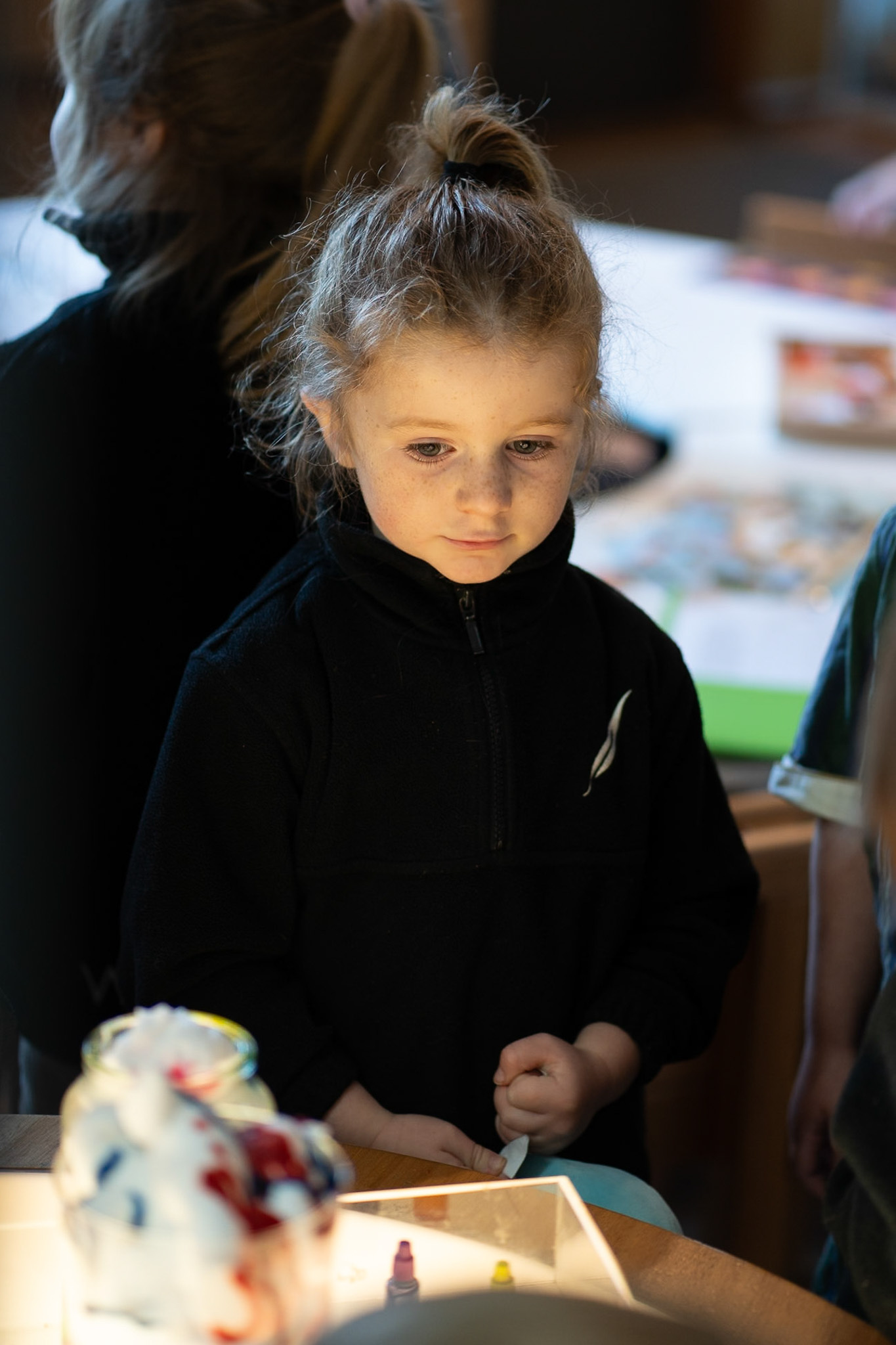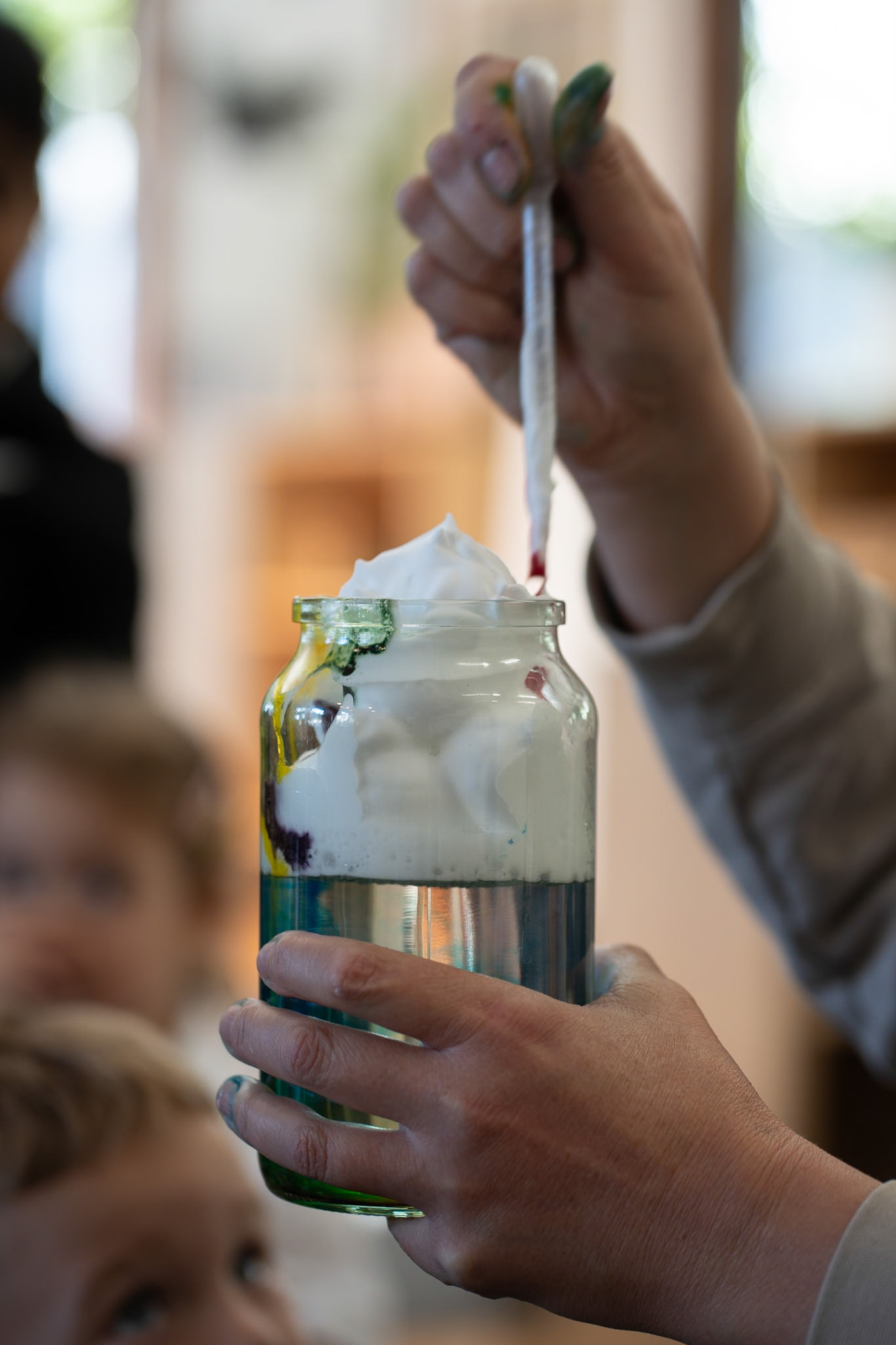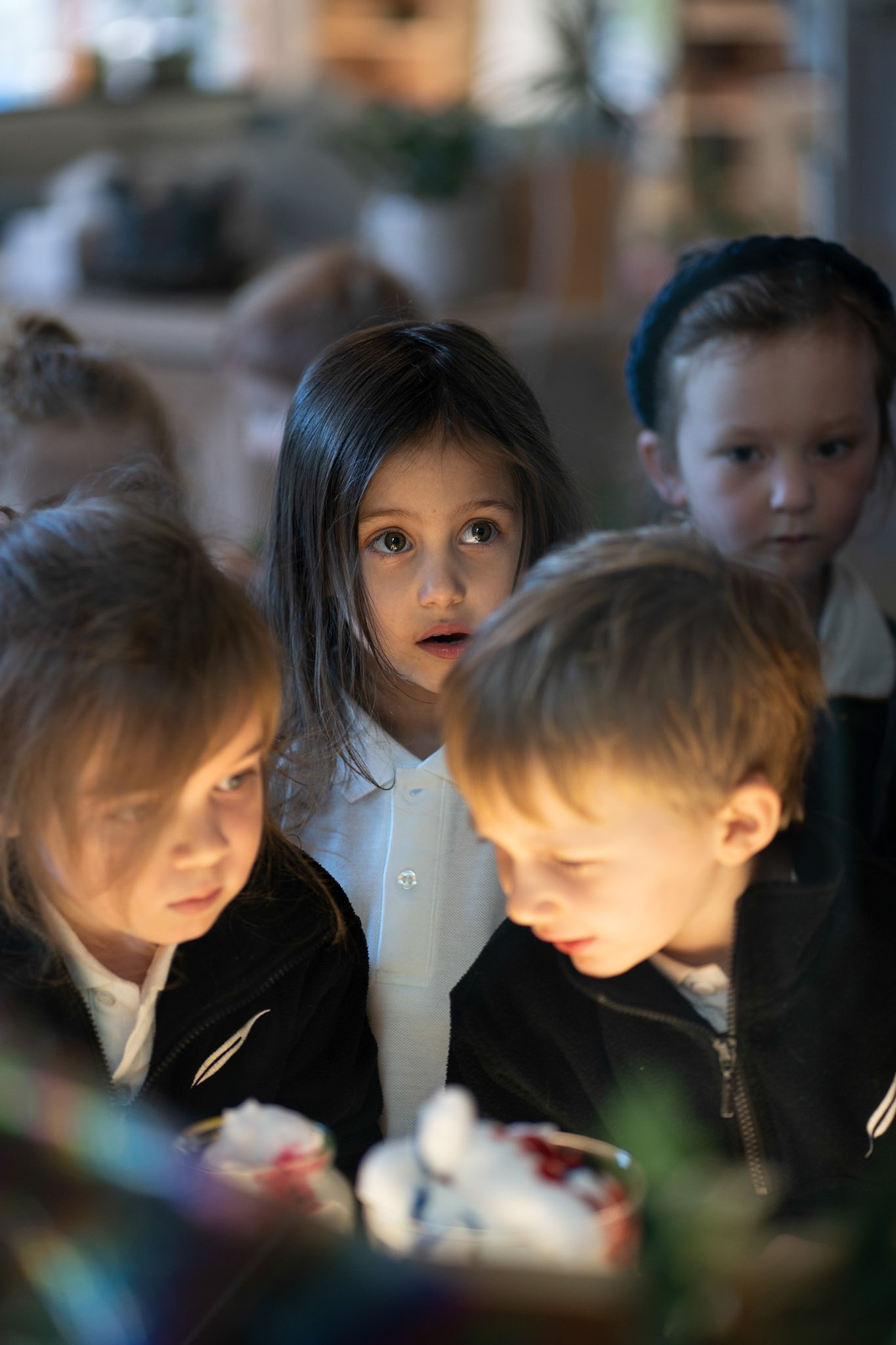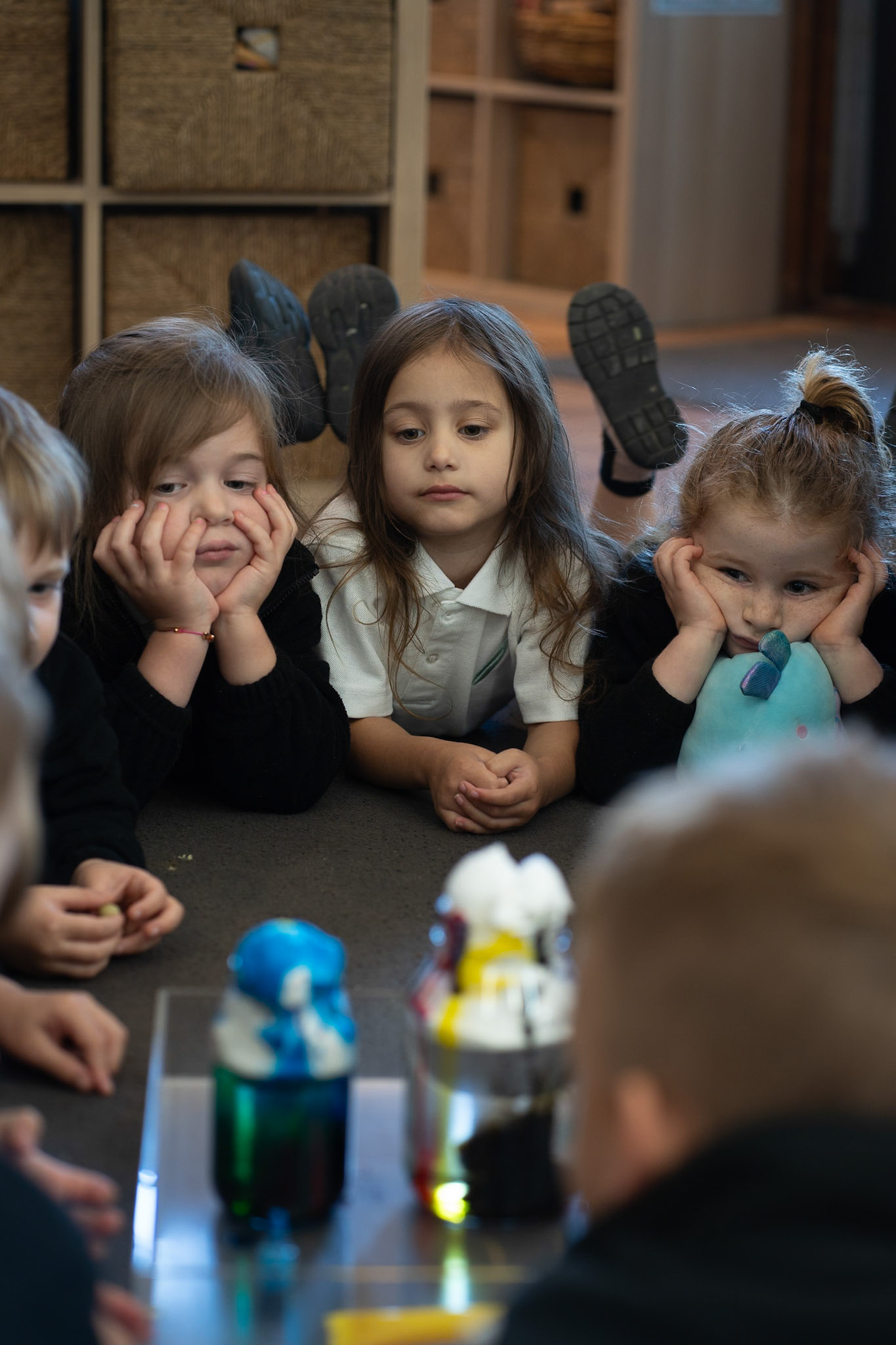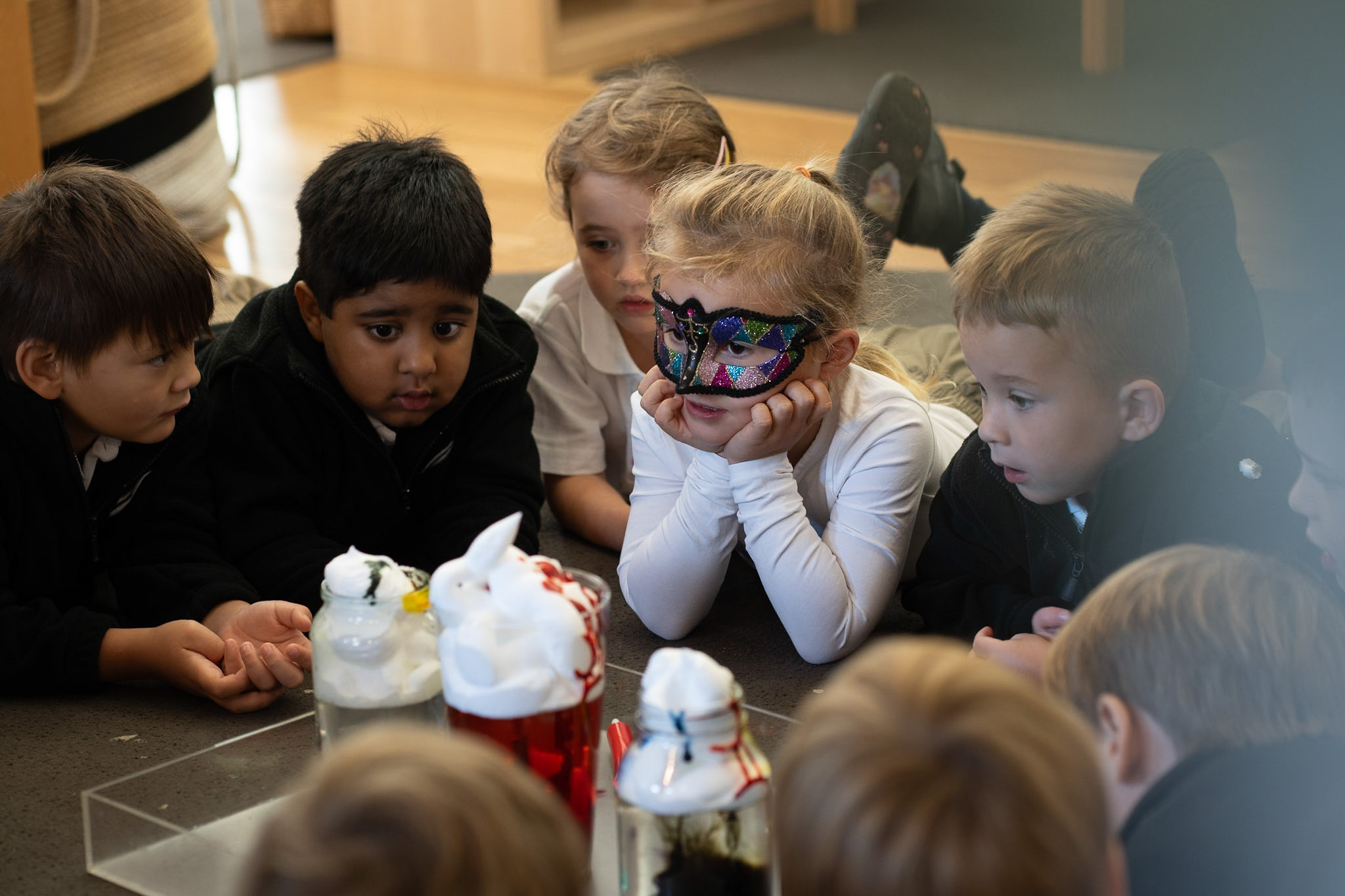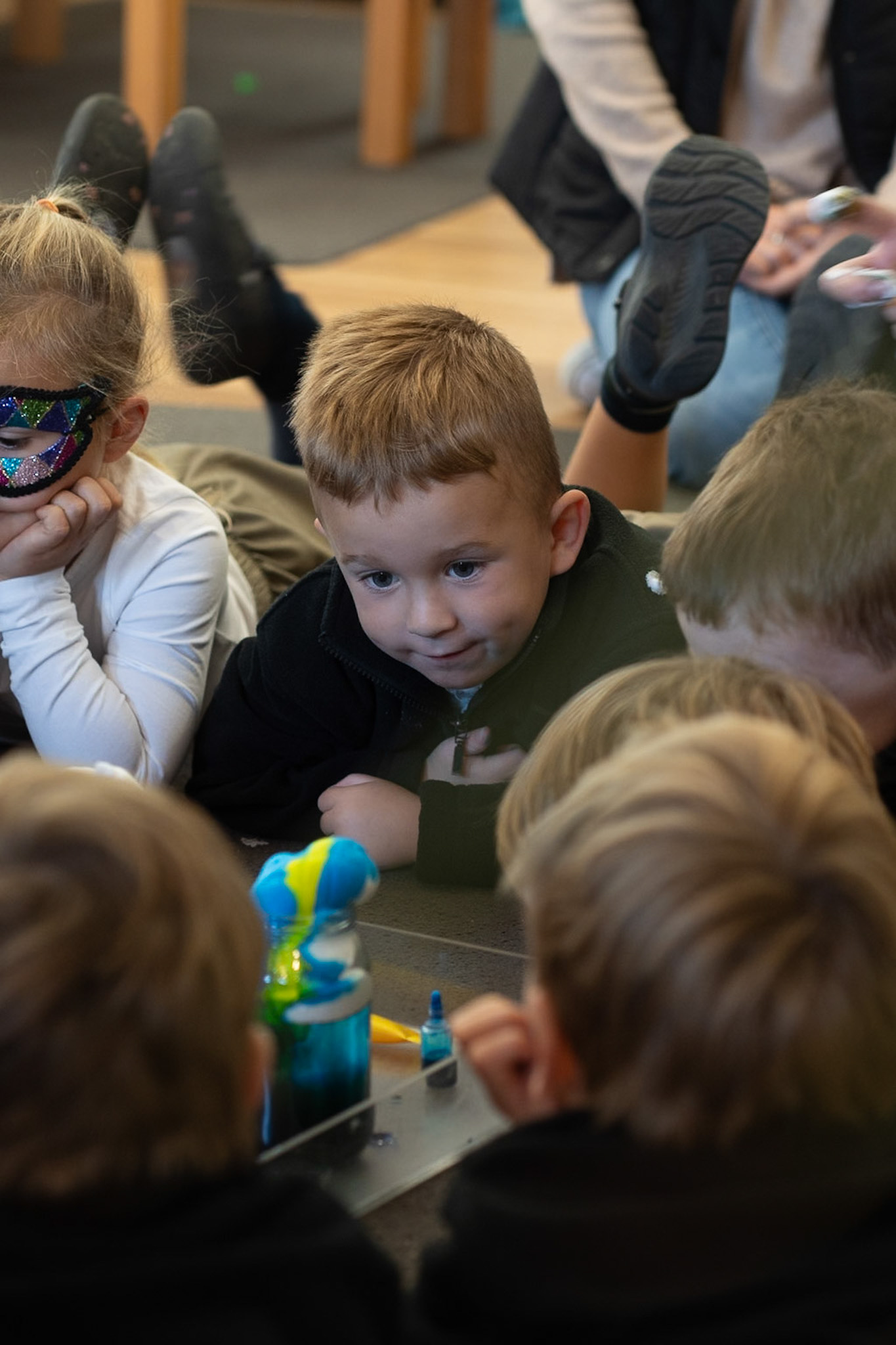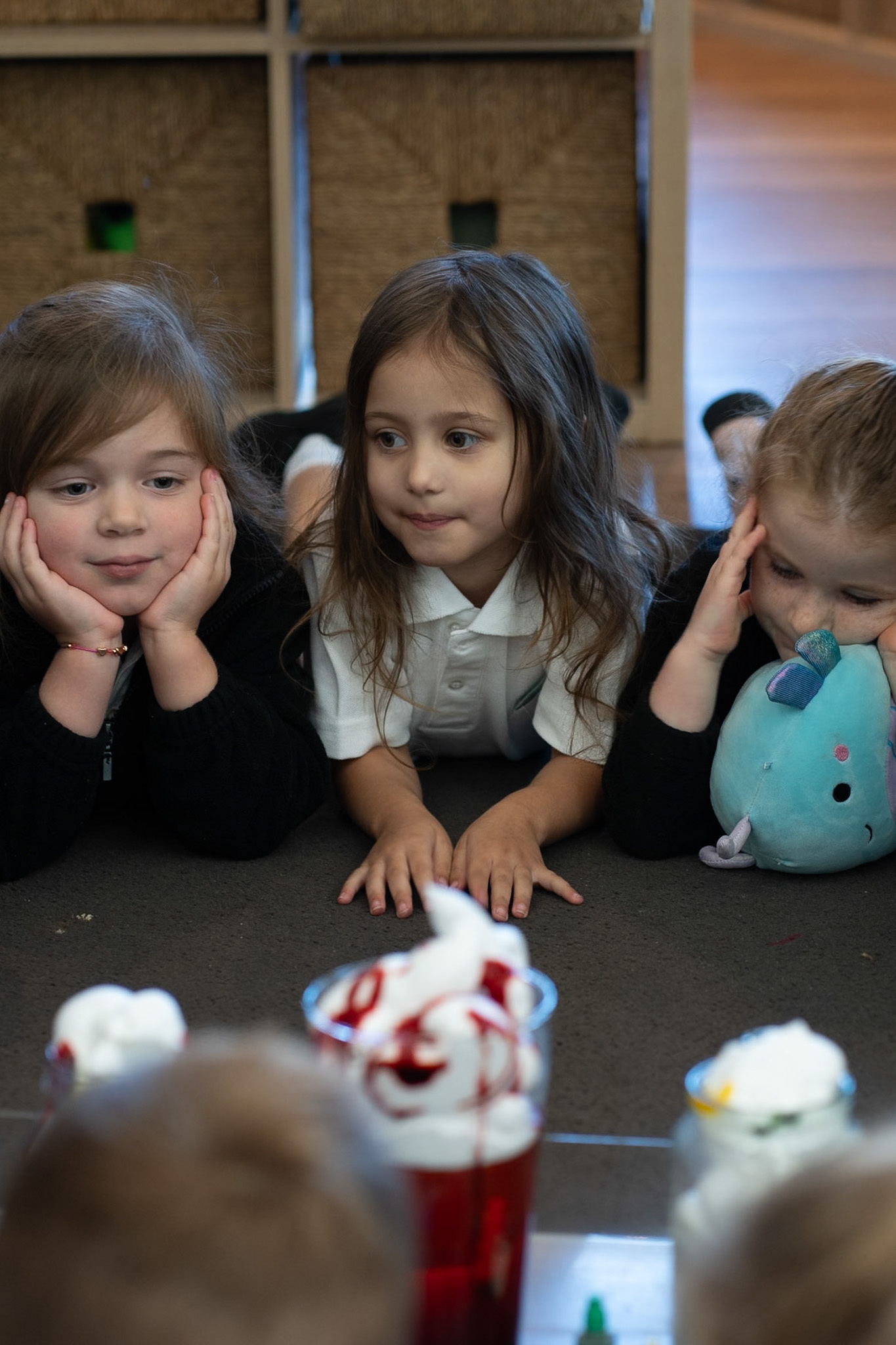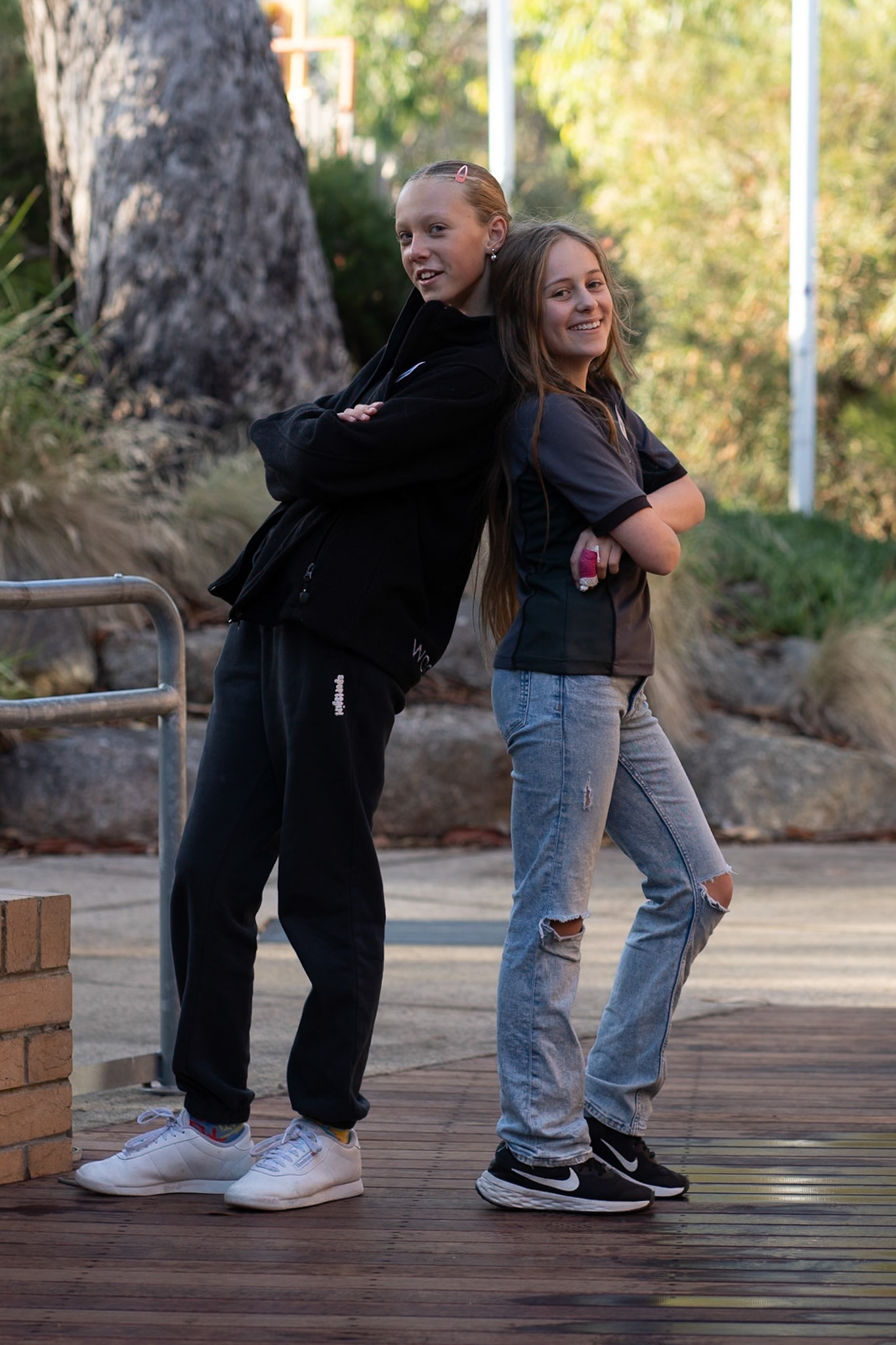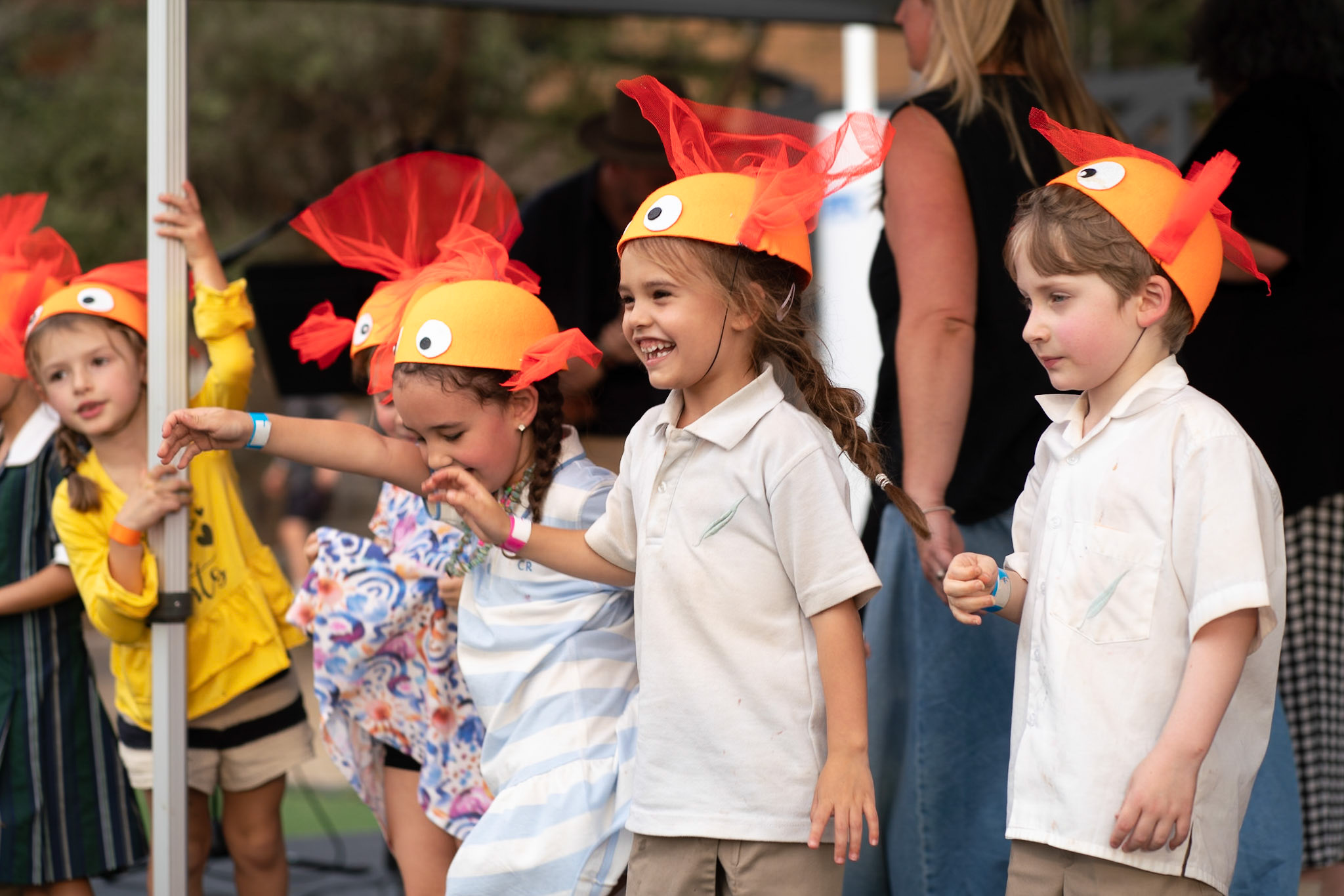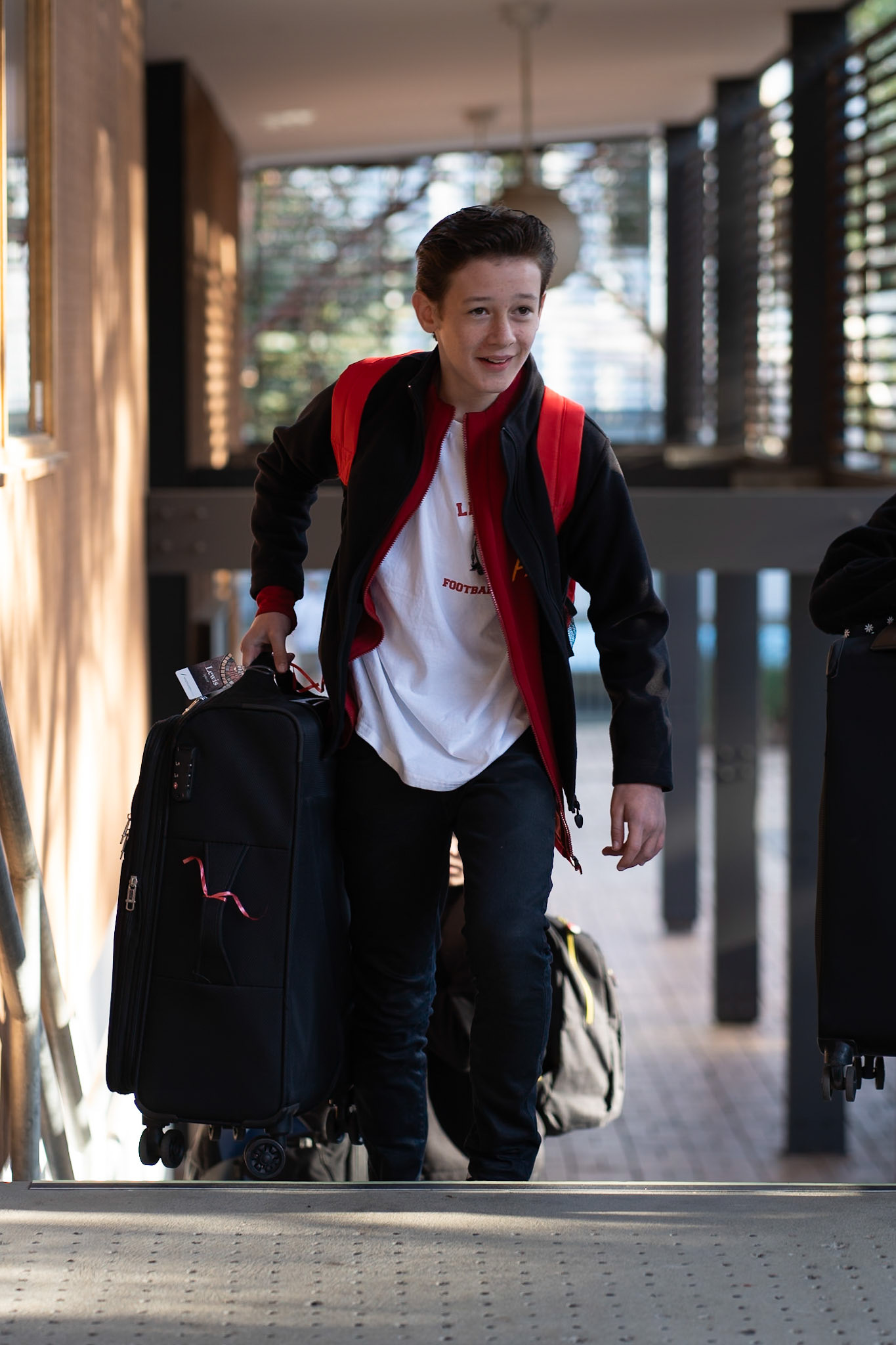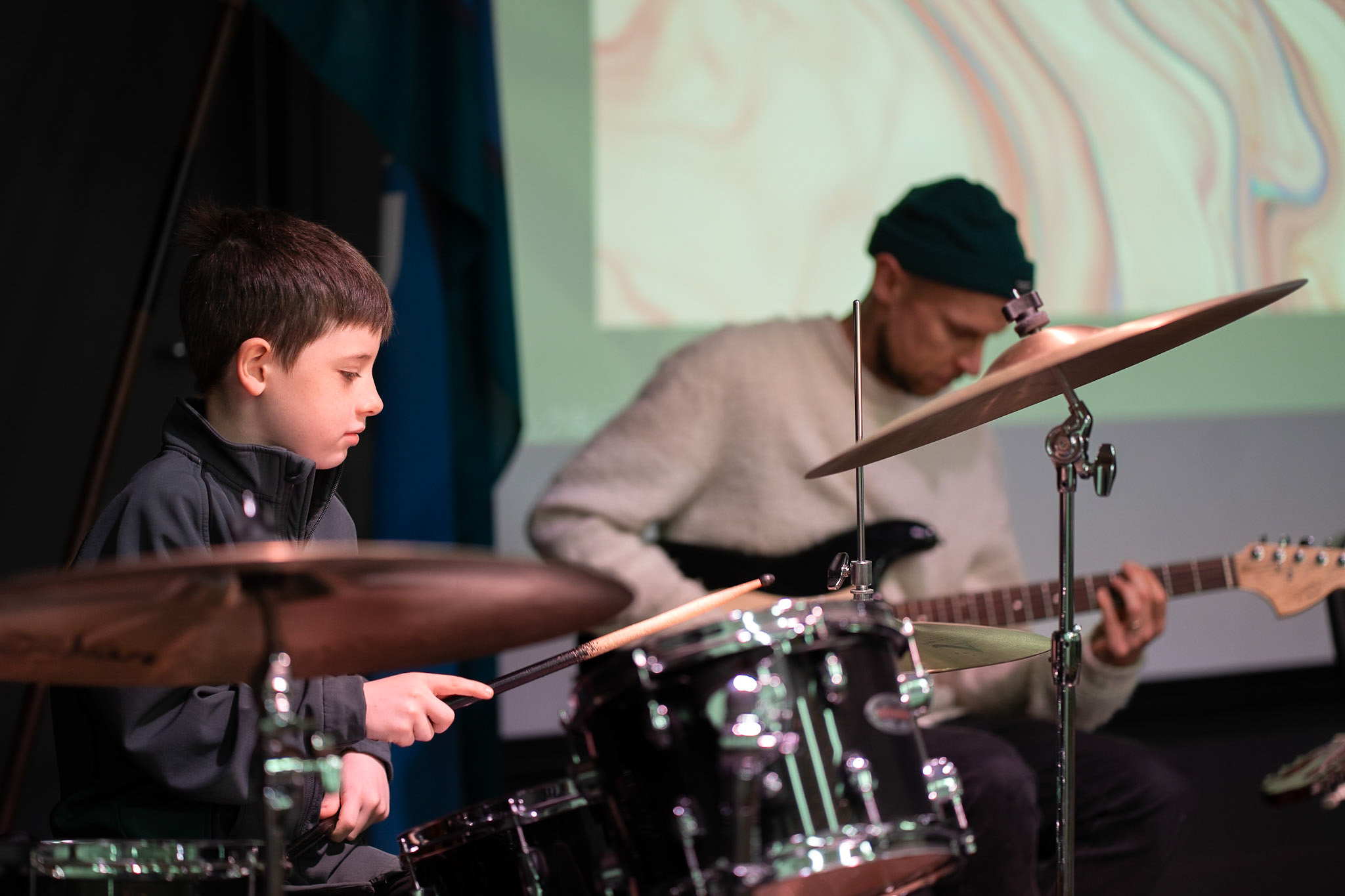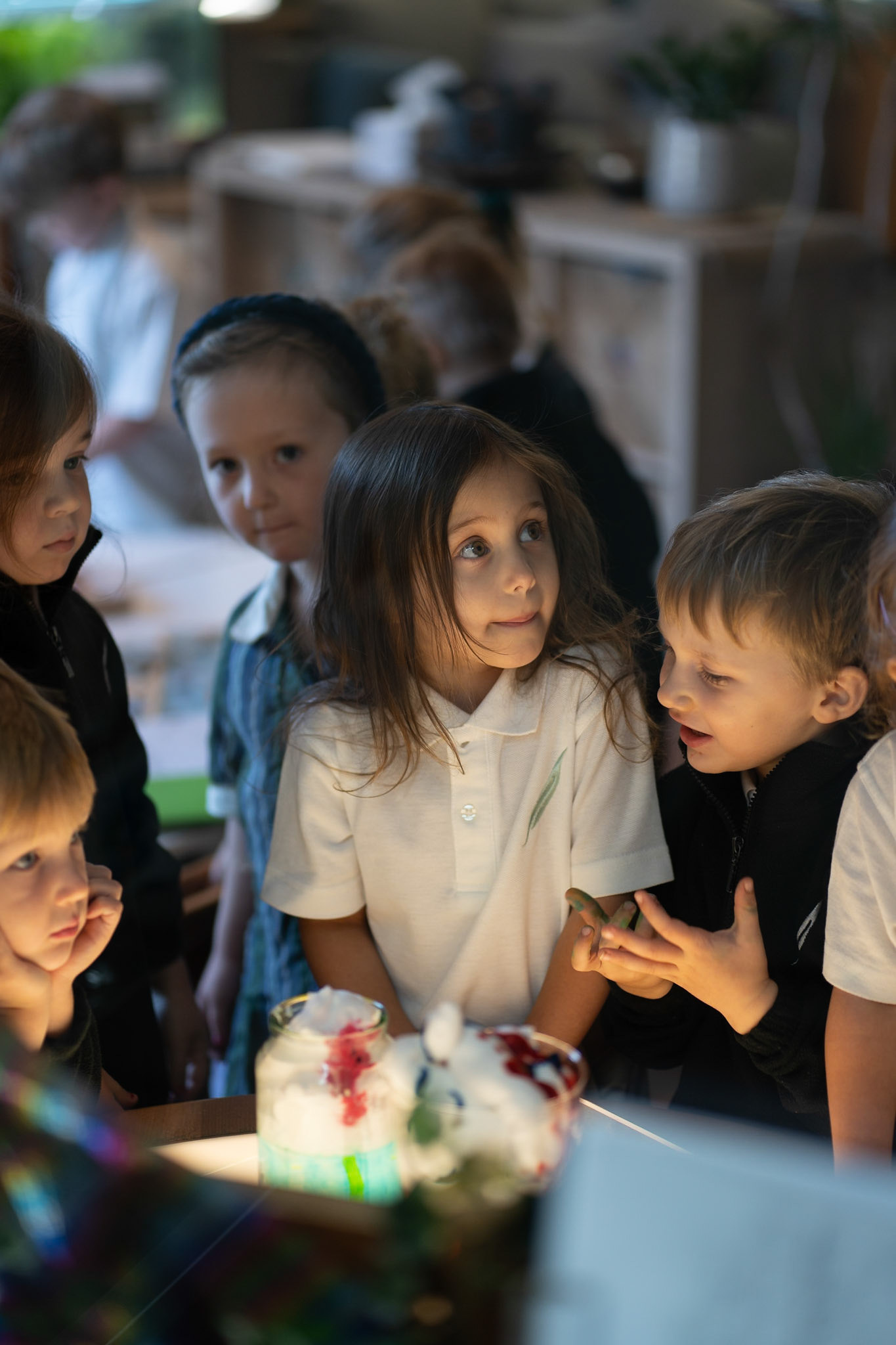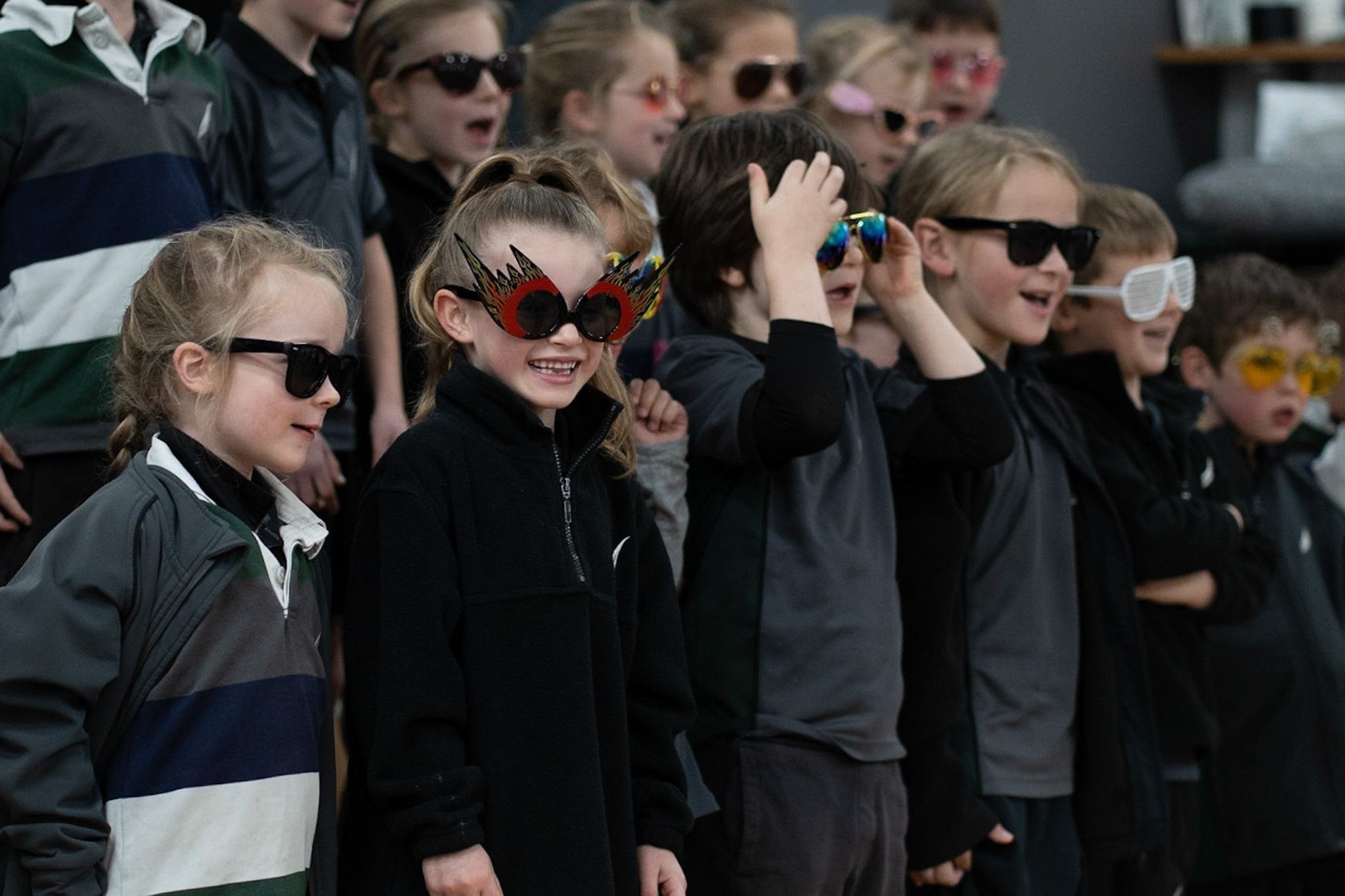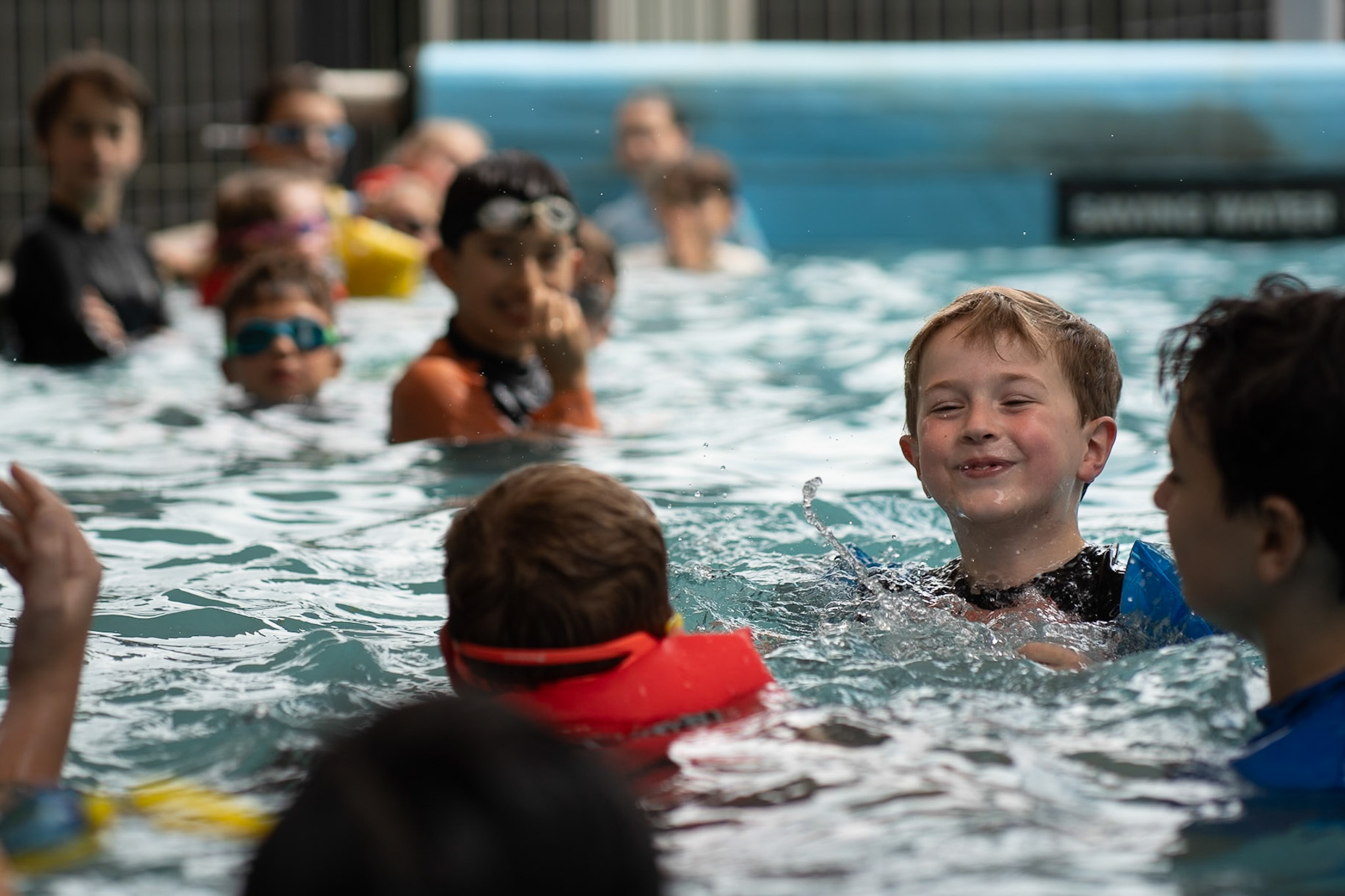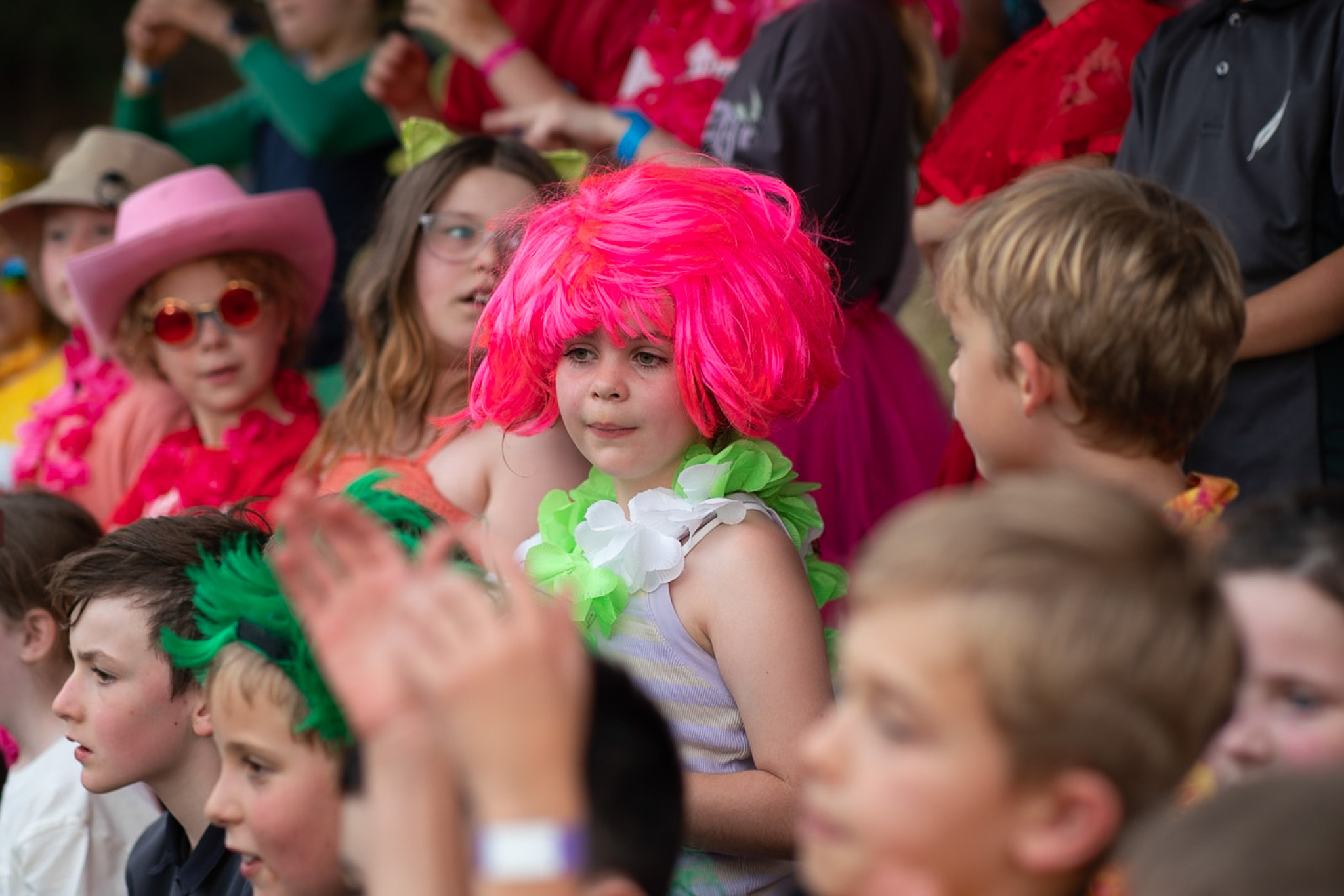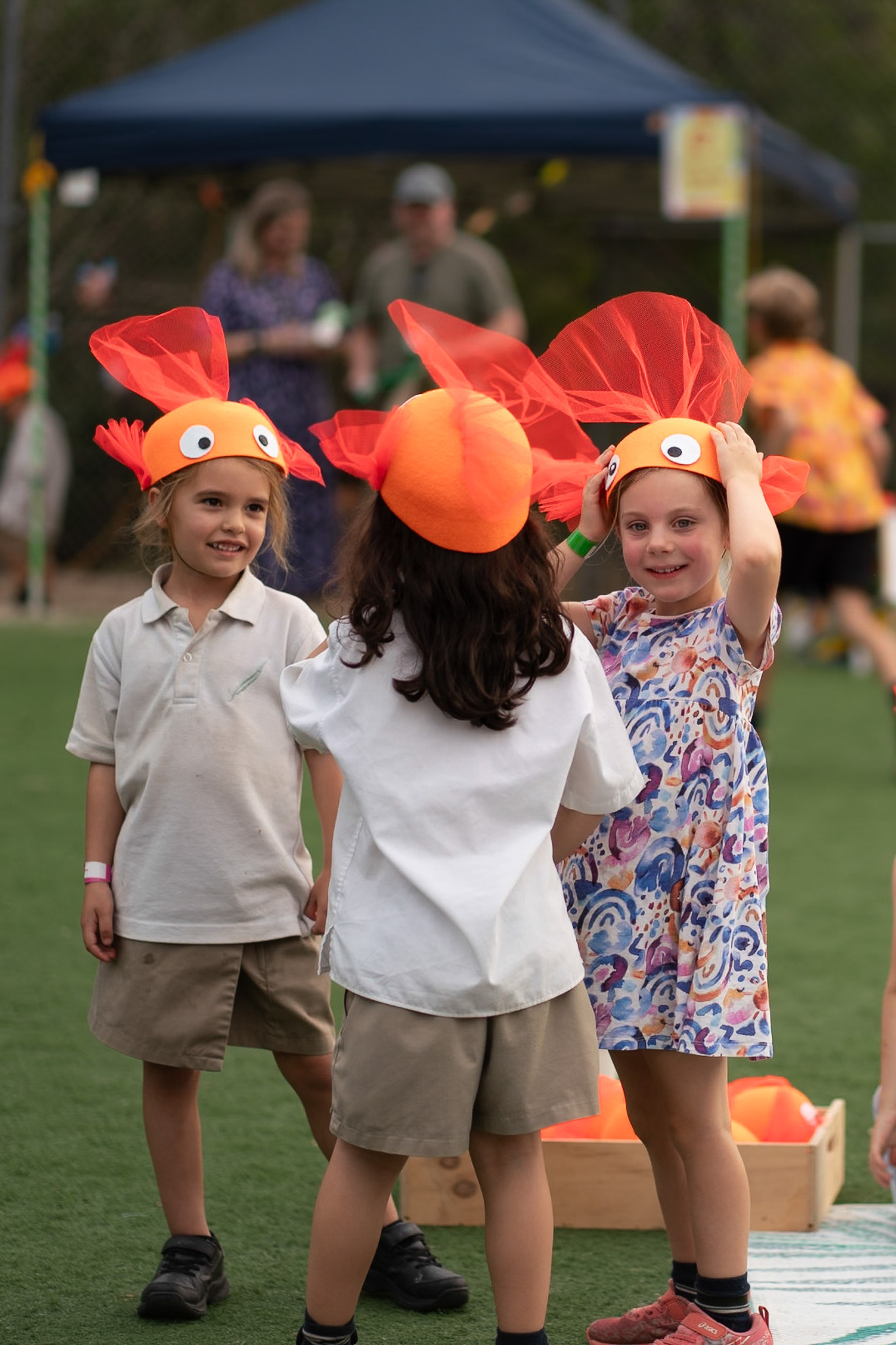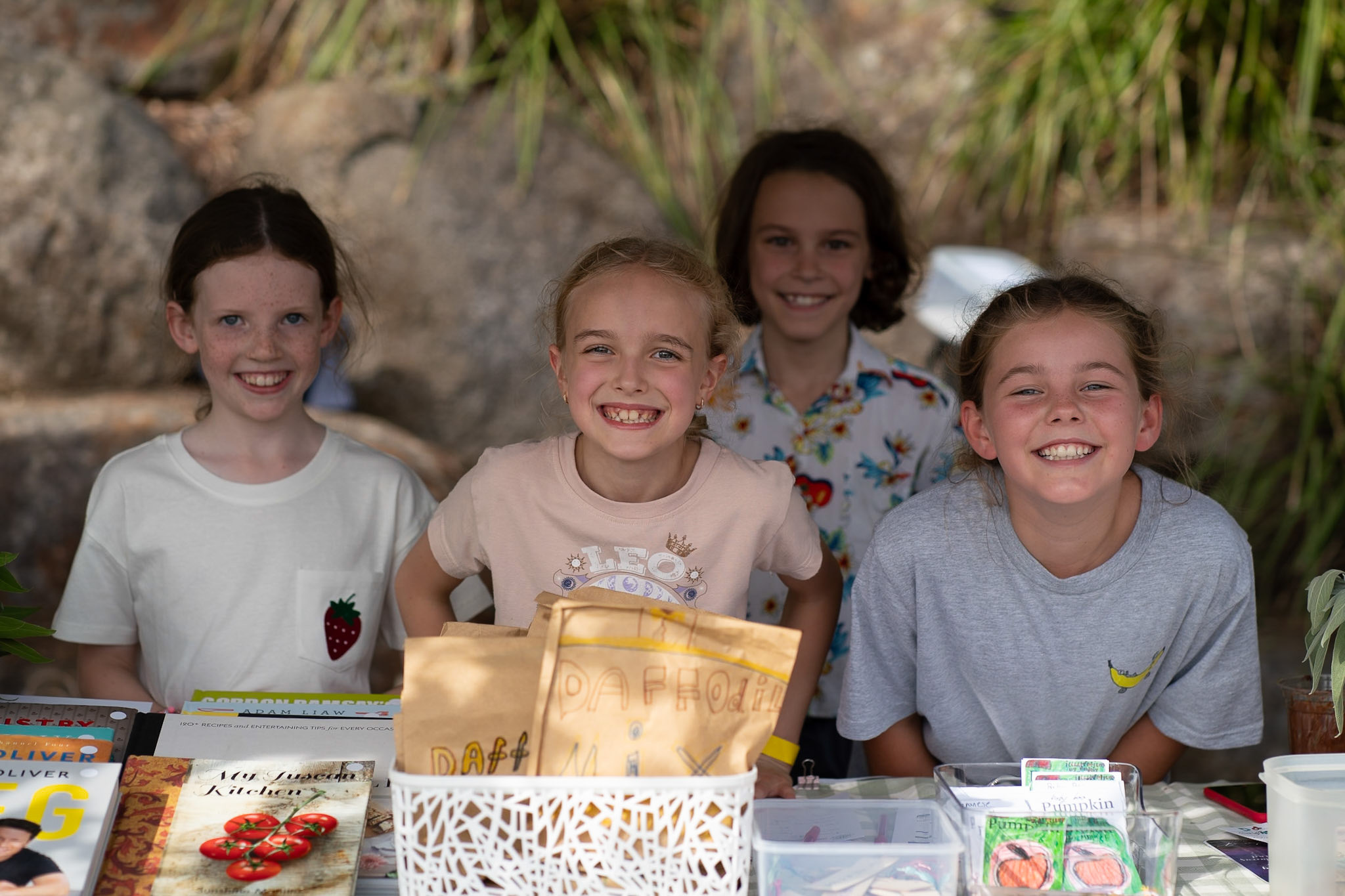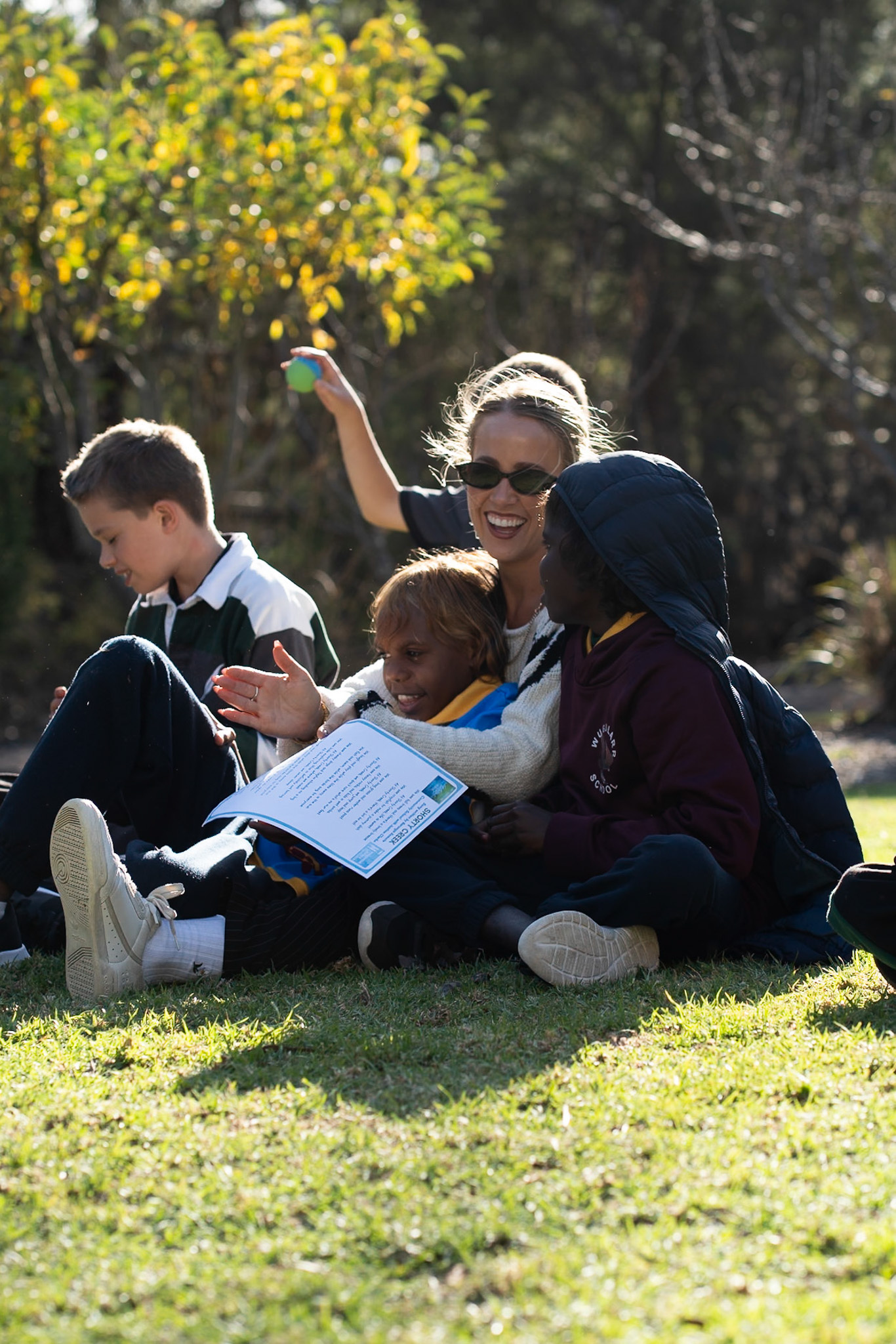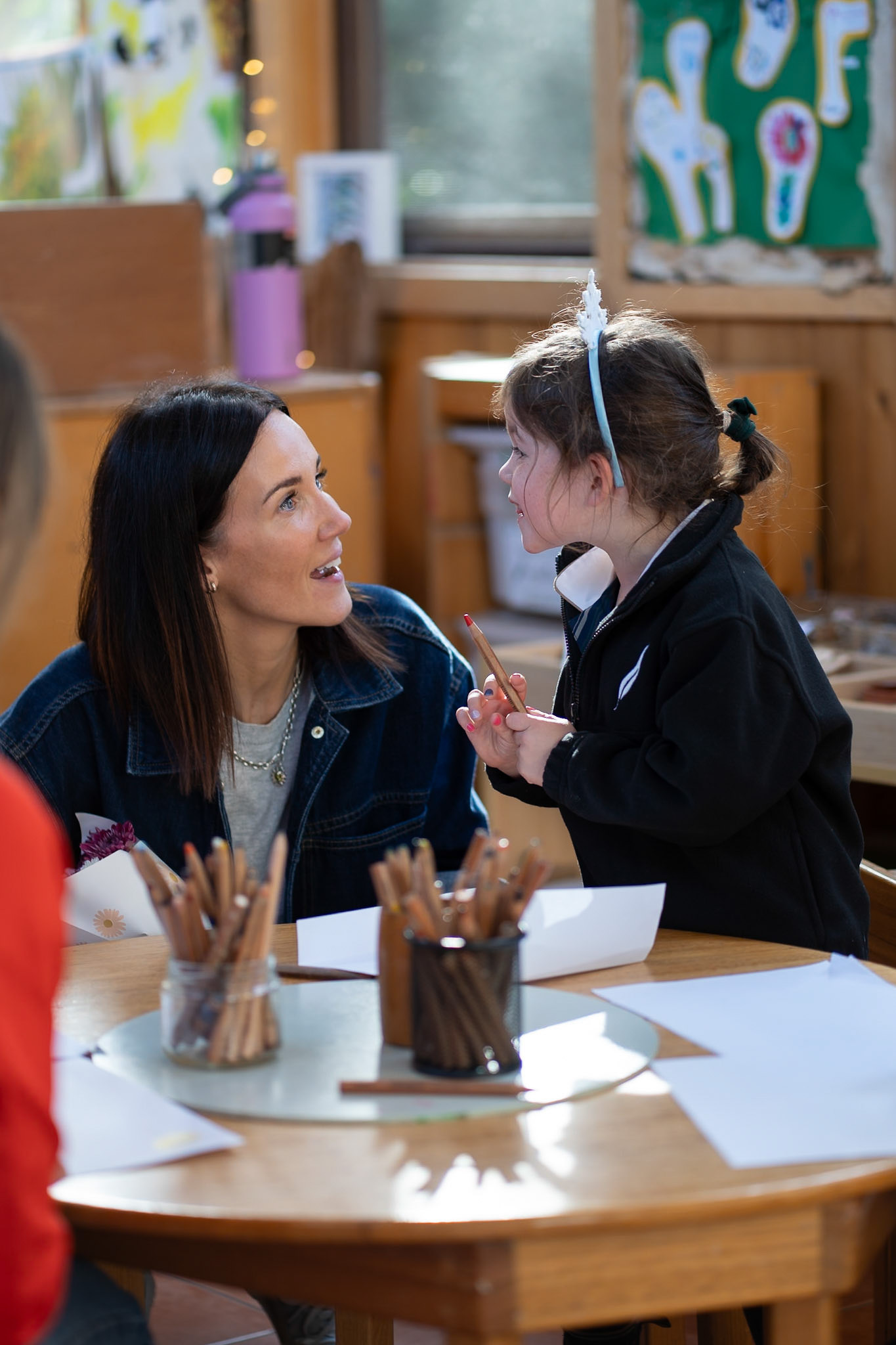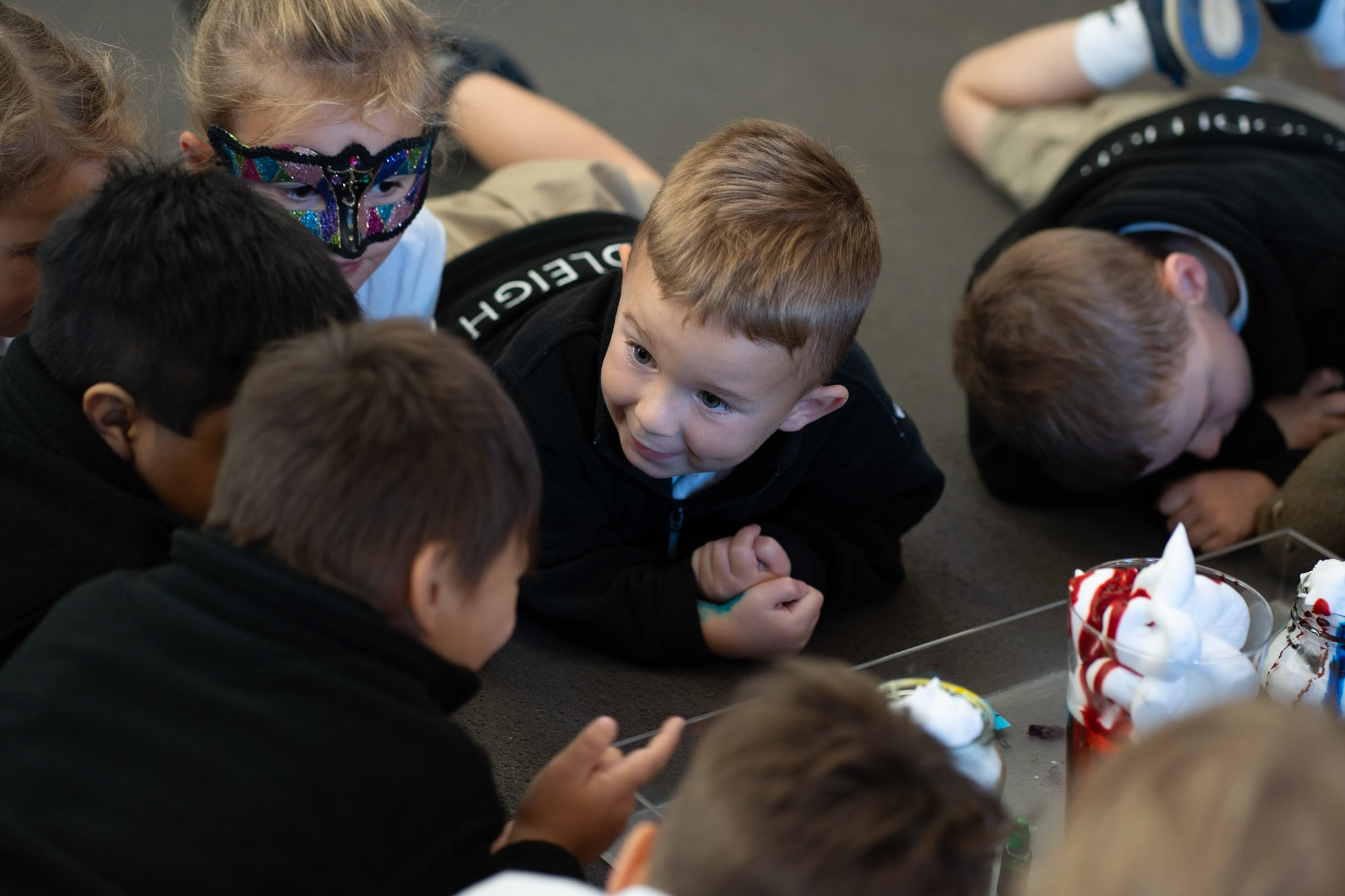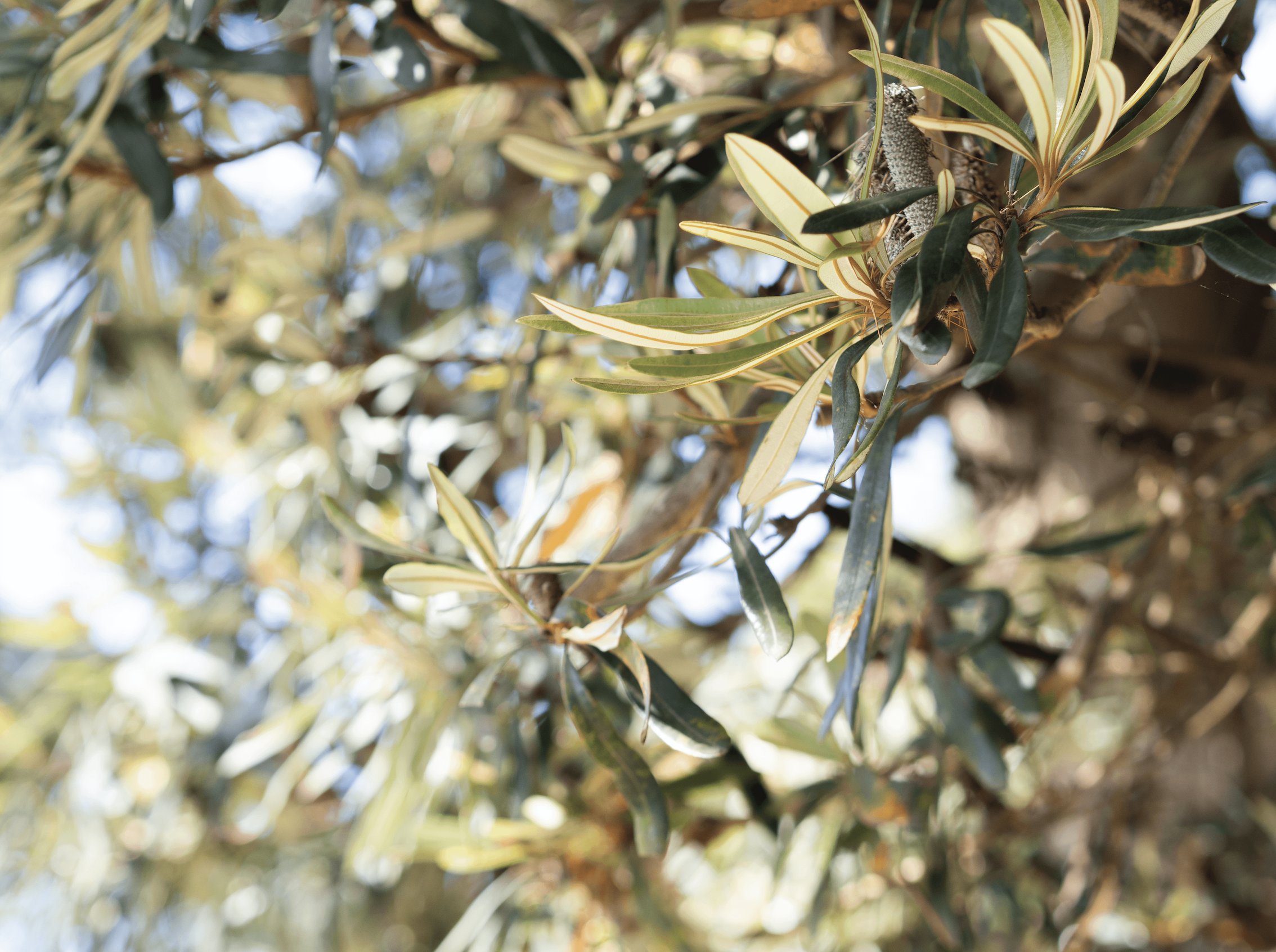
Valuing Childhood
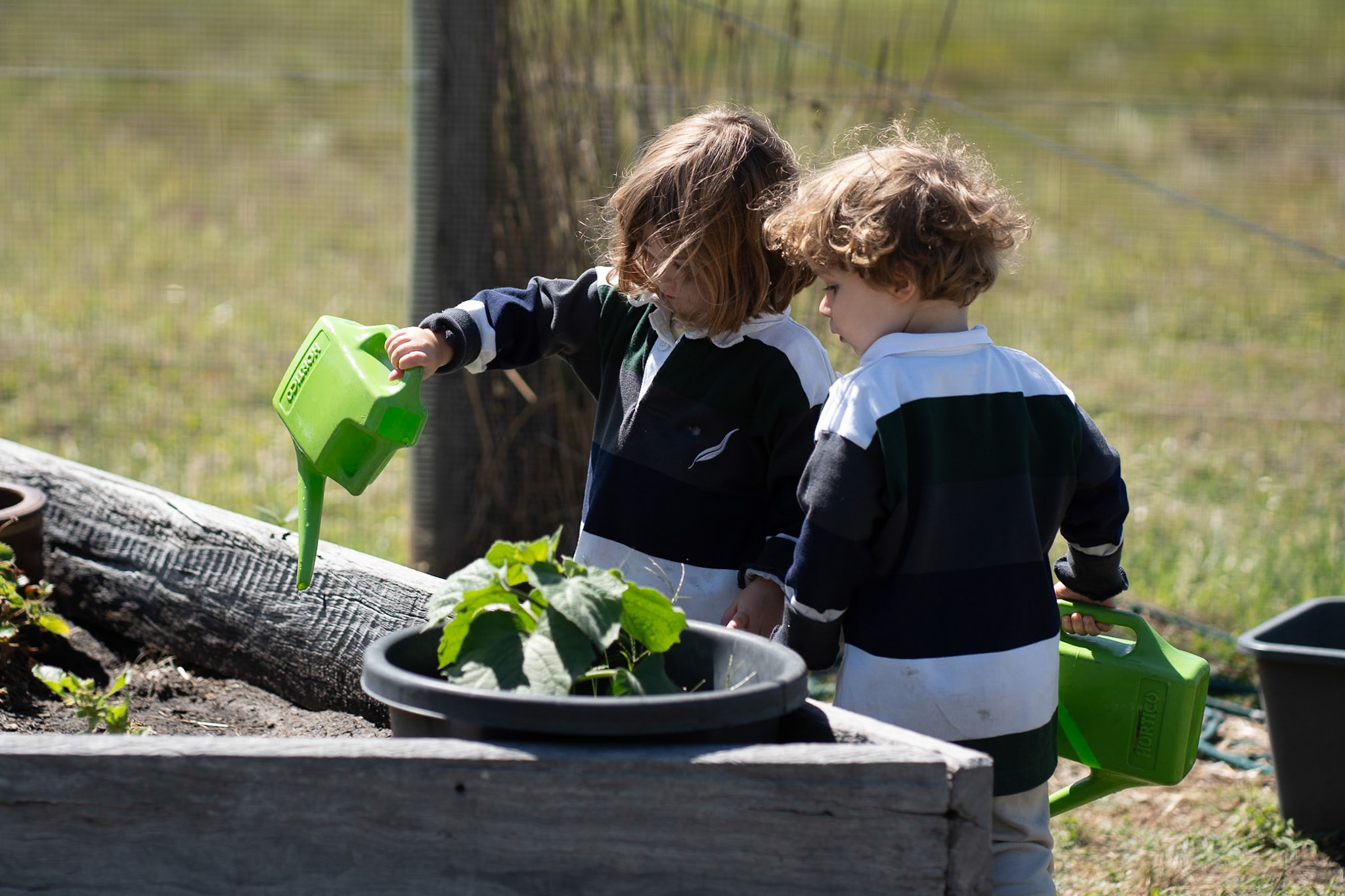
Childhood is not a race. It is a journey filled with curiosity, wonder and boundless possibilities. At Woodleigh, we hold firm in our belief that young people should not be hurried through these precious years, but instead be given the space to explore, play and grow in their own time. Childhood is sacred, a time of discovery and delight and as parents and educators, our role is to guide, nurture and support, not to rush or over-structure.
Loris Malaguzzi, founder of the Reggio Emilia approach, speaks of the ‘hundred languages of children’. It is a powerful reminder that children express themselves in infinite ways. Whether through art, music, storytelling, movement or quiet reflection, every child has a voice, a way of understanding the world, and a deep well of imagination. Our job is to honour these voices, to listen deeply and to provide opportunities for them to flourish.
Stephen Sondheim’s poignant lyrics in ‘Children Will Listen’ remind us that young people absorb everything around them; our words, our actions and our pace of life. They watch as we hurry from one task to the next and they internalise our sense of urgency. Yet they also notice when we slow down, when we savour a moment, when we allow them to simply be. As the song so beautifully states: Guide them, but don’t confine them, words that resonate deeply in our approach to learning and childhood.
At Woodleigh, we embrace childhood in all its richness. We believe in the value of play, in the joy of deep inquiry, in the magic of storytelling and in the importance of unhurried learning. We see each child as a capable, competent and creative individual and we celebrate their journey with patience and care.
To our parents: you are your child’s first and most important teacher. Your presence and your willingness to let them take their time is a gift beyond measure. Let’s walk this journey together, cherishing childhood for the fleeting and extraordinary season that it is.

No way, the hundred is there – Loris Malaguzzi
The child
is made of one hundred.
The child has
a hundred languages
a hundred hands
a hundred thoughts
a hundred ways of thinking
of playing, of speaking.
A hundred always a hundred
ways of listening
of marvelling of loving
a hundred joys
for singing and understanding
a hundred worlds
to discover
a hundred worlds
to invent
a hundred worlds
to dream.
The child has
a hundred languages
(and a hundred hundred hundred more)
but they steal ninety-nine.

The school and the culture
separate the head from the body.
They tell the child:
to think without hands
to do without head
to listen and not to speak
to understand without joy
to love and to marvel
only at Easter and Christmas.
They tell the child:
to discover the world already there
and of the hundred
they steal ninety-nine.
They tell the child:
that work and play
reality and fantasy
science and imagination
sky and earth
reason and dream
are things
that do not belong together.
And thus they tell the child
that the hundred is not there.
The child says:
No way. The hundred is there.
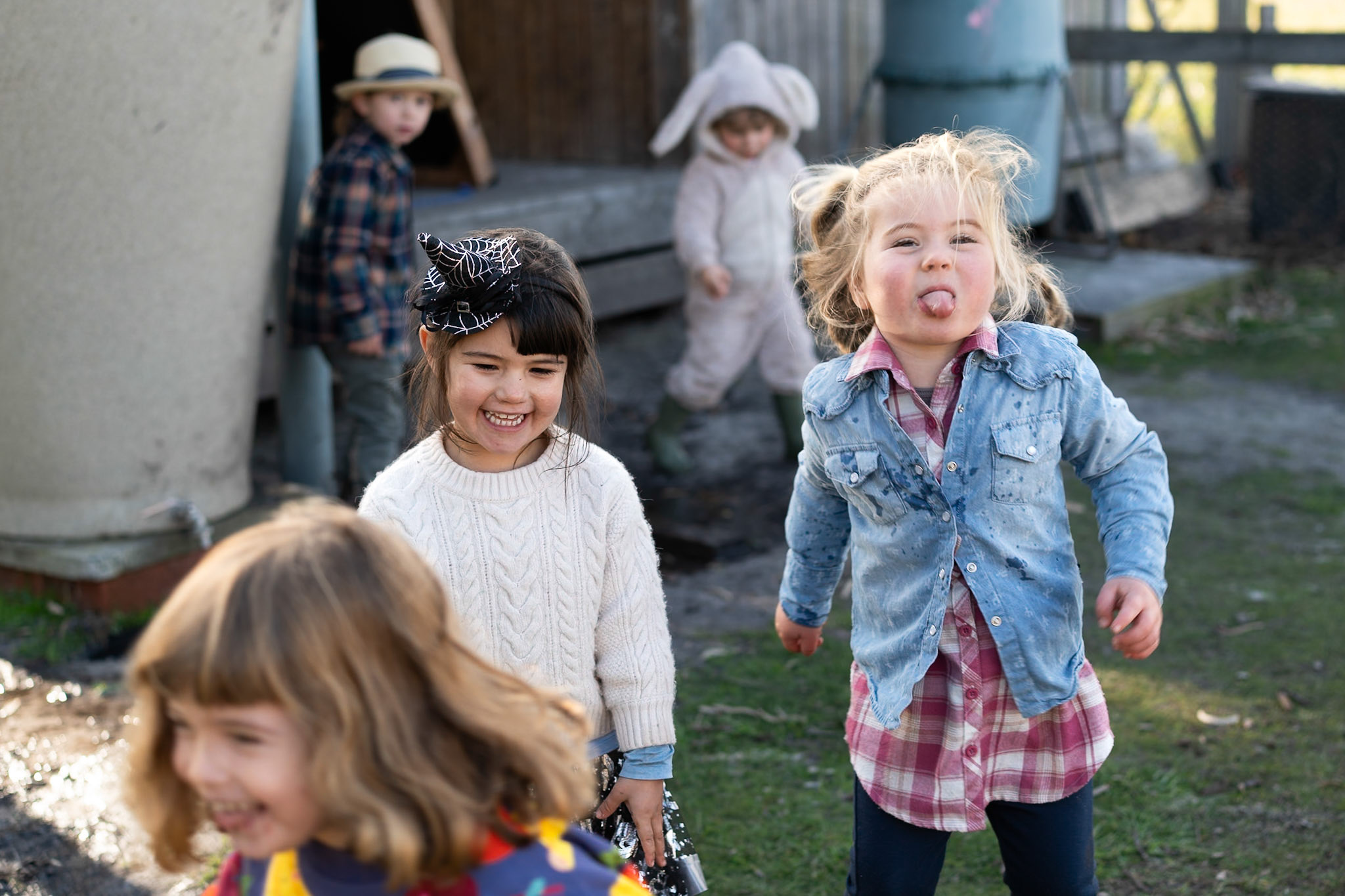
Children Will Listen – Stephen Sondheim
Careful the things you say,
Children will listen.
Careful the things you do,
Children will see.
And learn.
Children may not obey,
But children will listen.
Children will look to you
For which way to turn,
To learn what to be.
Careful before you say,
"Listen to me."
Children will listen.
Careful the wish you make,
Wishes are children.
Careful the path they take-
Wishes come true,
Not free.
Careful the spell you cast,
Not just on children.
Sometimes the spell may last
Past what you see
And turn against you...
Careful the tale you tell.
That is the spell.
Children will listen...
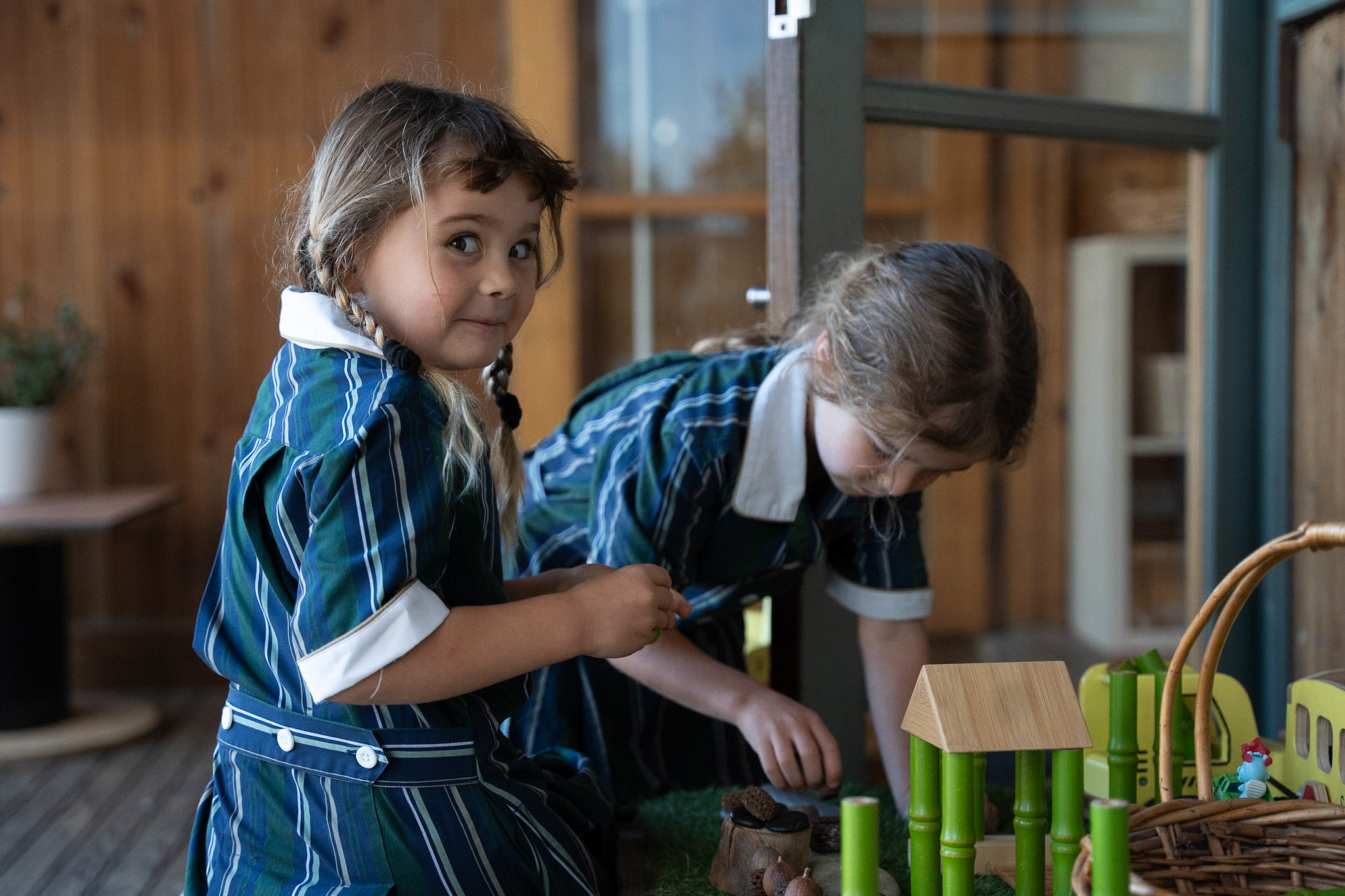
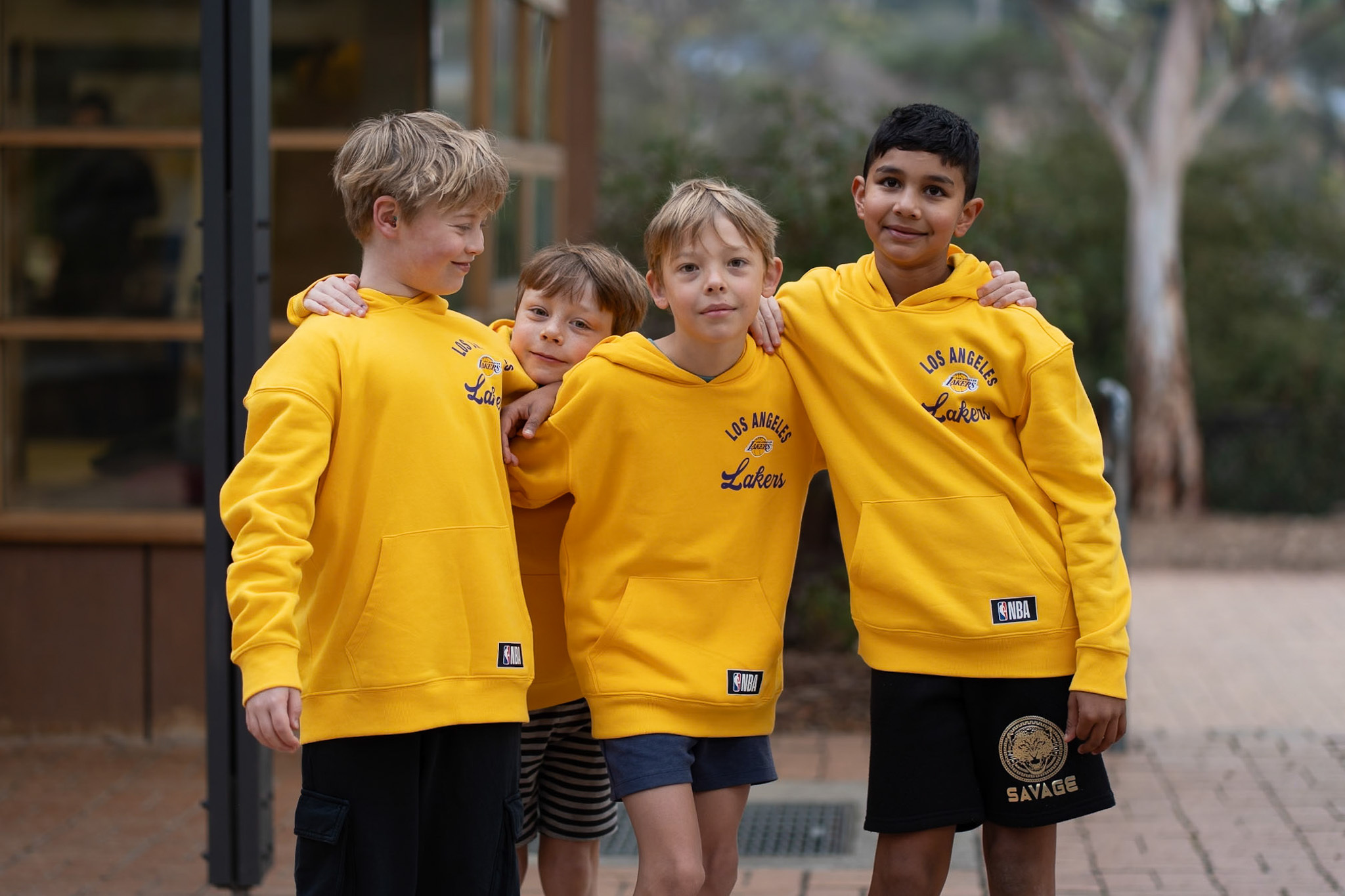
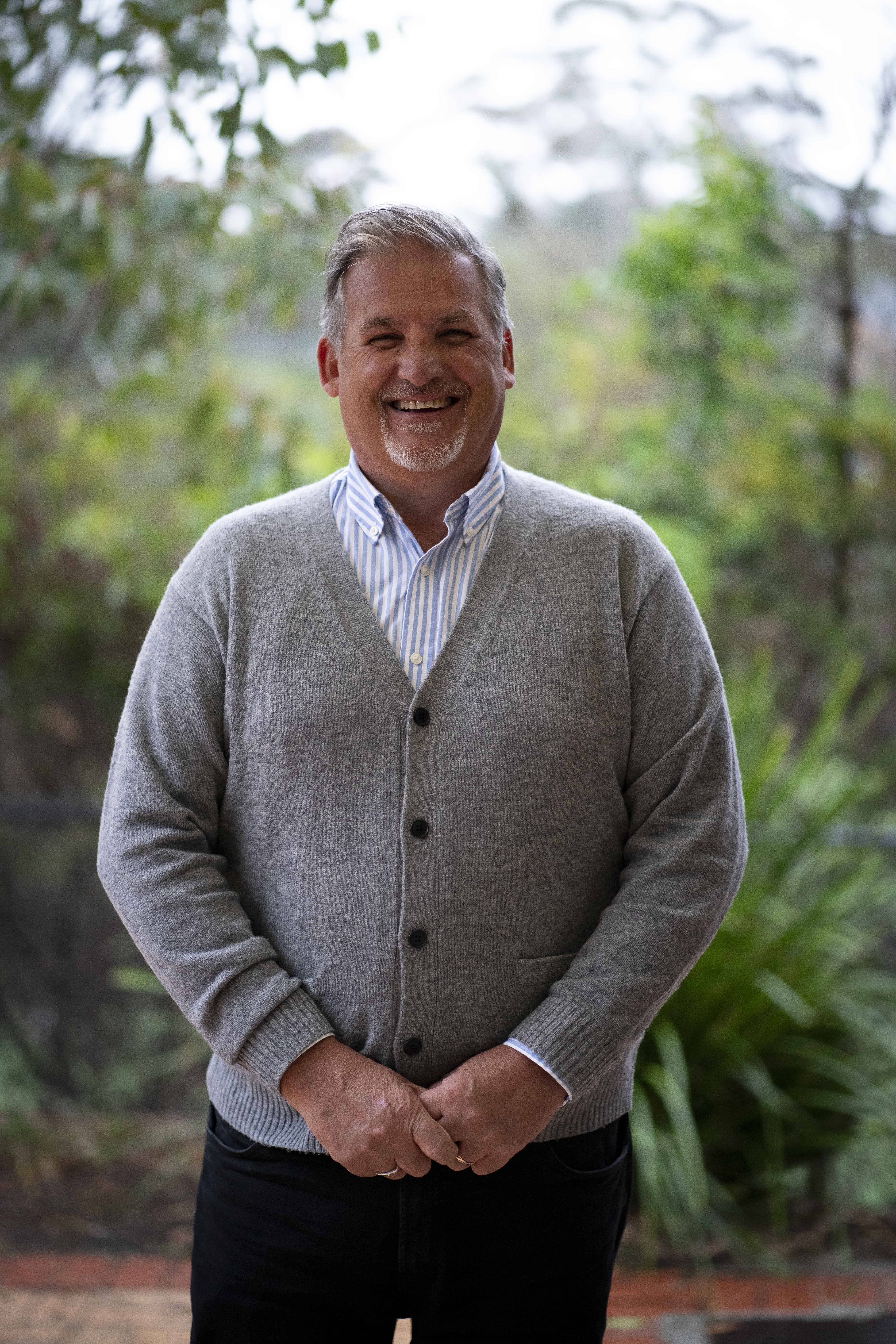
Share this article
Keep reading
More articles from Woodleigh School

Hayley Macpherson (Woodleigh, 2010) is a force in theoretical astrophysics, currently a NASA Einstein Fellow in Chicago. She's returning to Melbourne next year to take a highly coveted faculty position at the University of Melbourne.
Continue Reading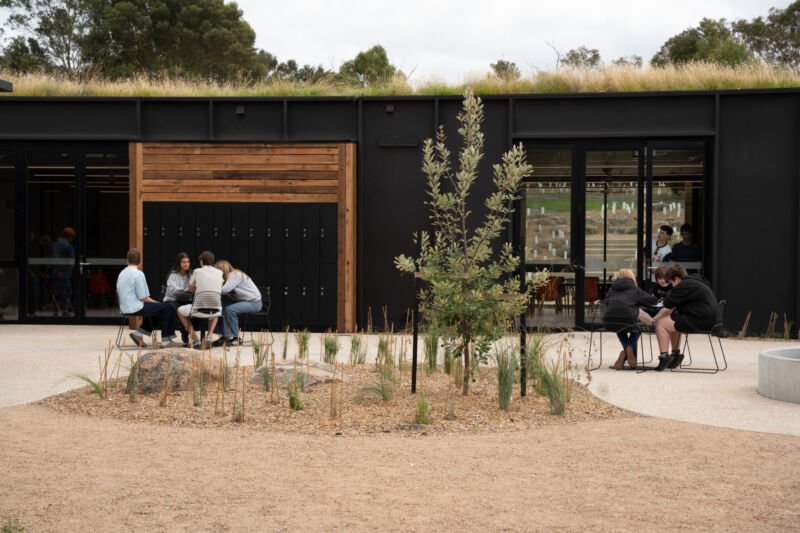
Woodleigh’s Futures Studio added another string to its bow in June, becoming a 2025 Victorian Architecture Awards Winner.
Continue Reading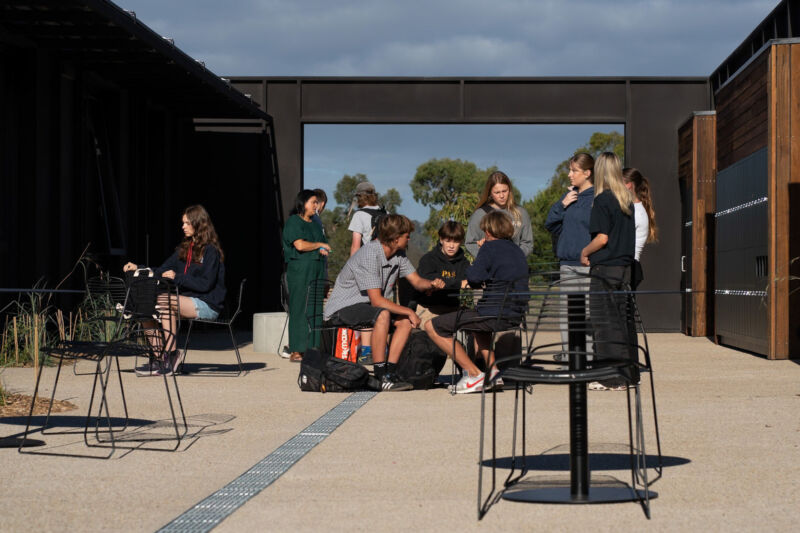
There is a gap between what traditional schooling provides and what society now needs. — Andreas Schleicher, Director of OECD Schools+ Network
Continue Reading